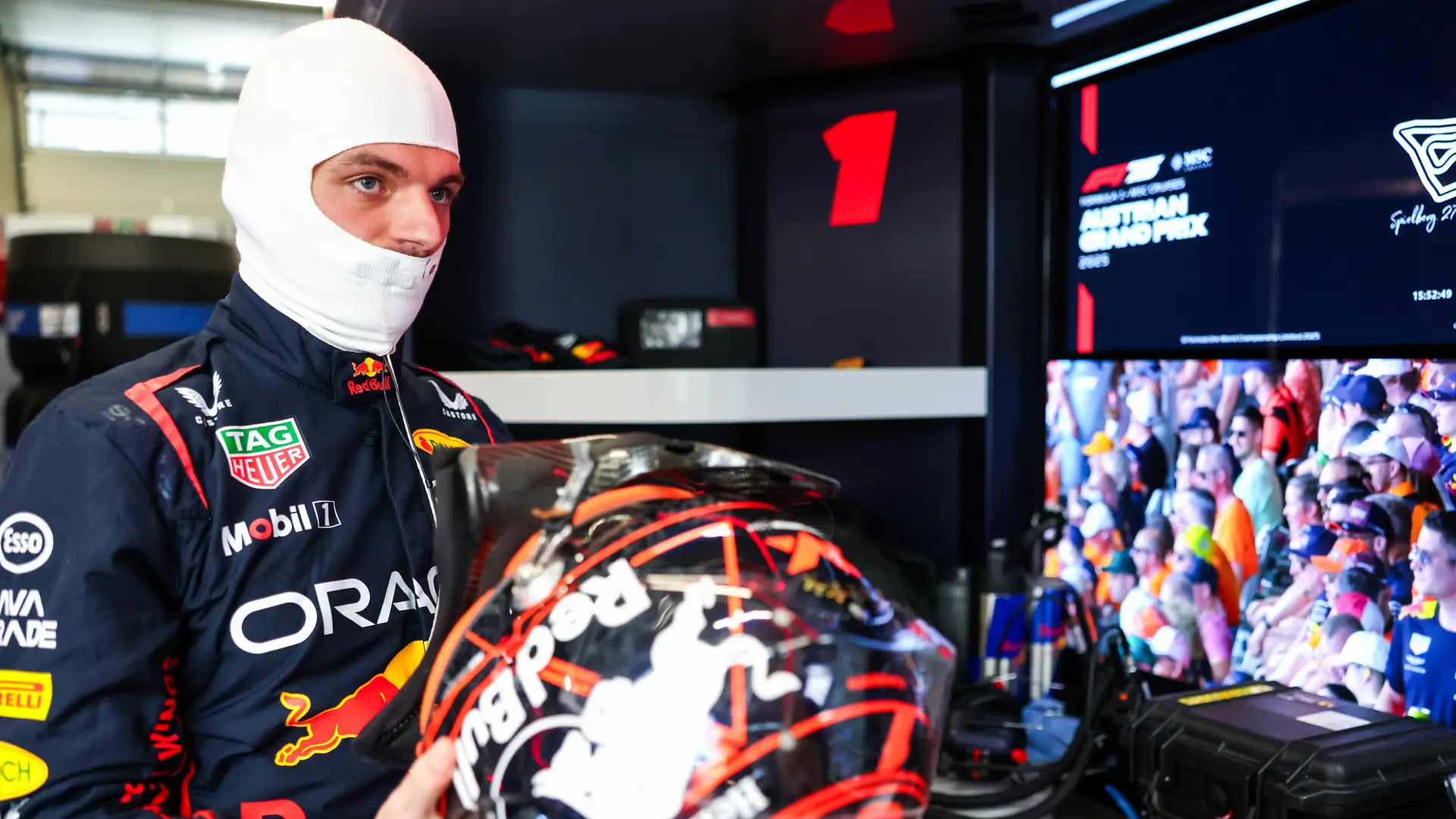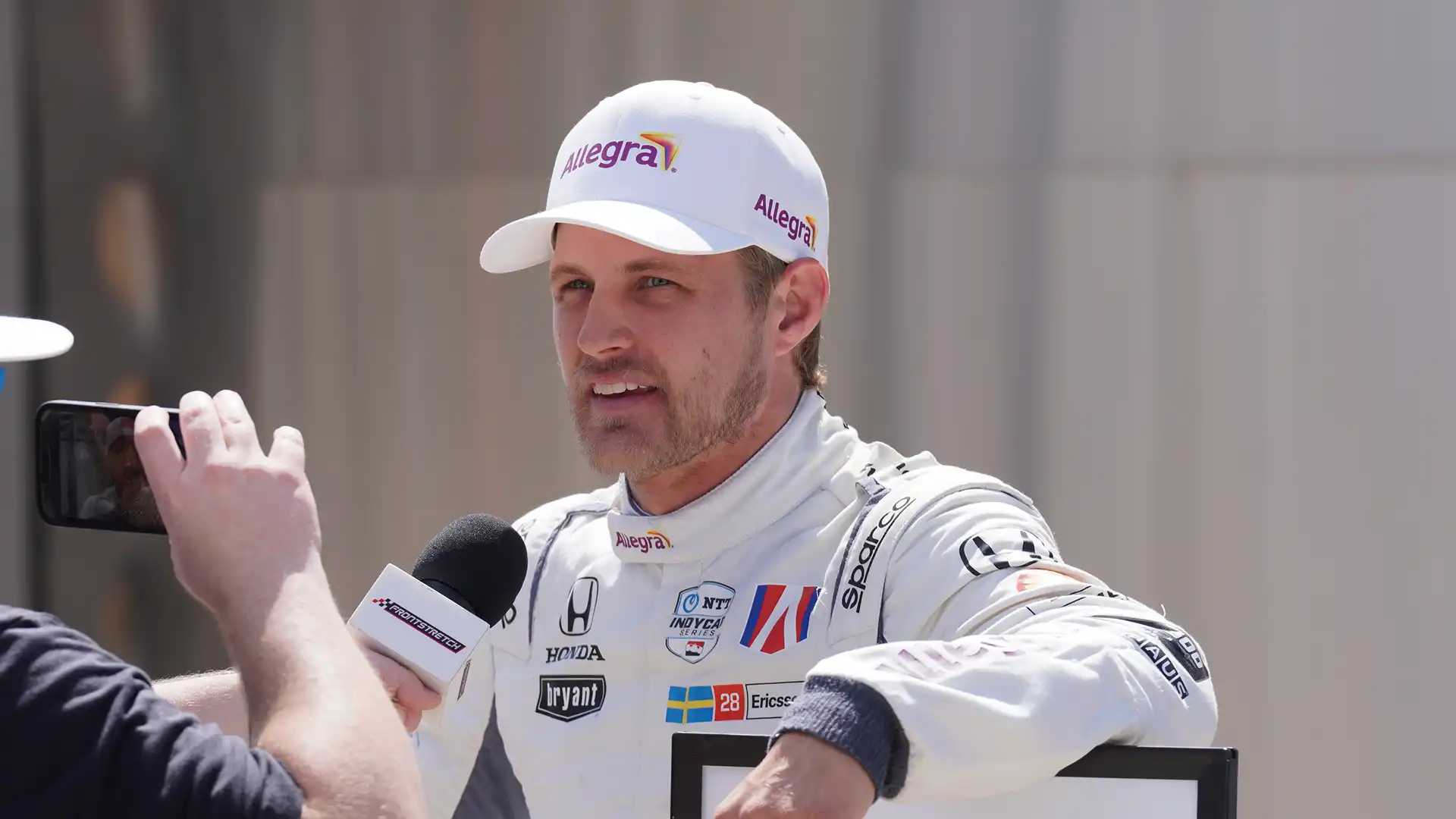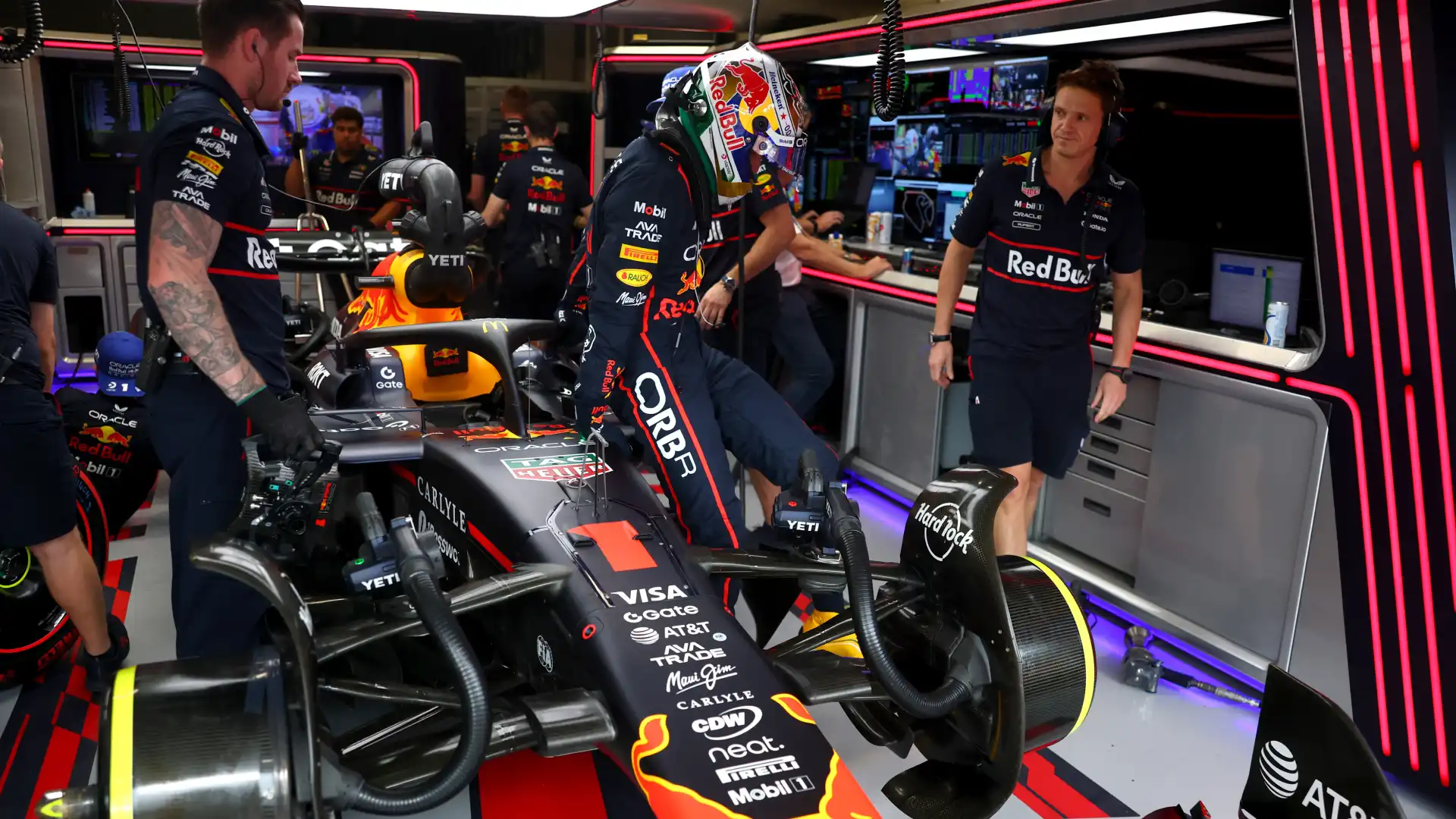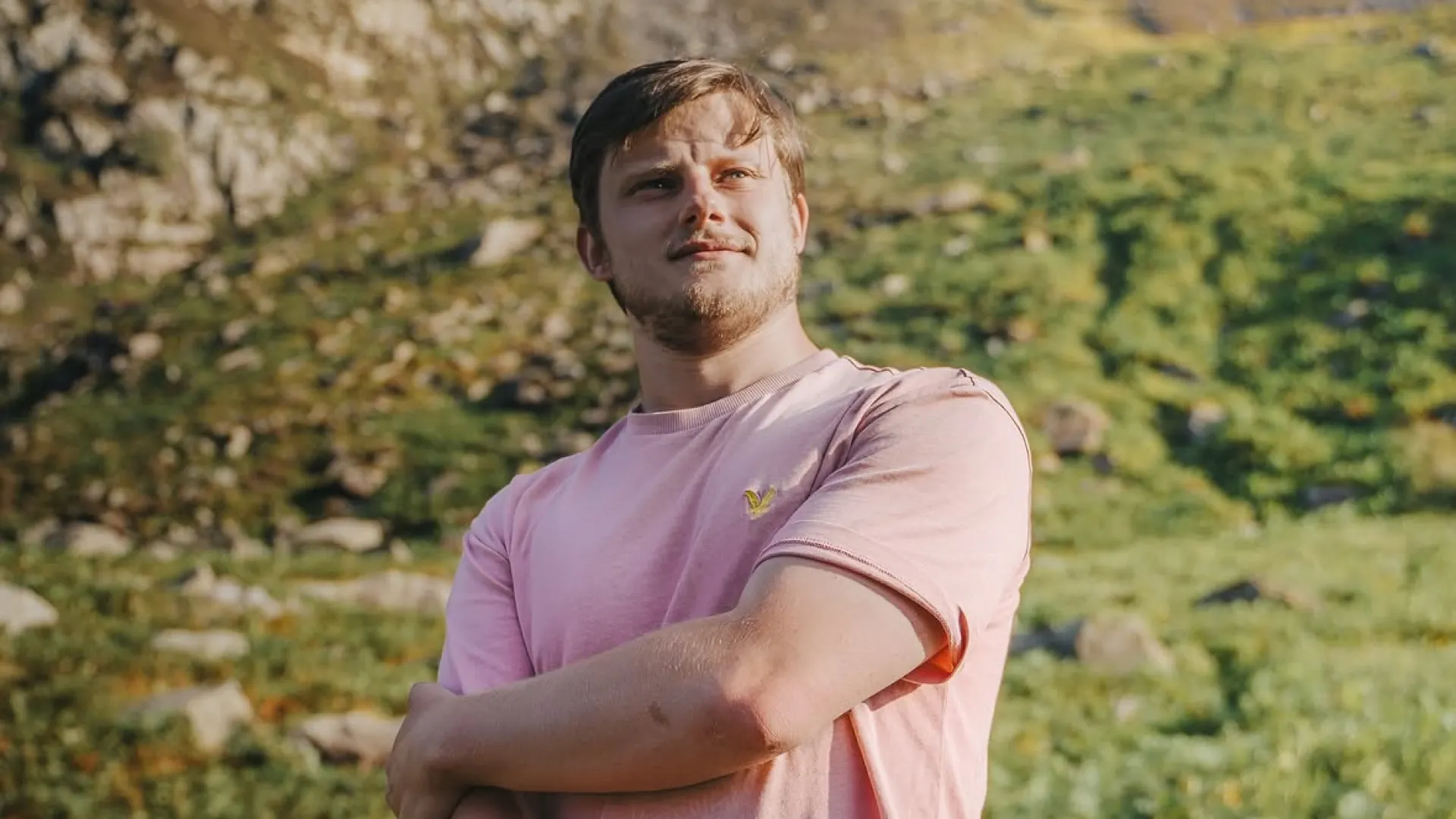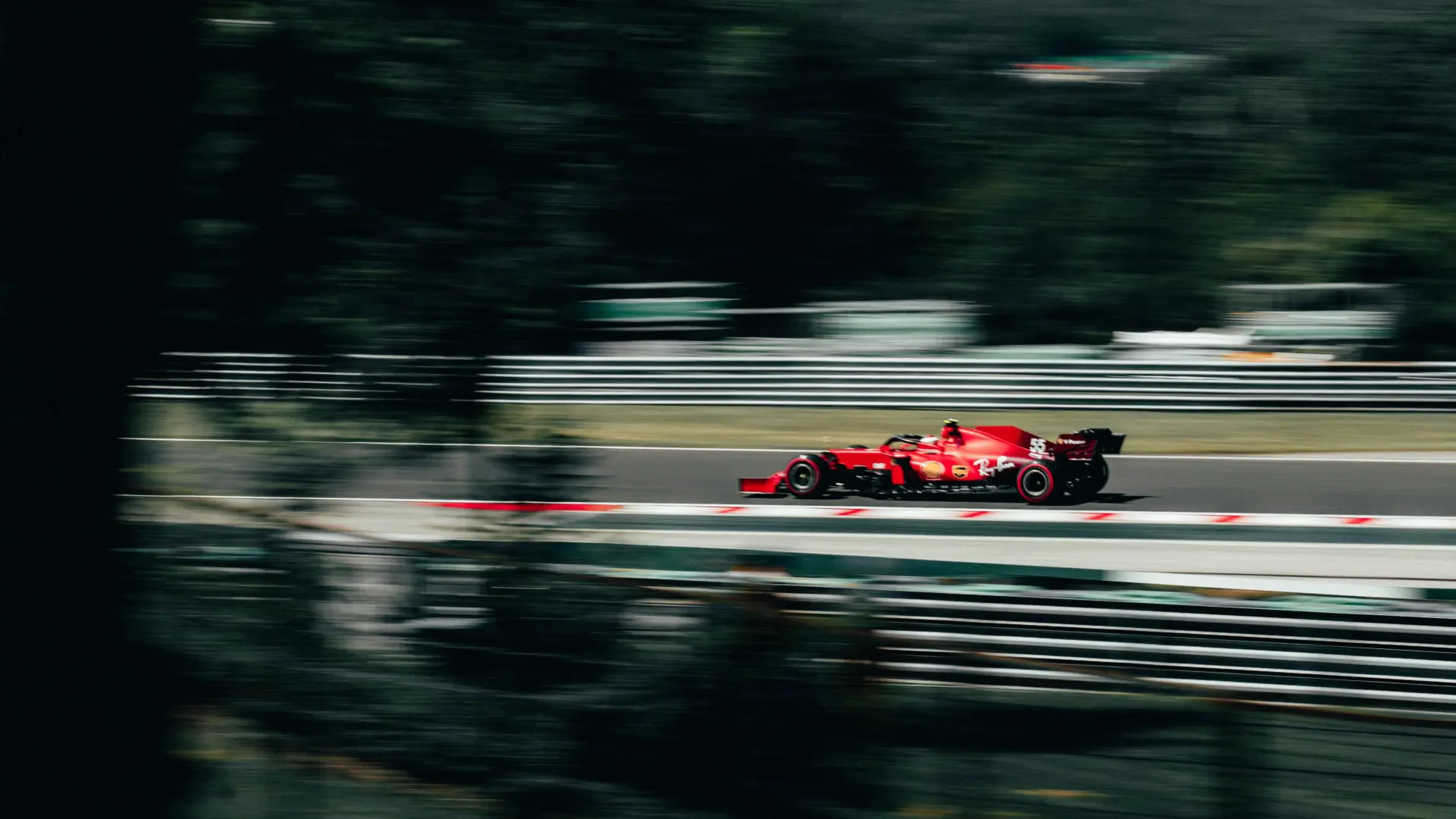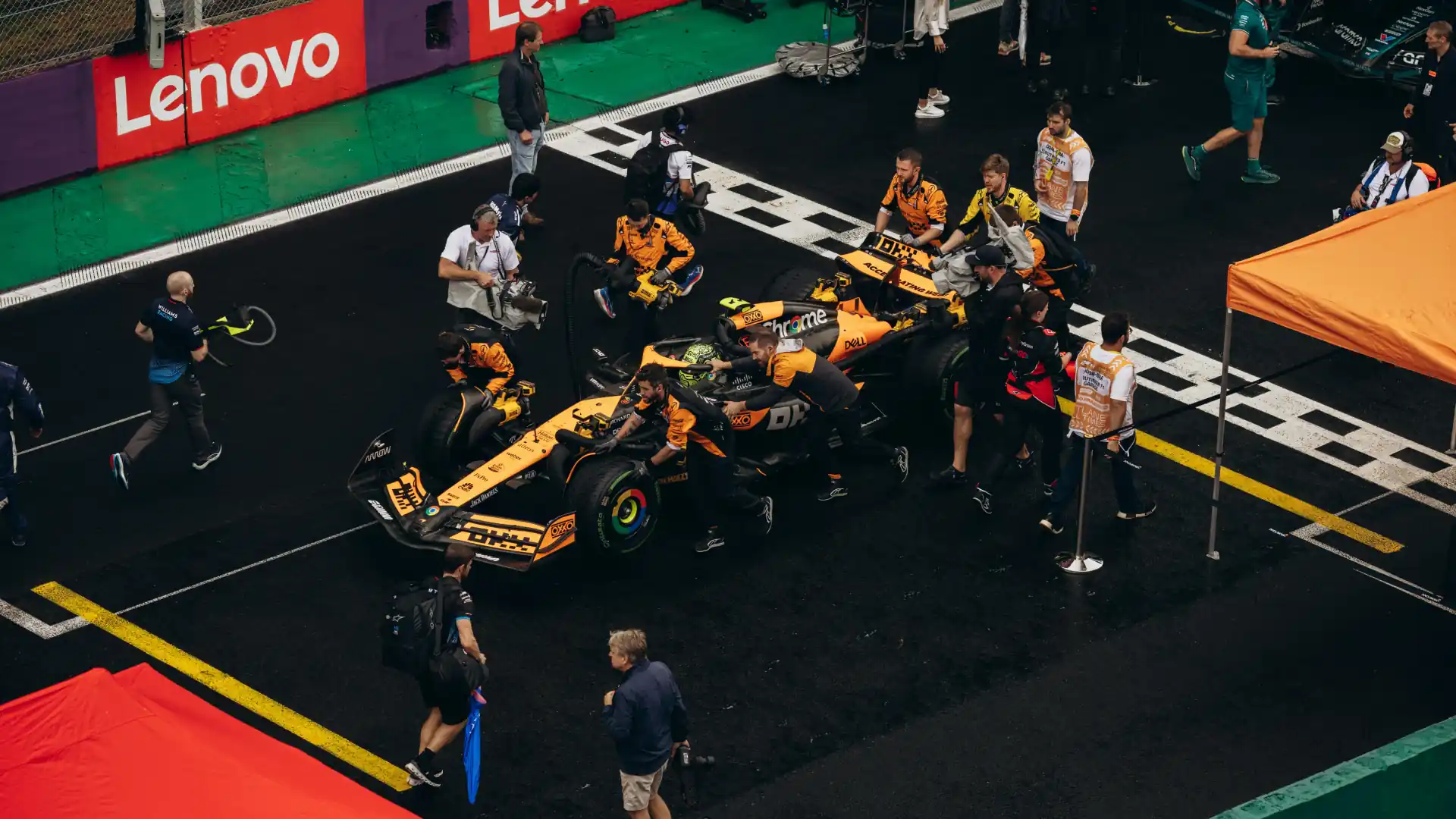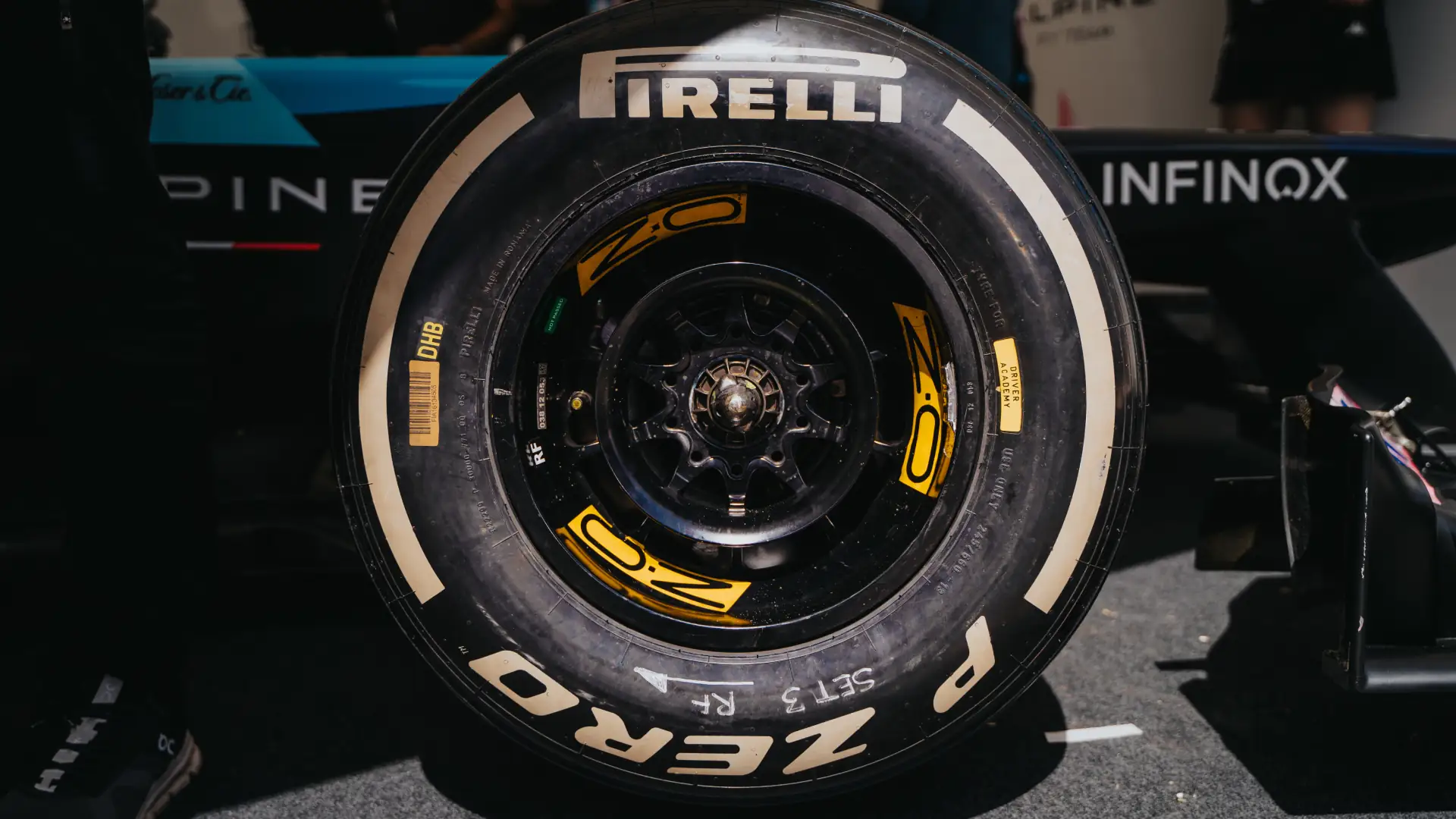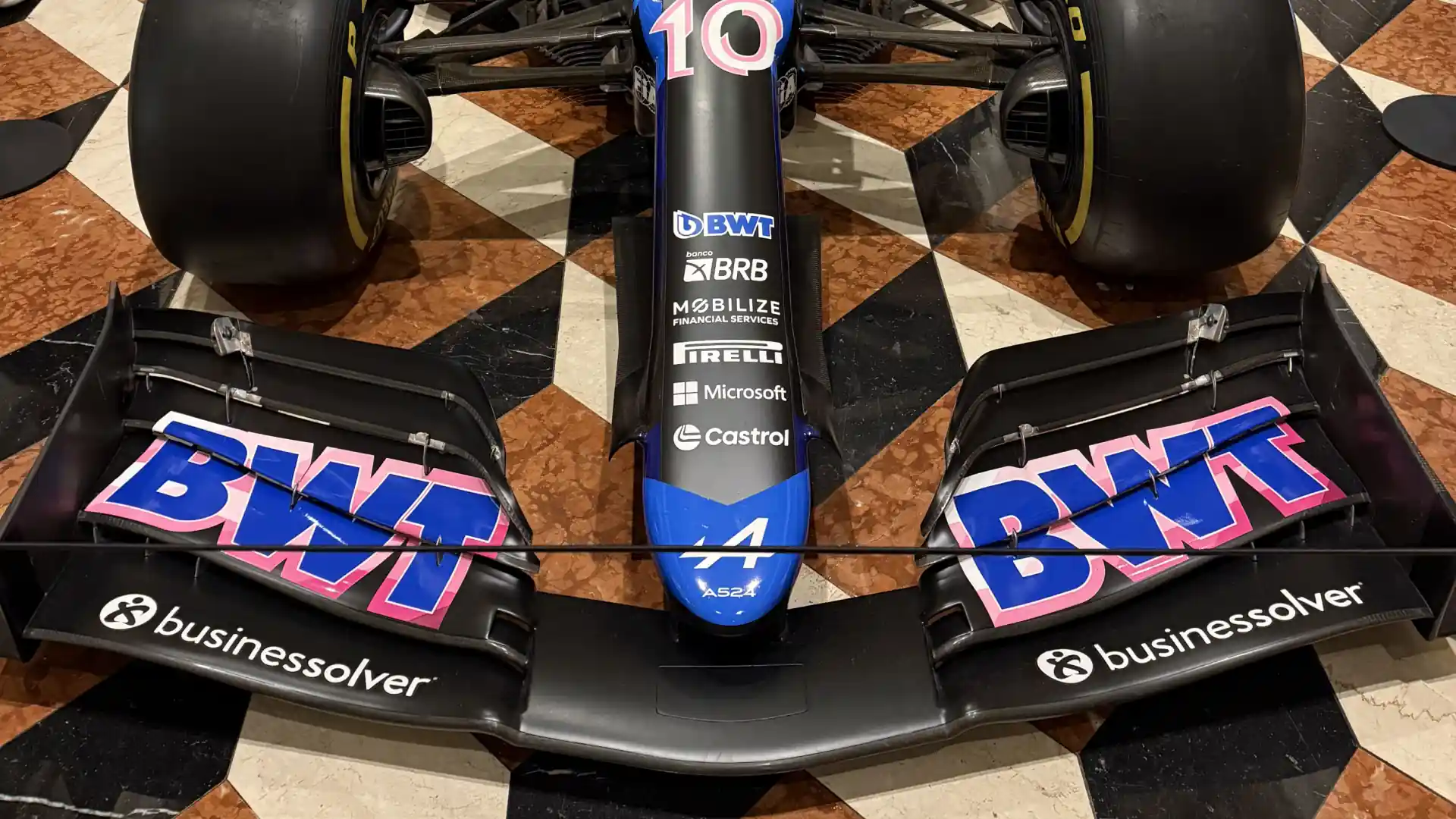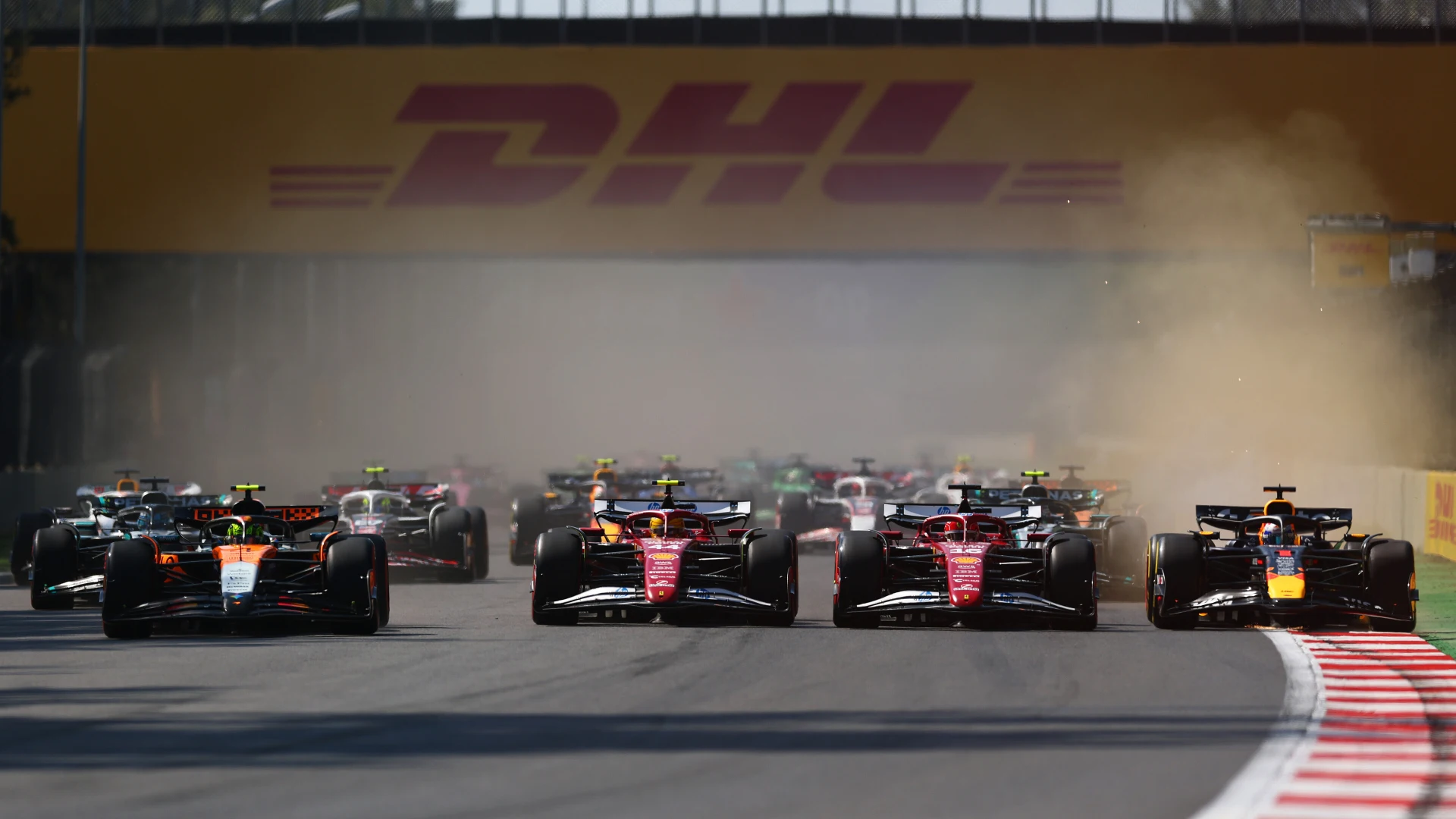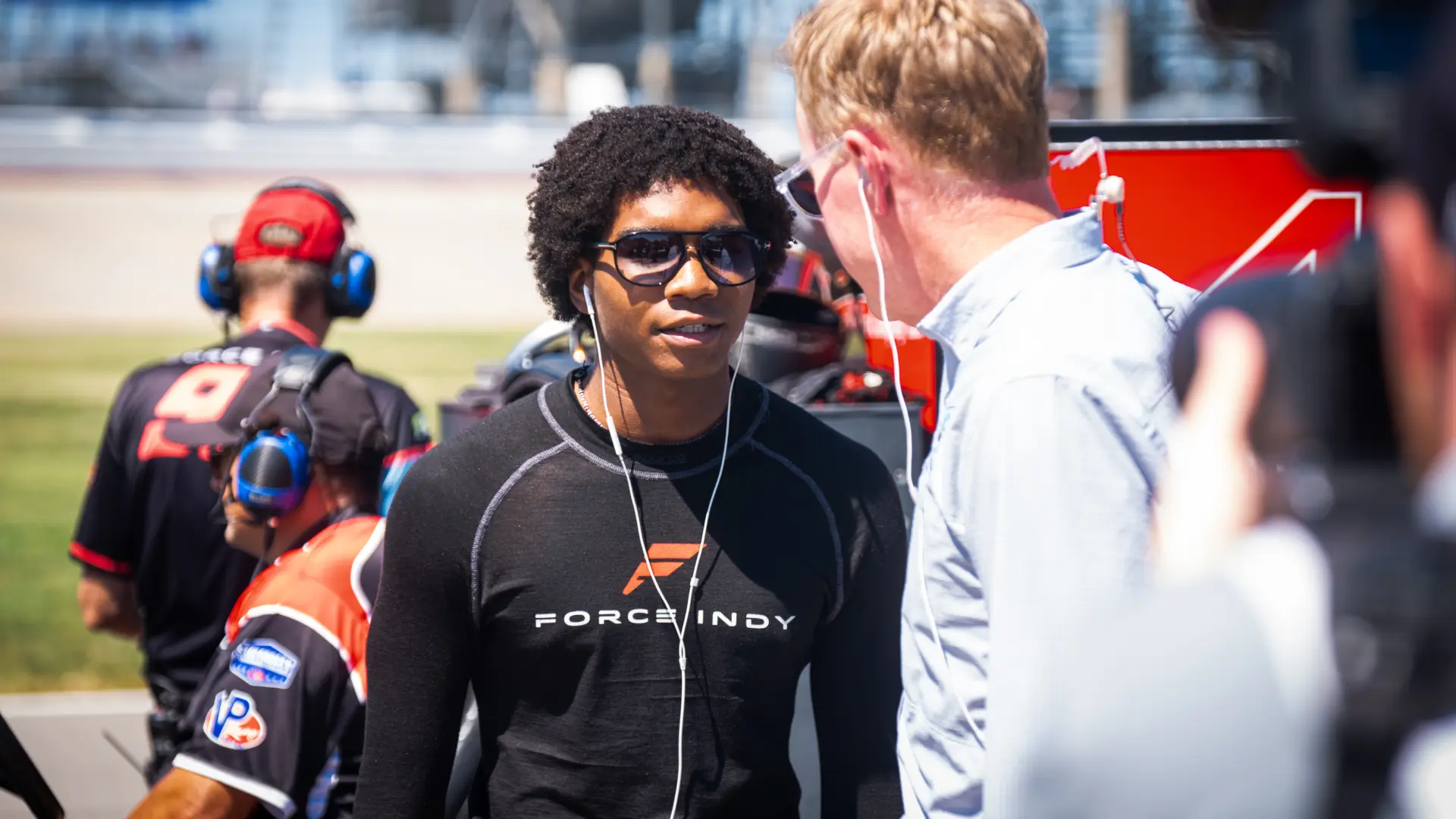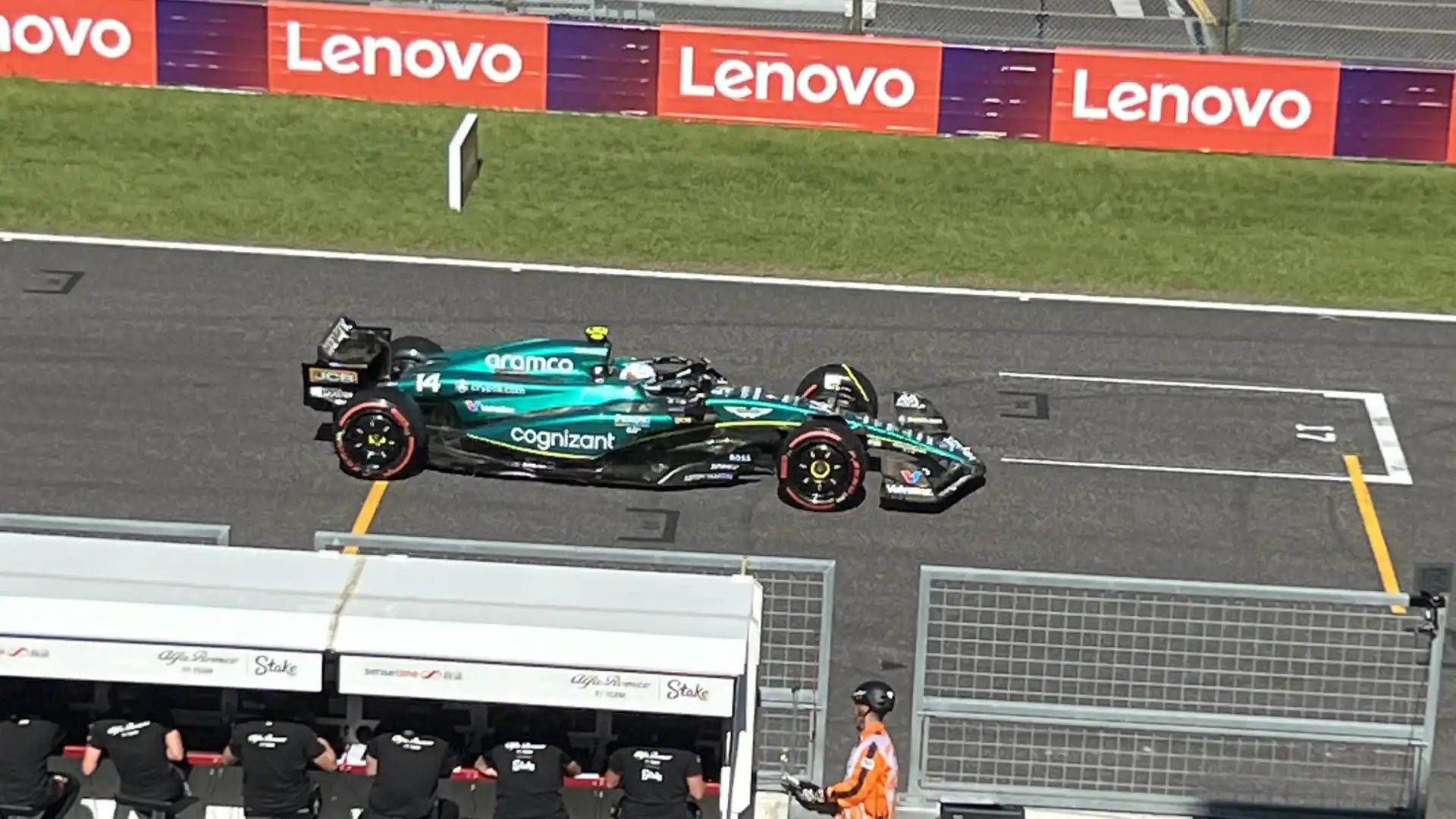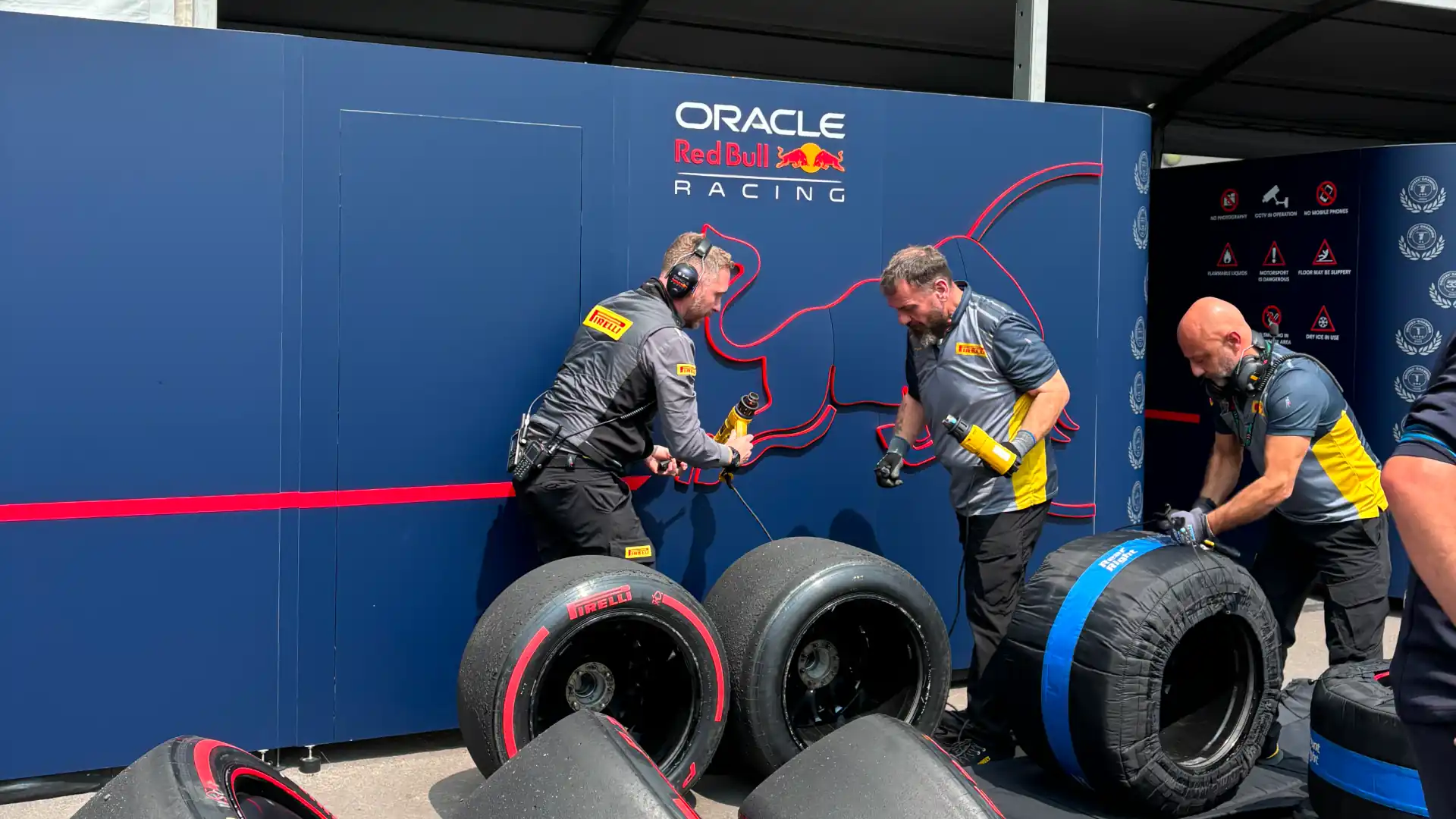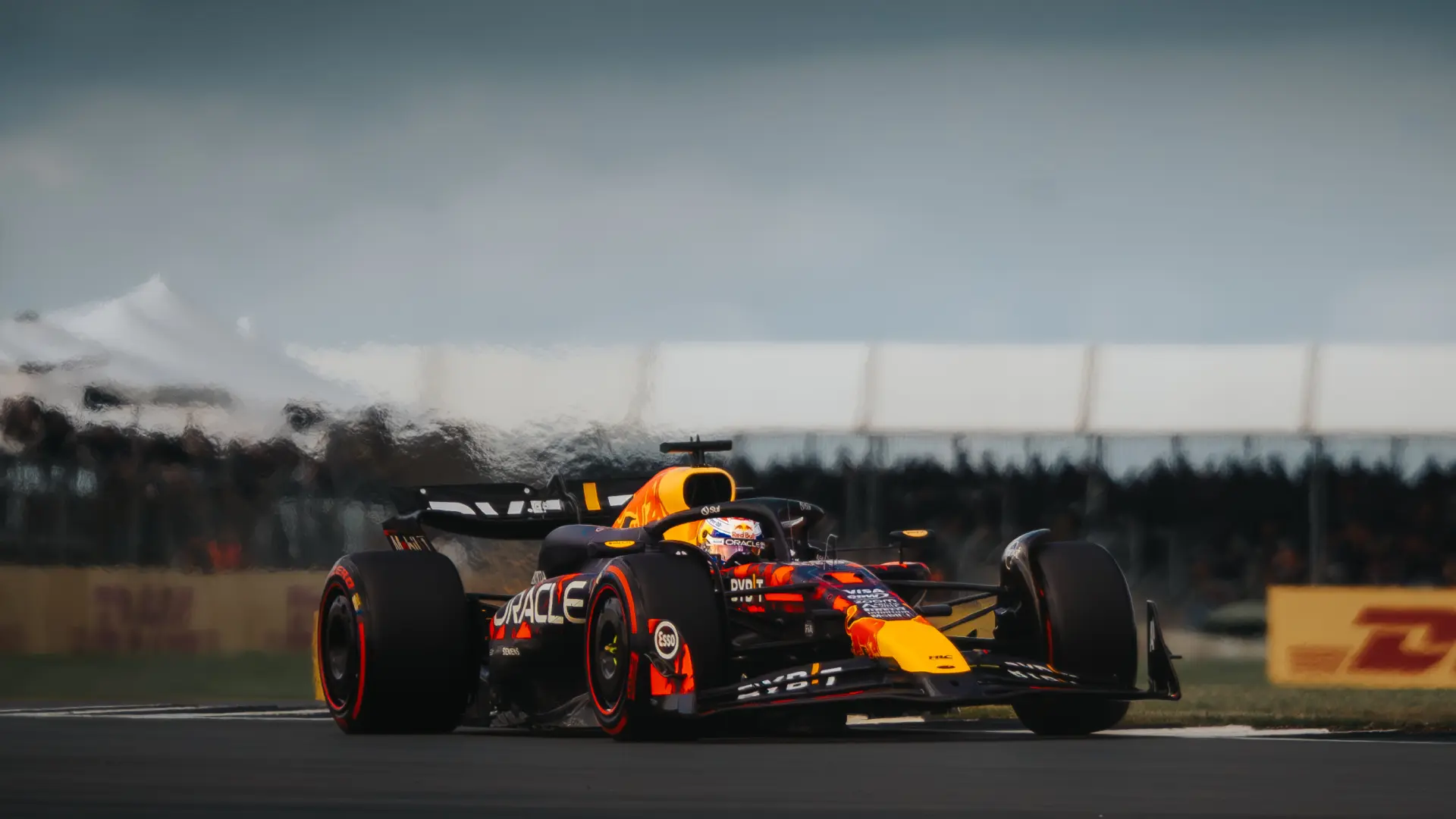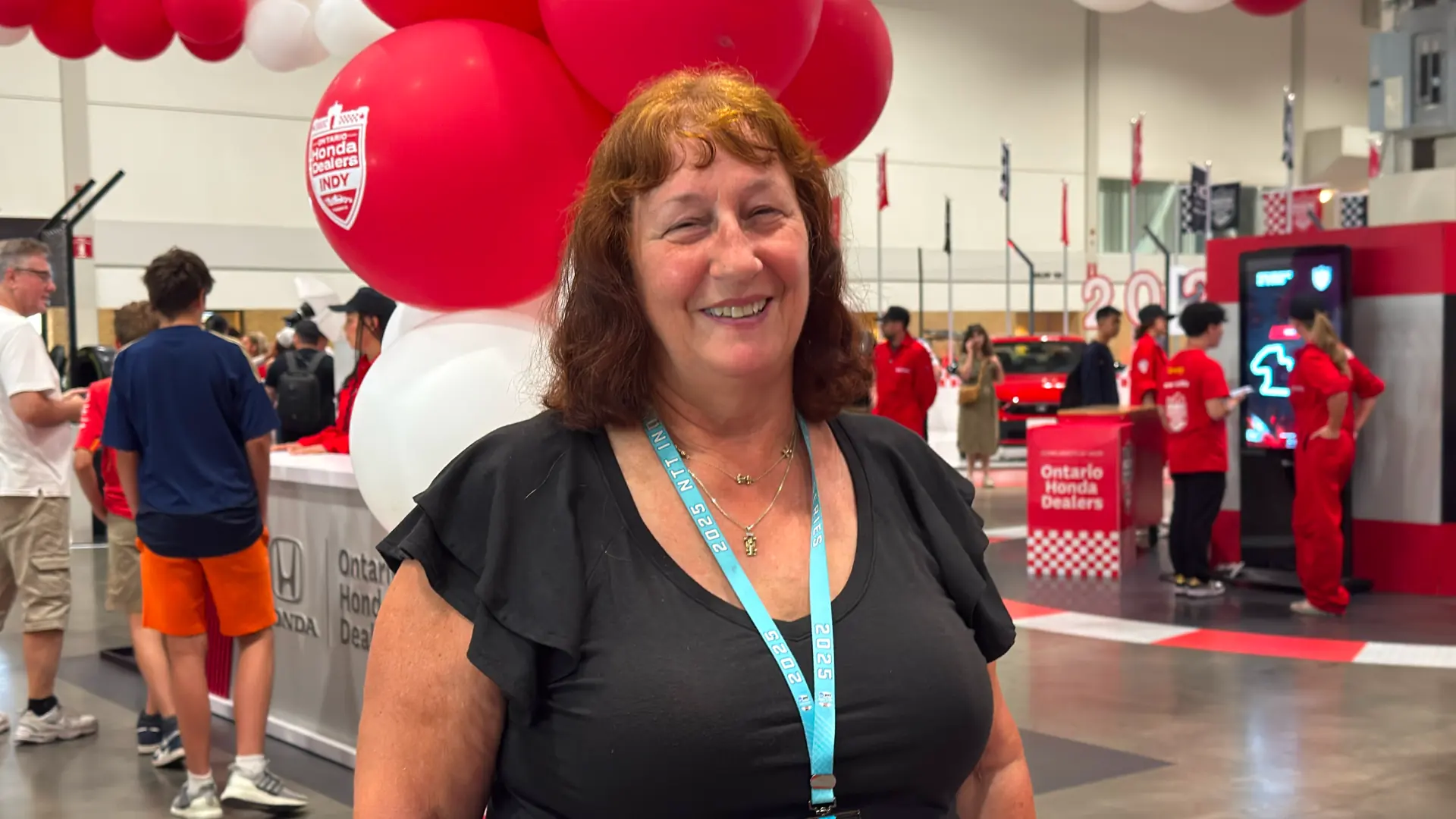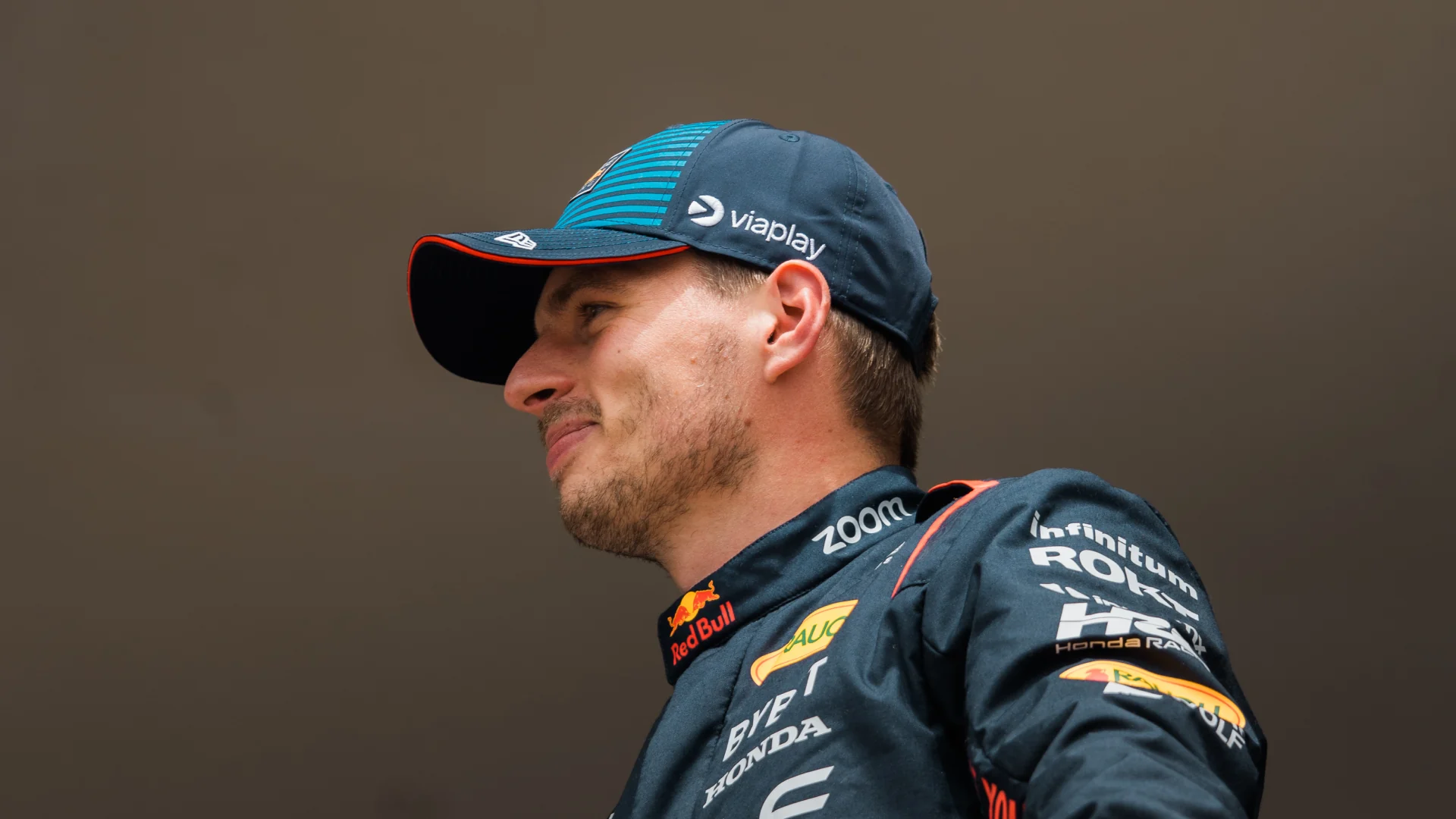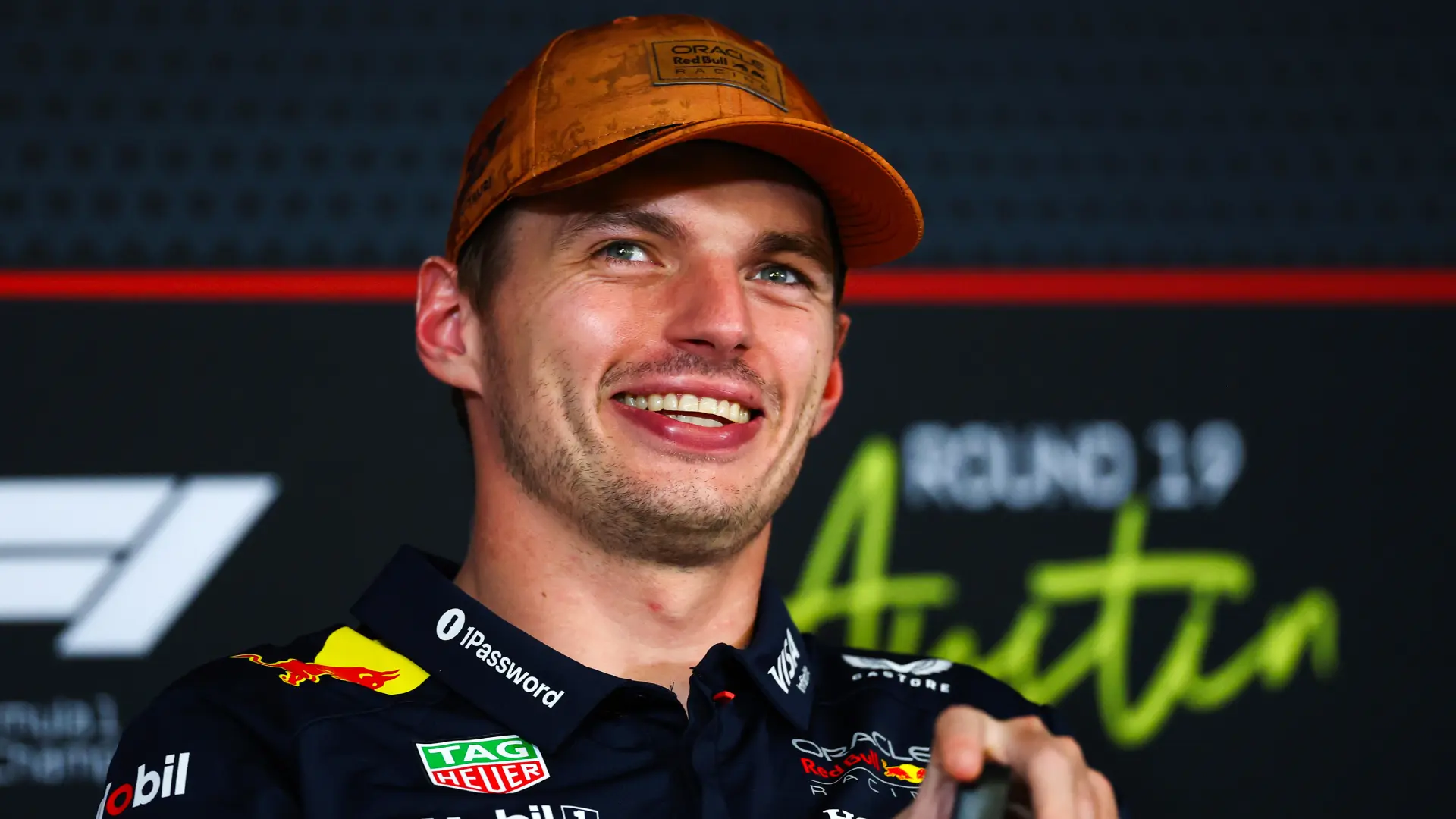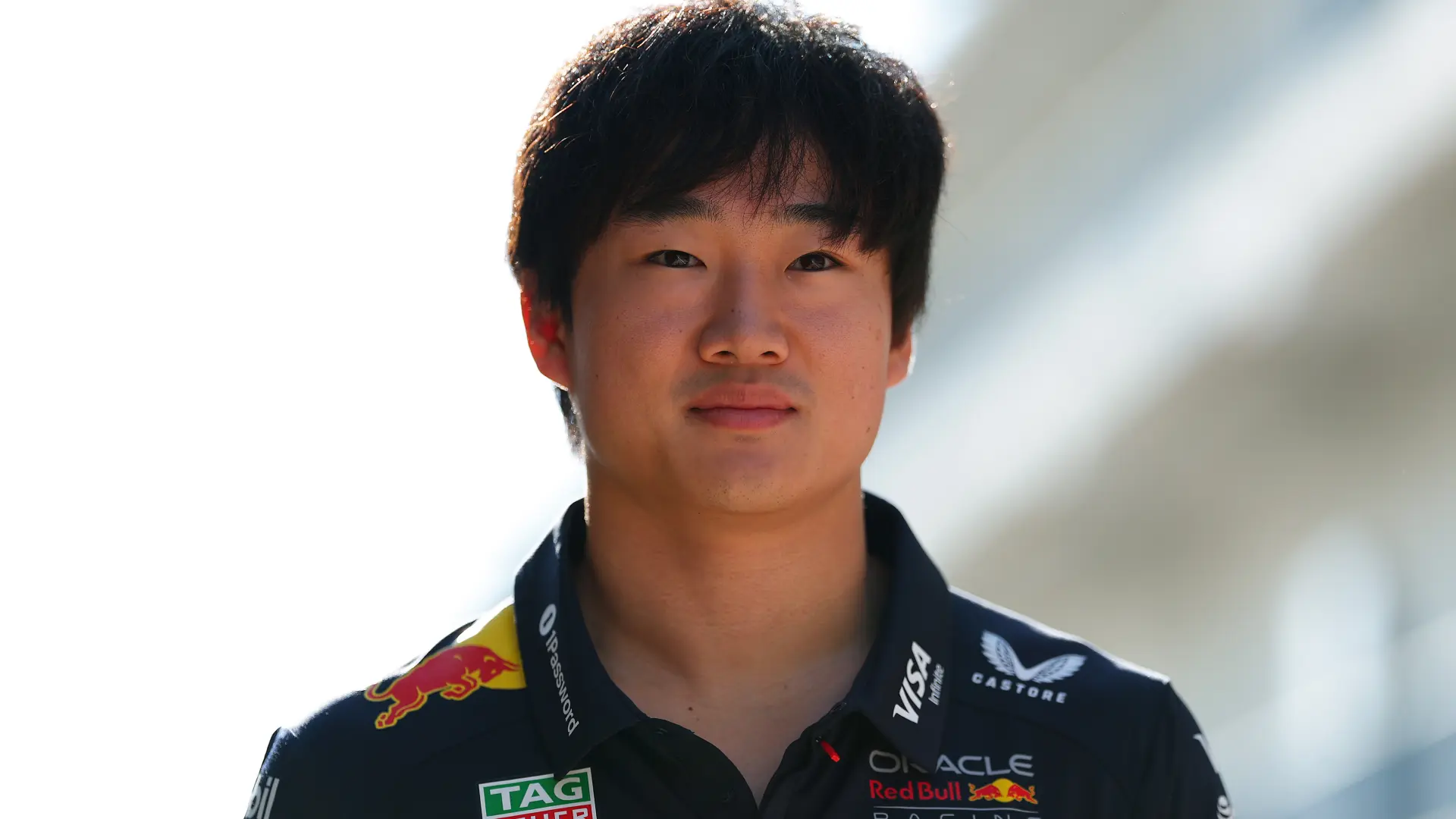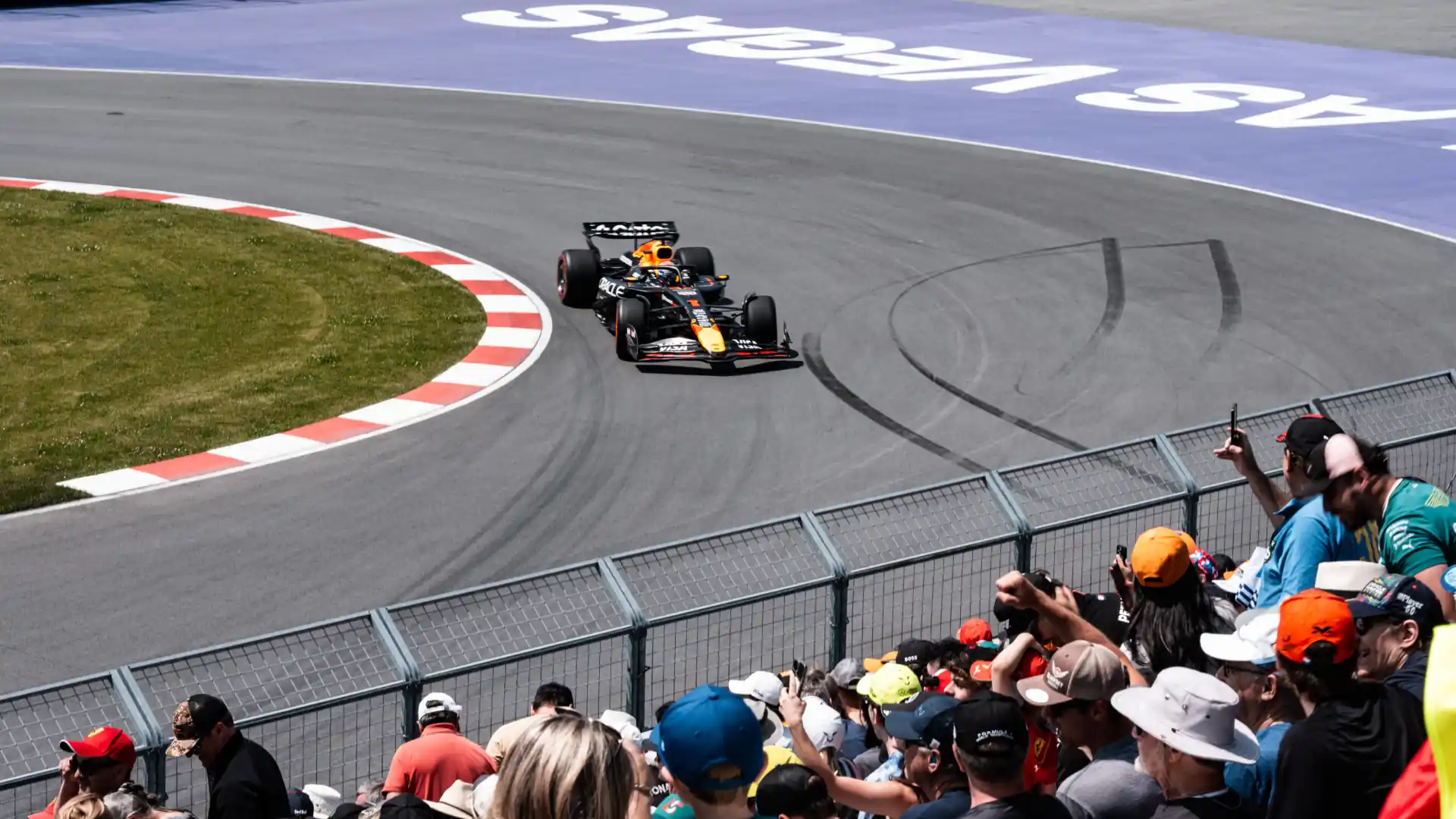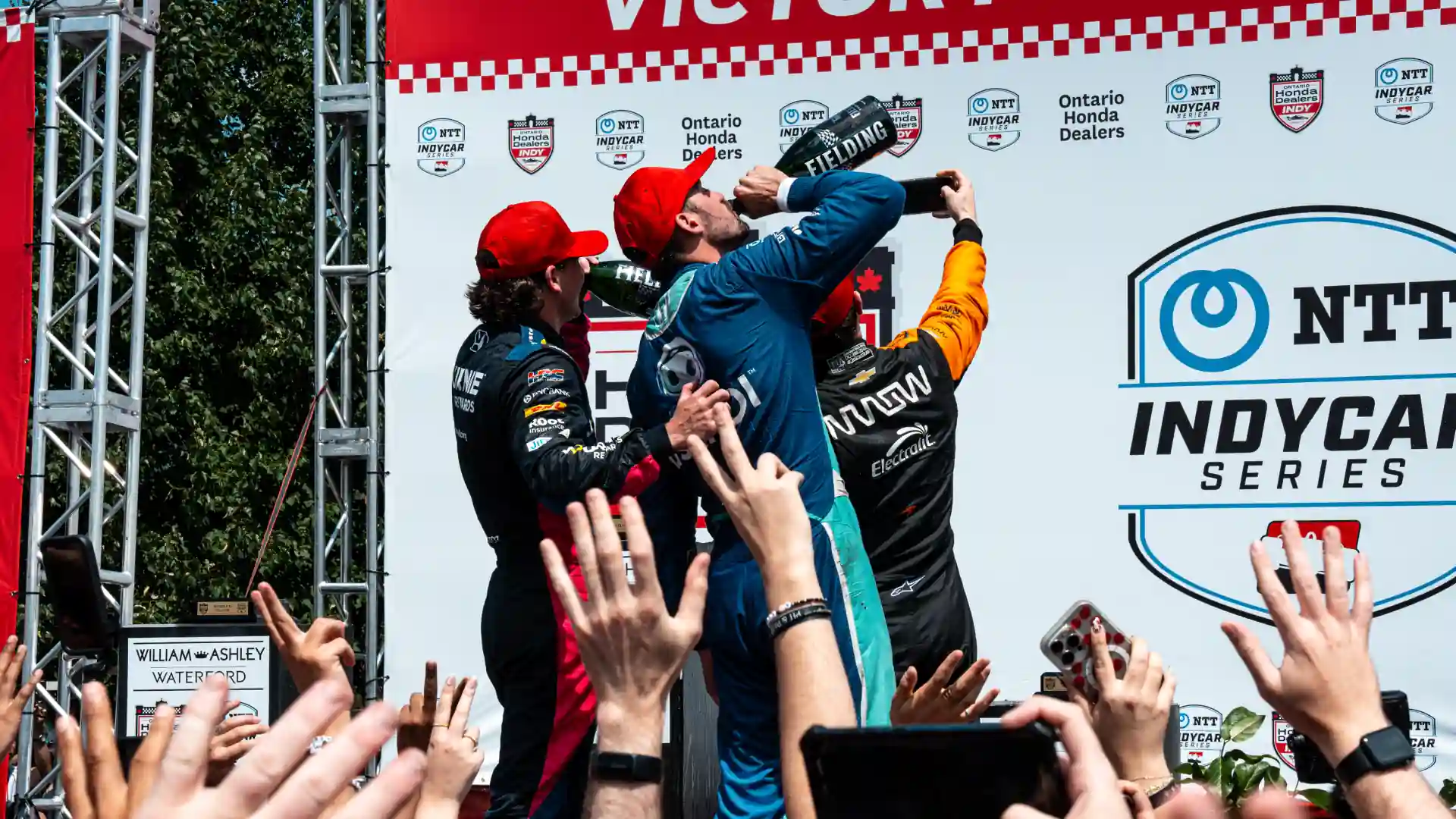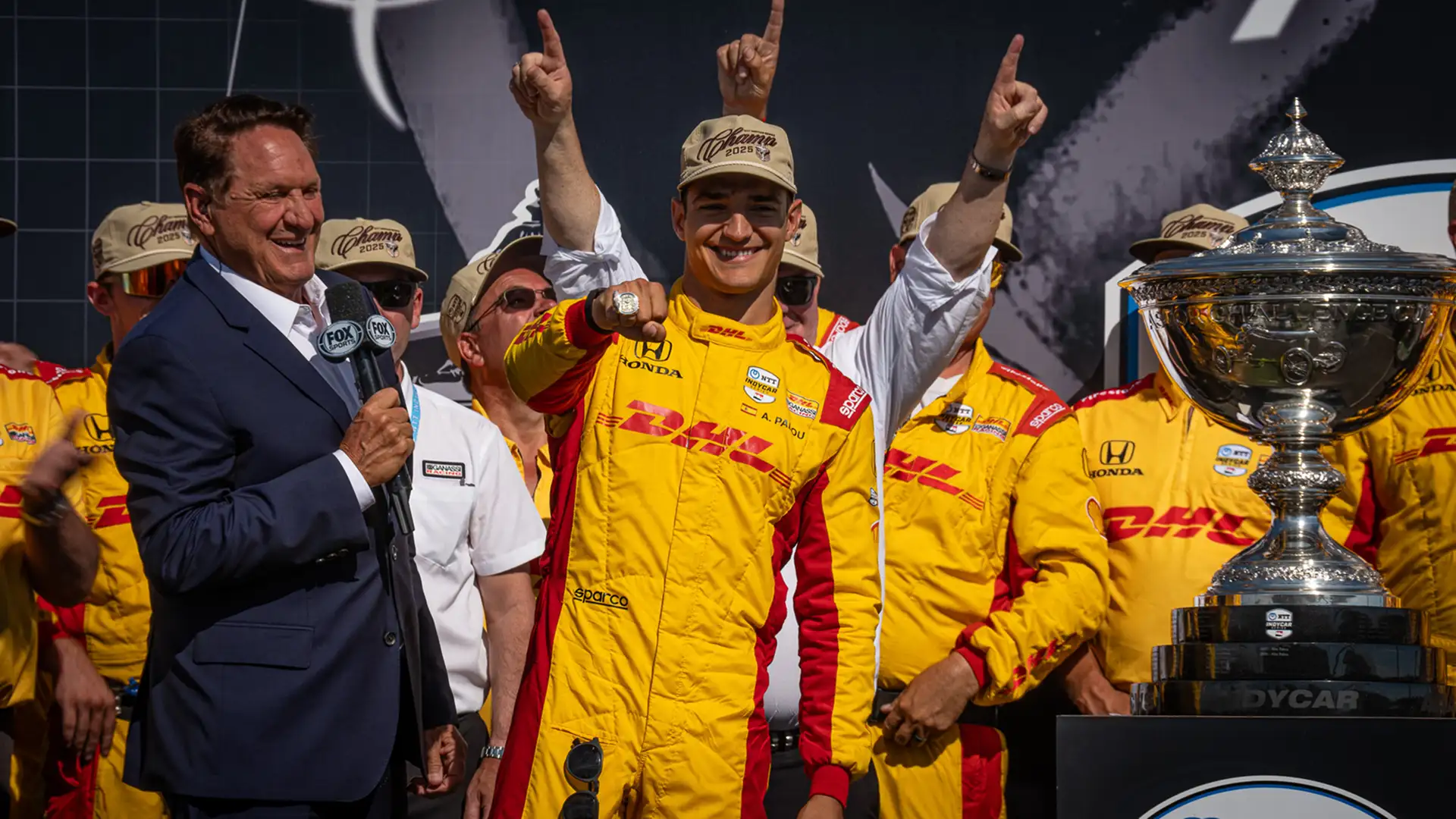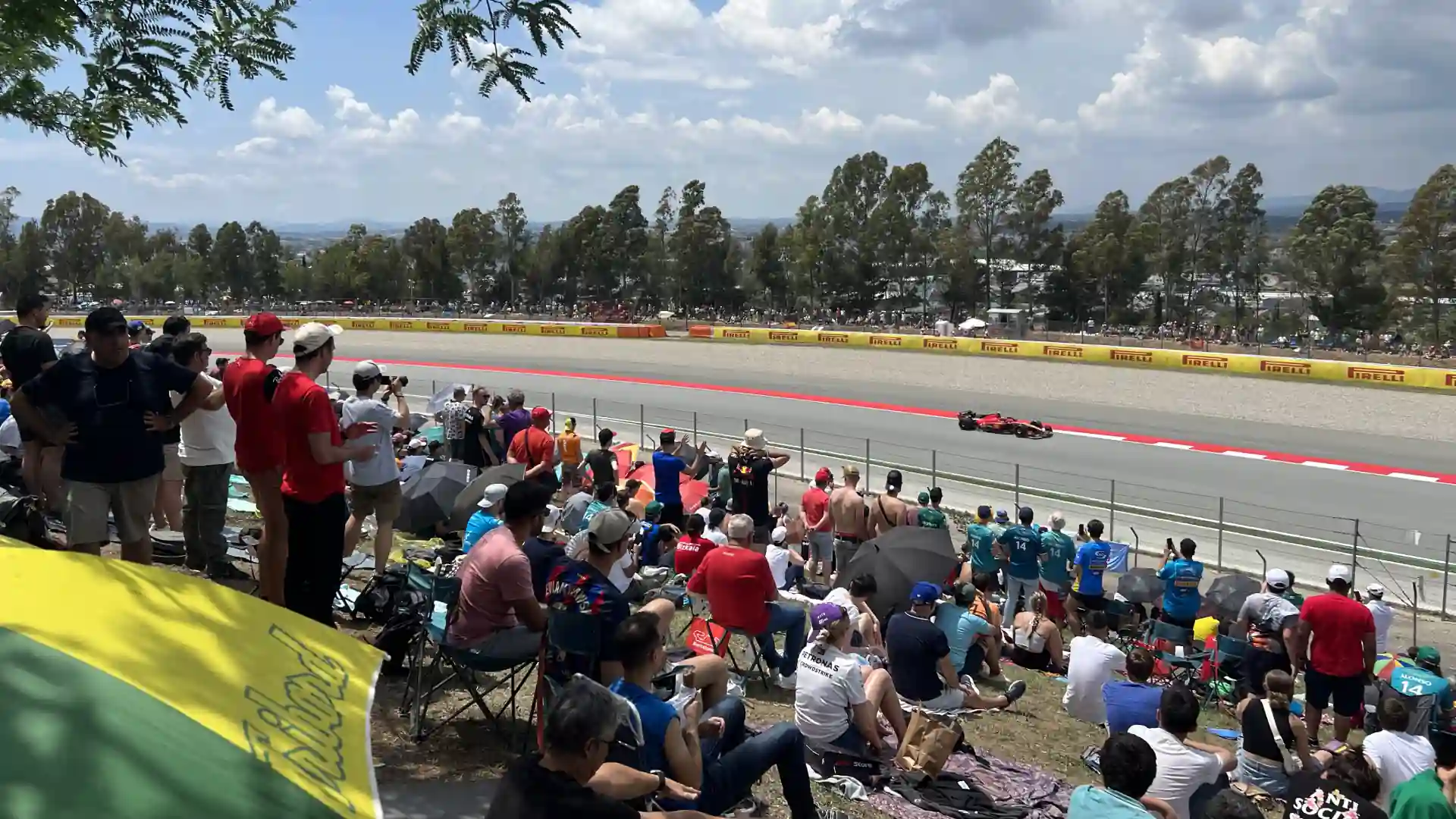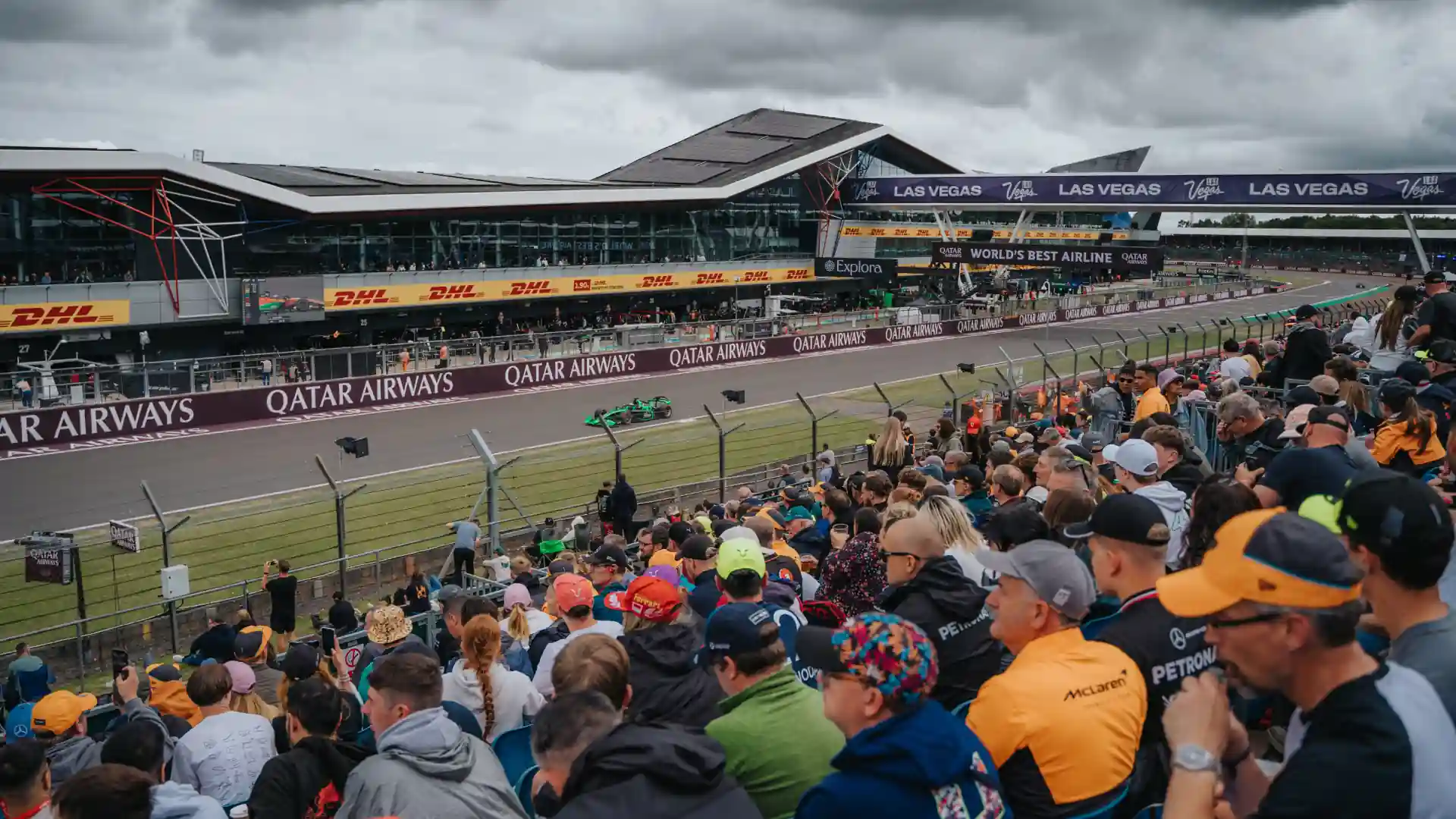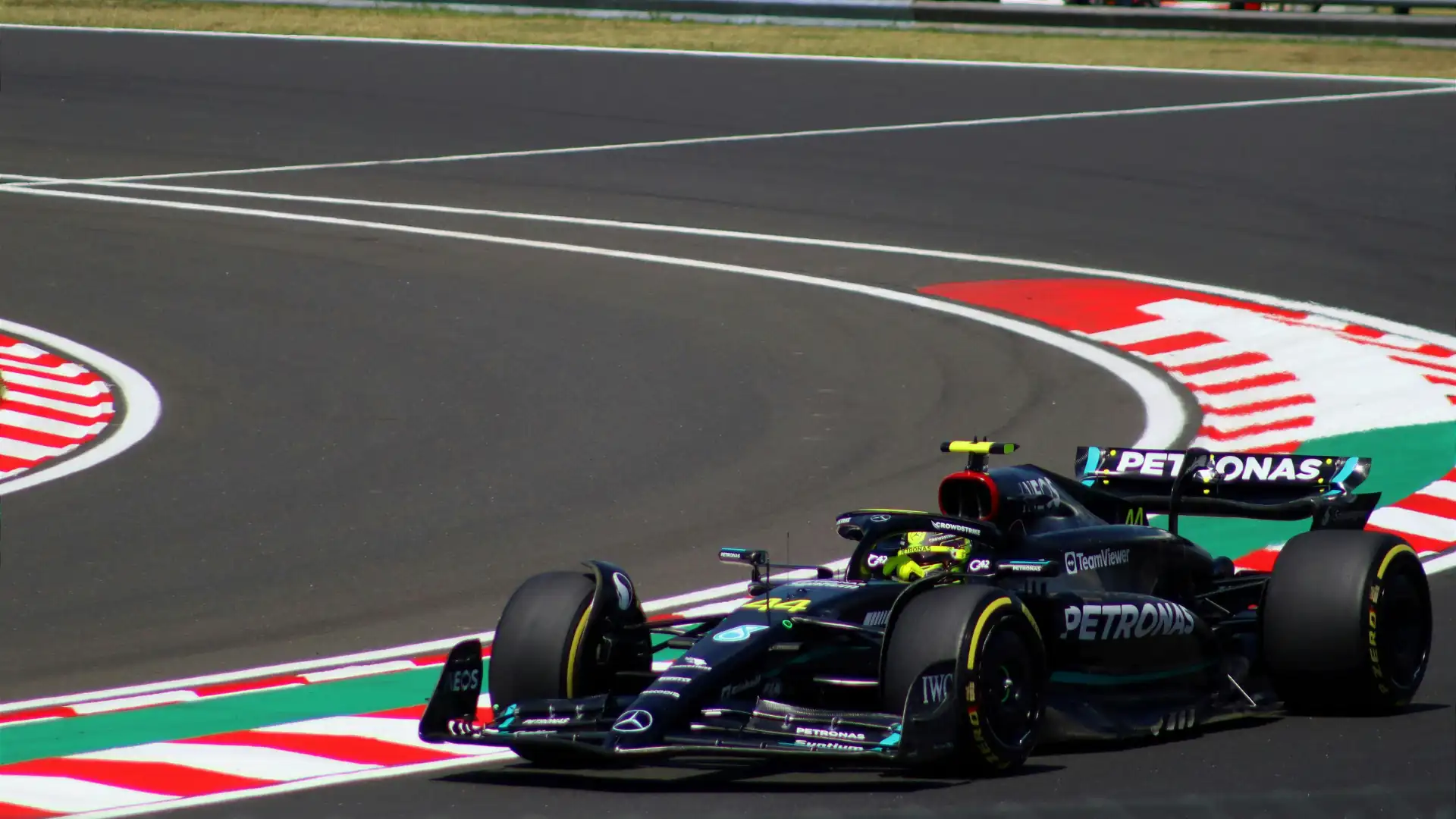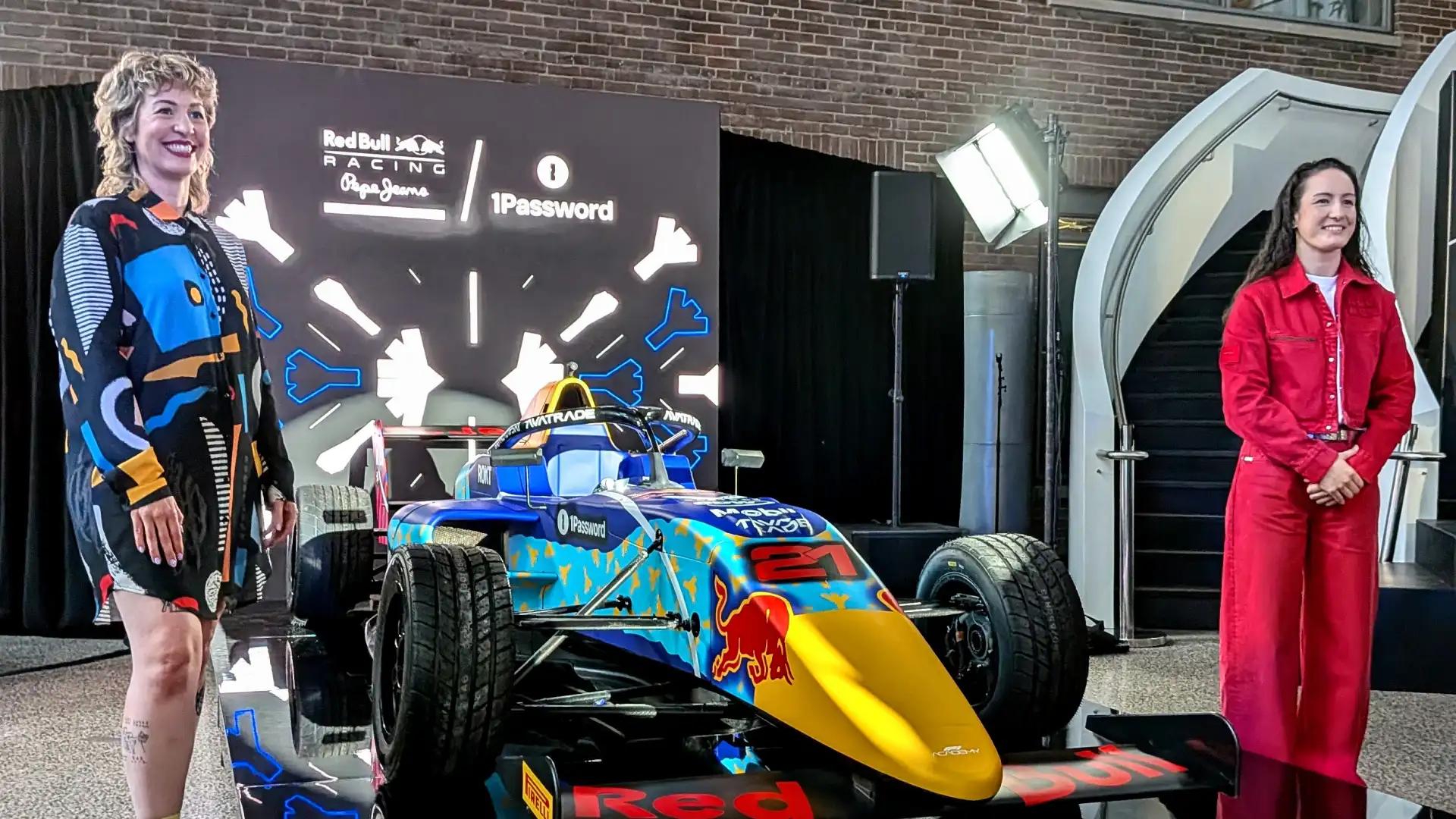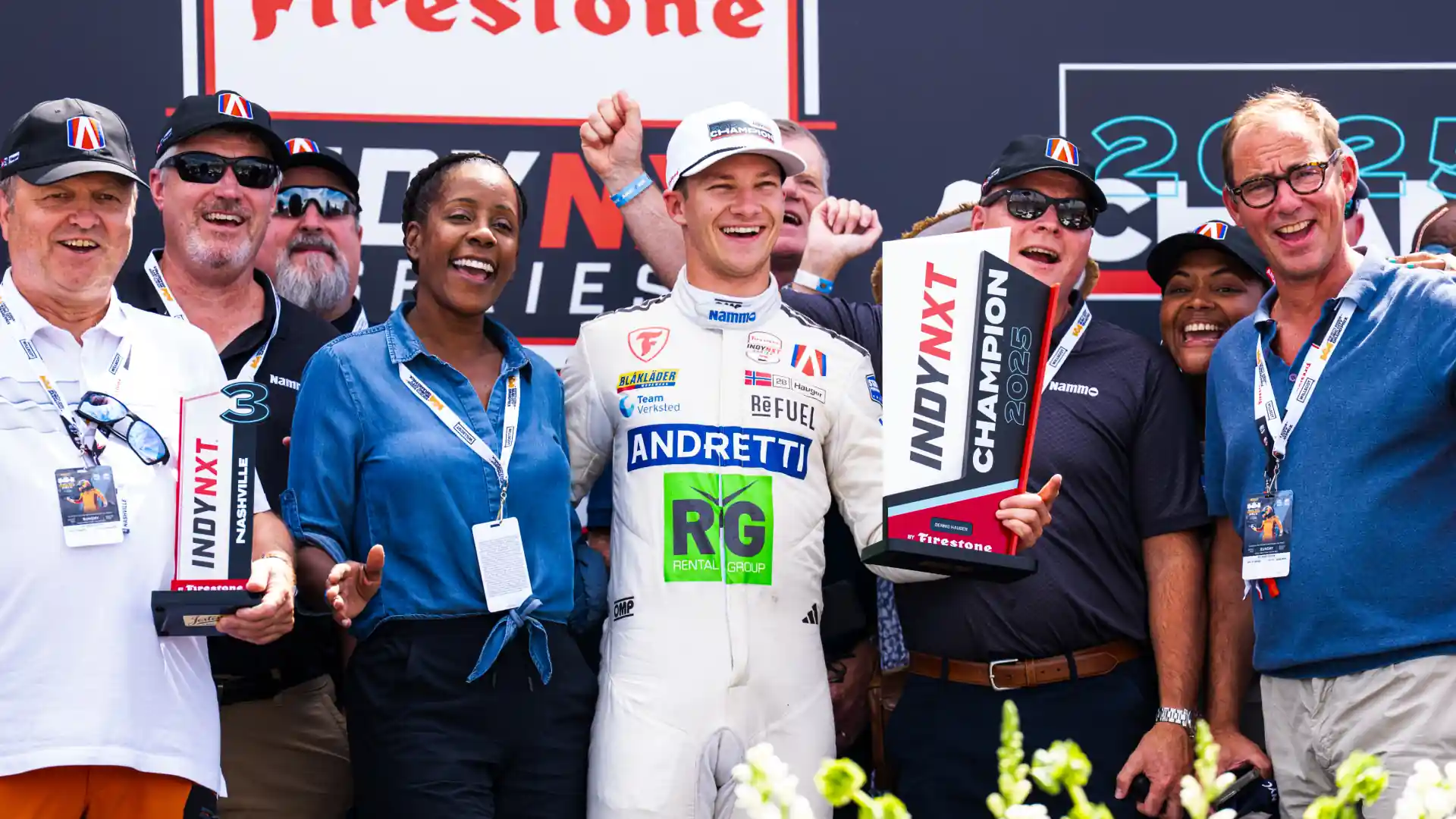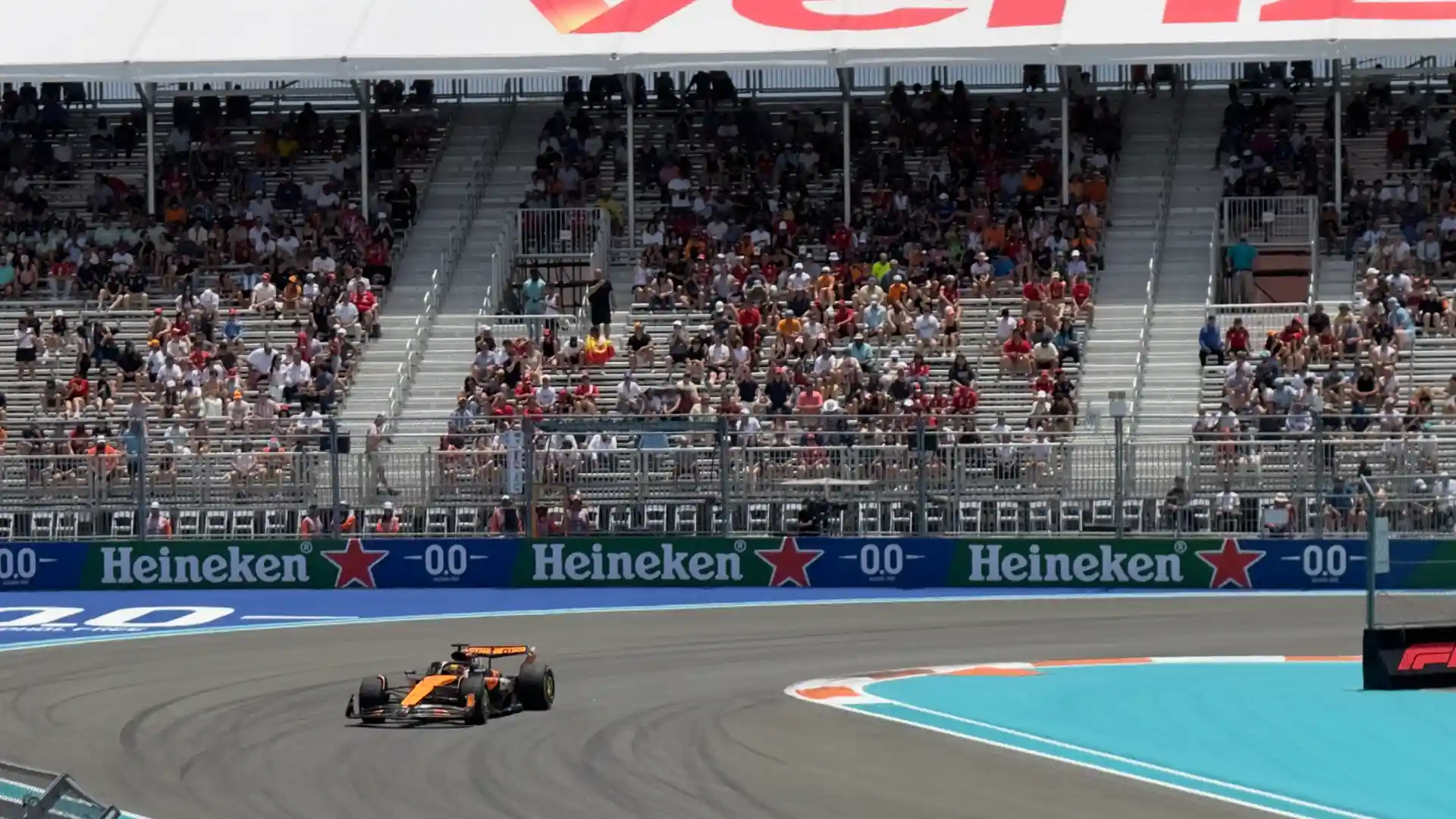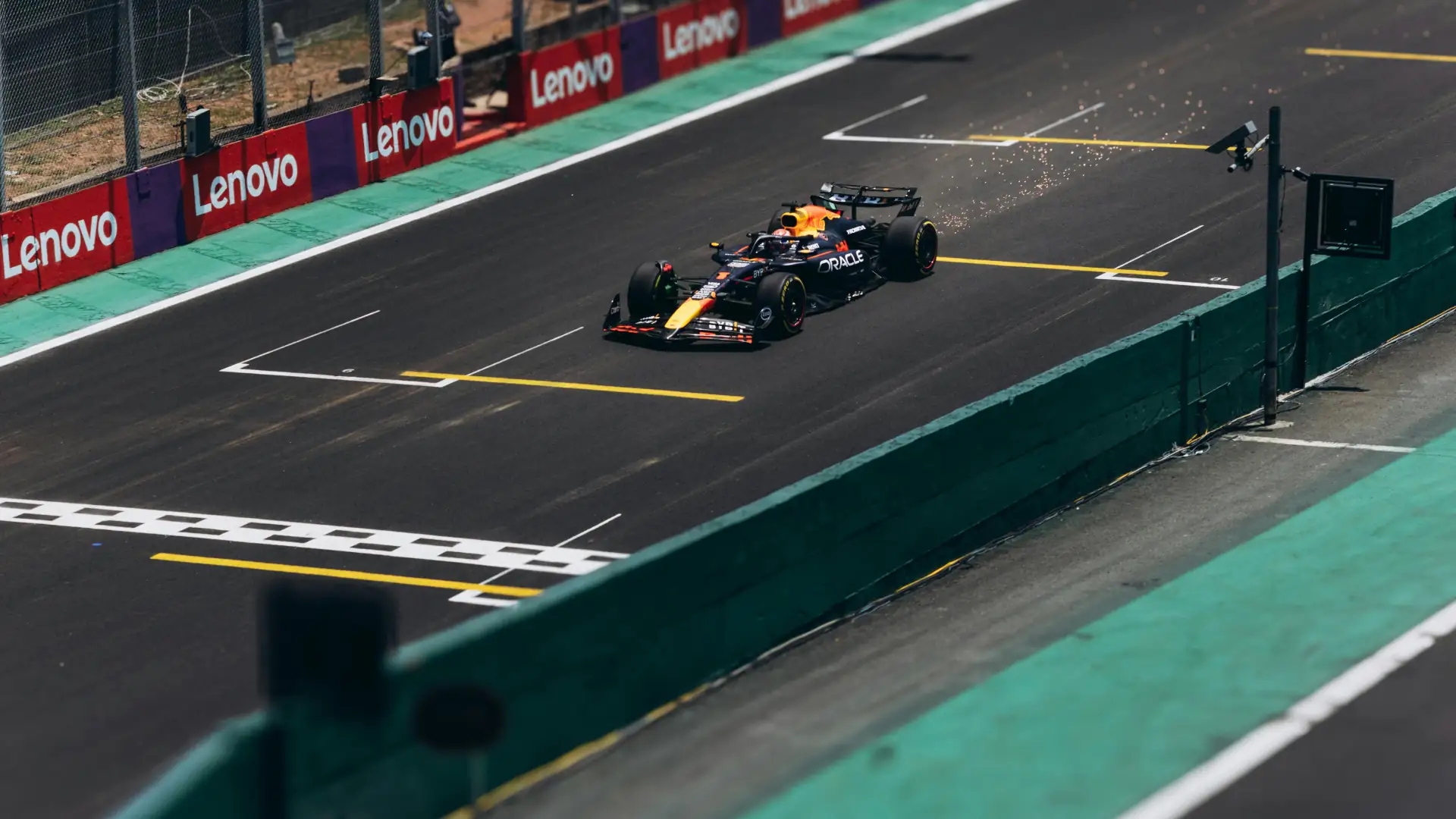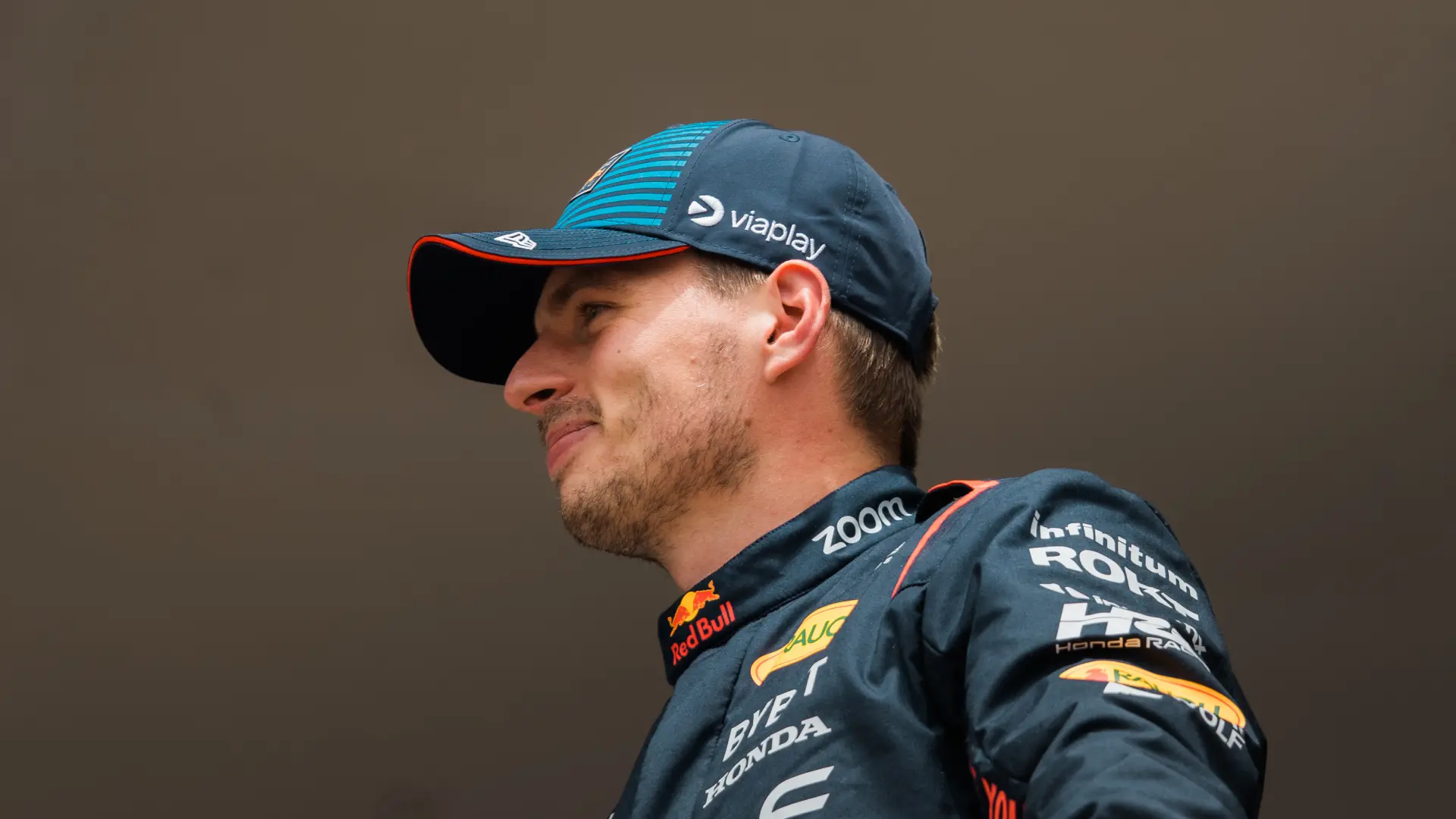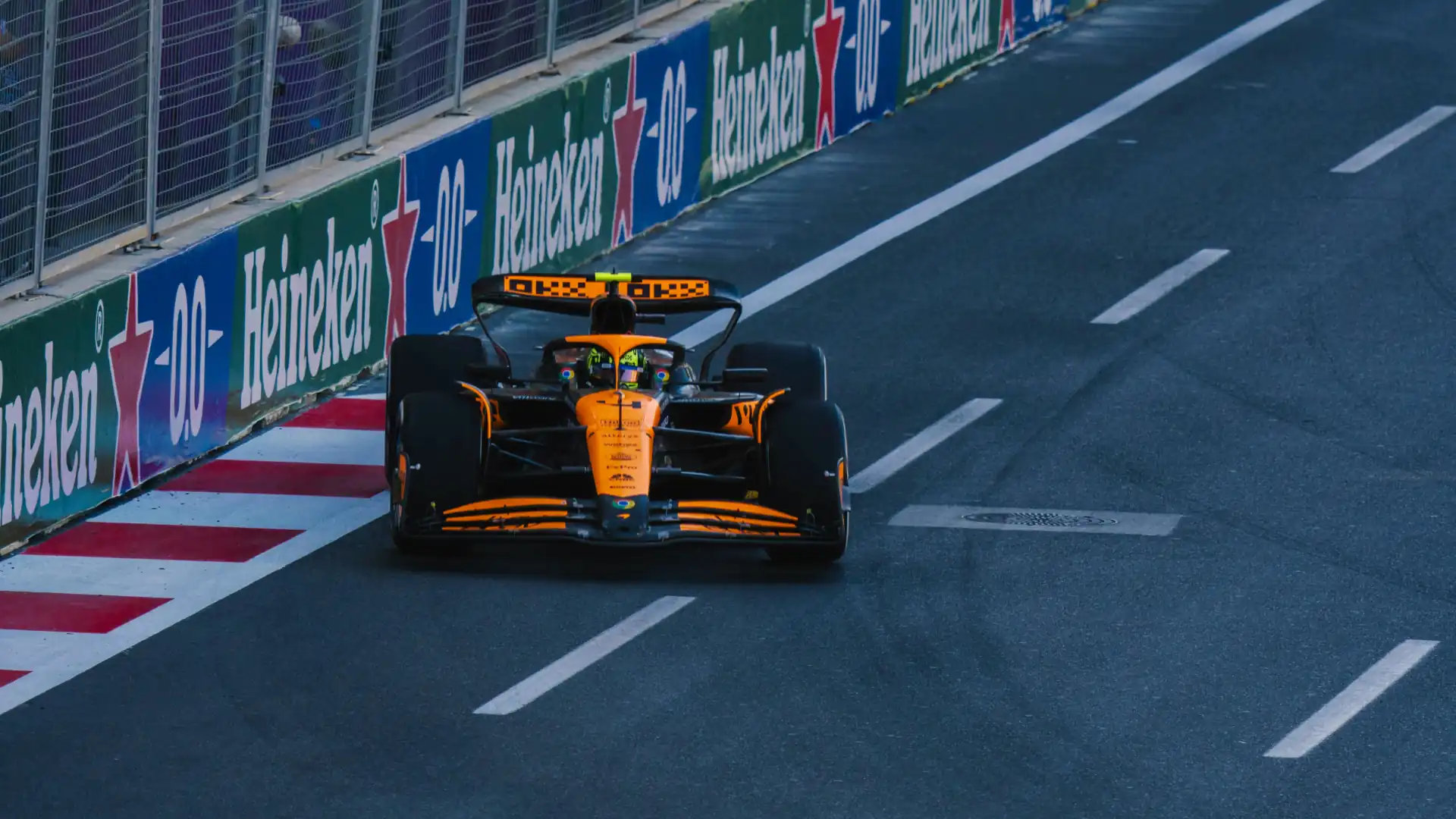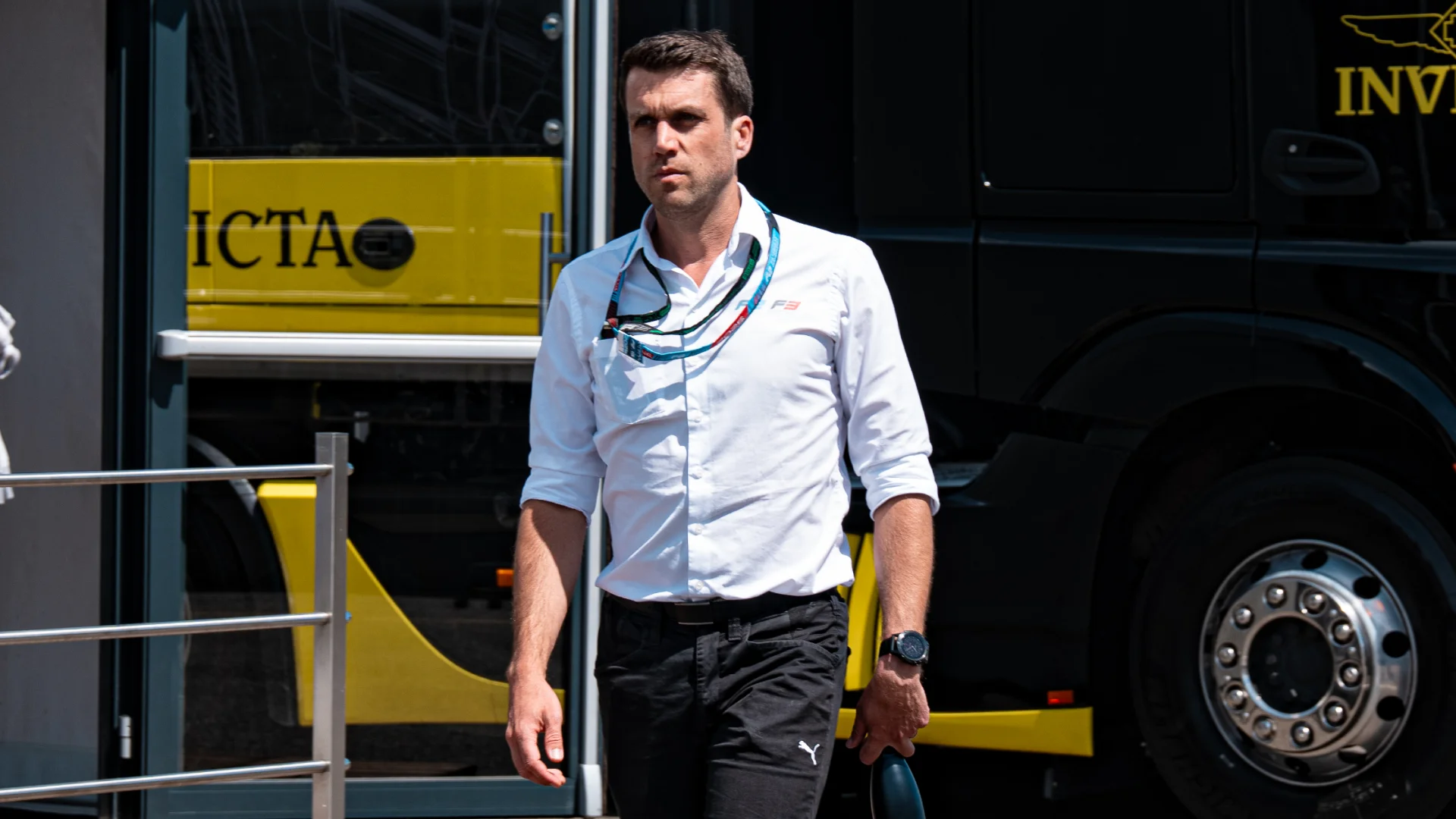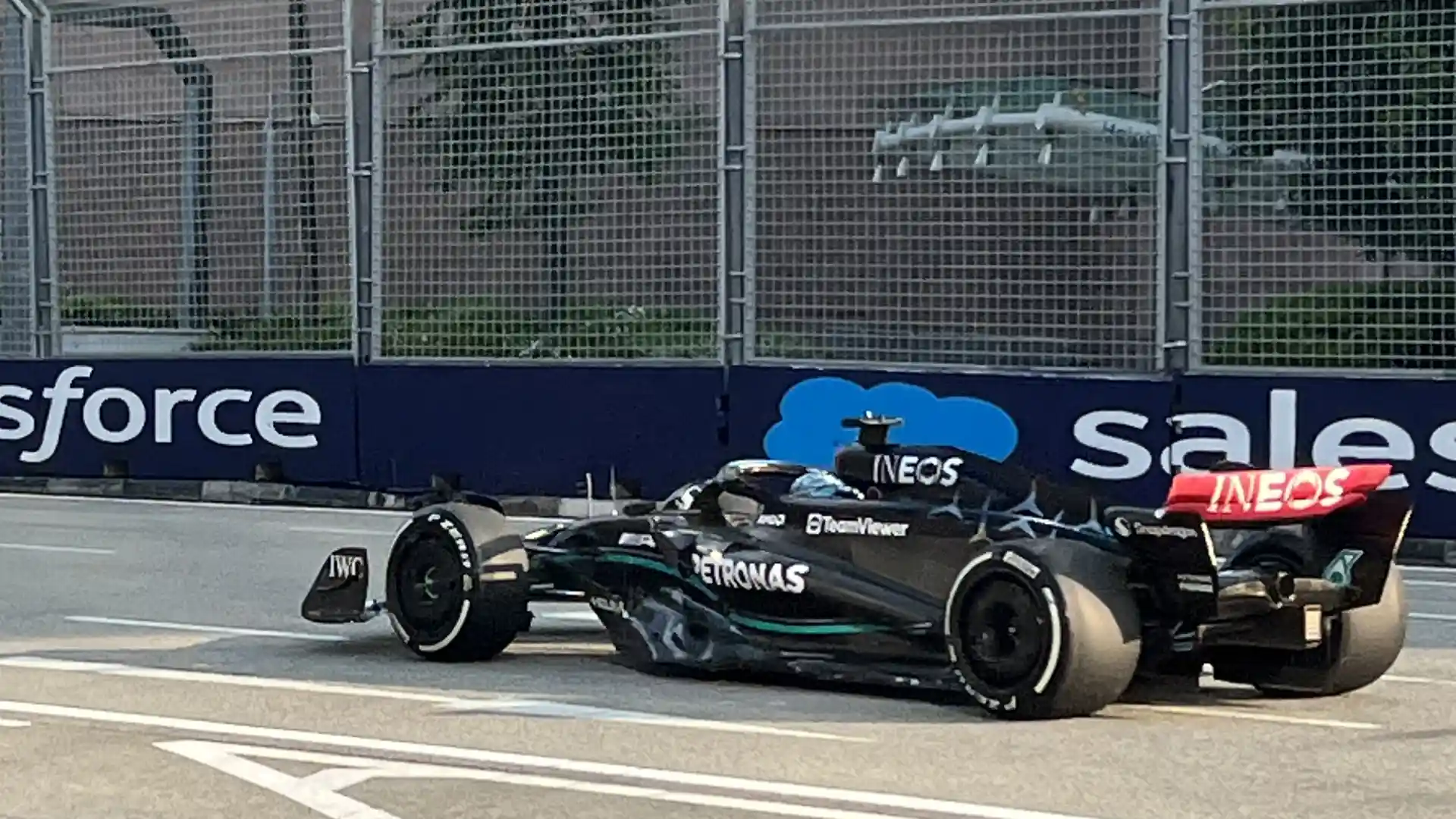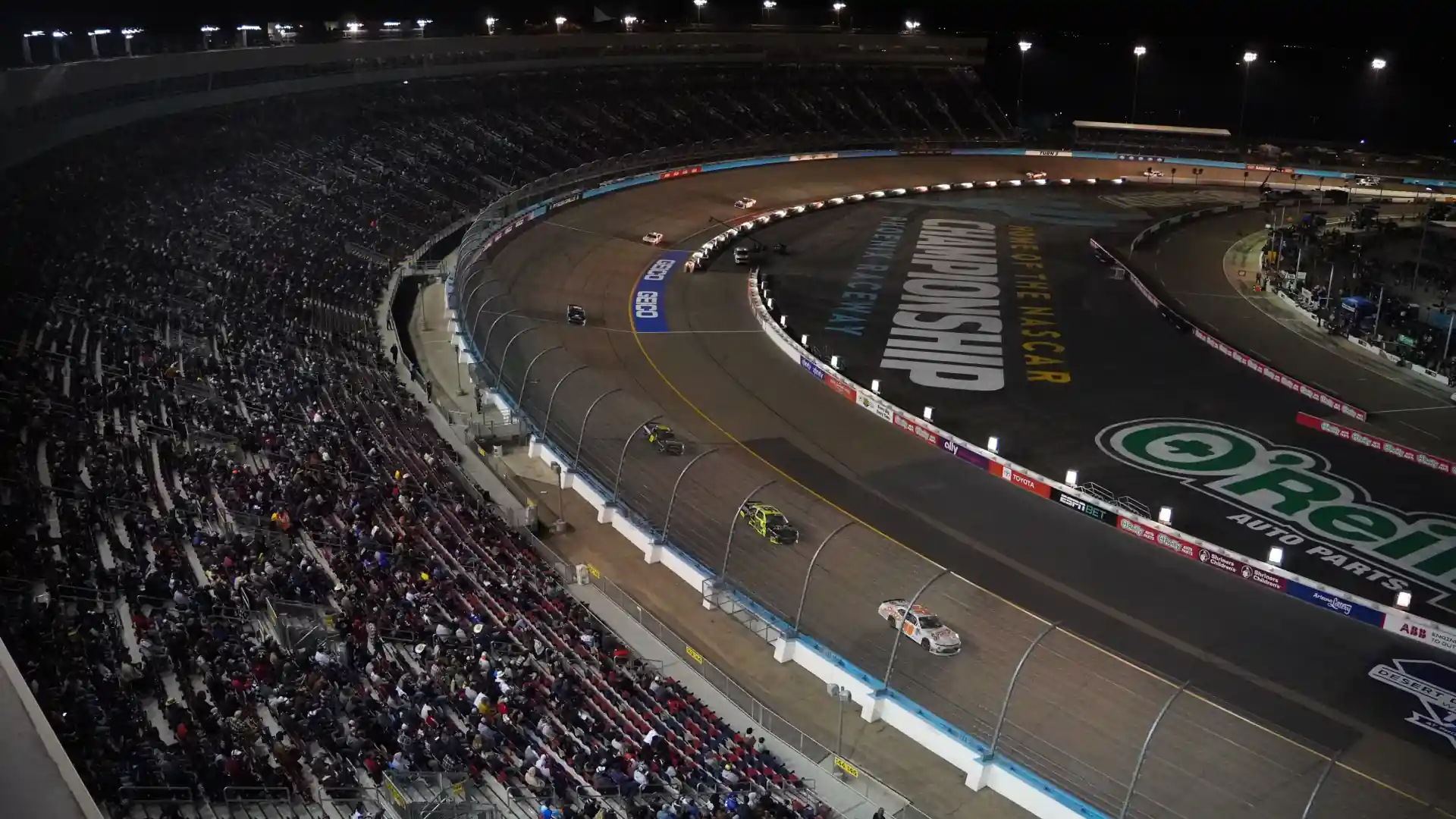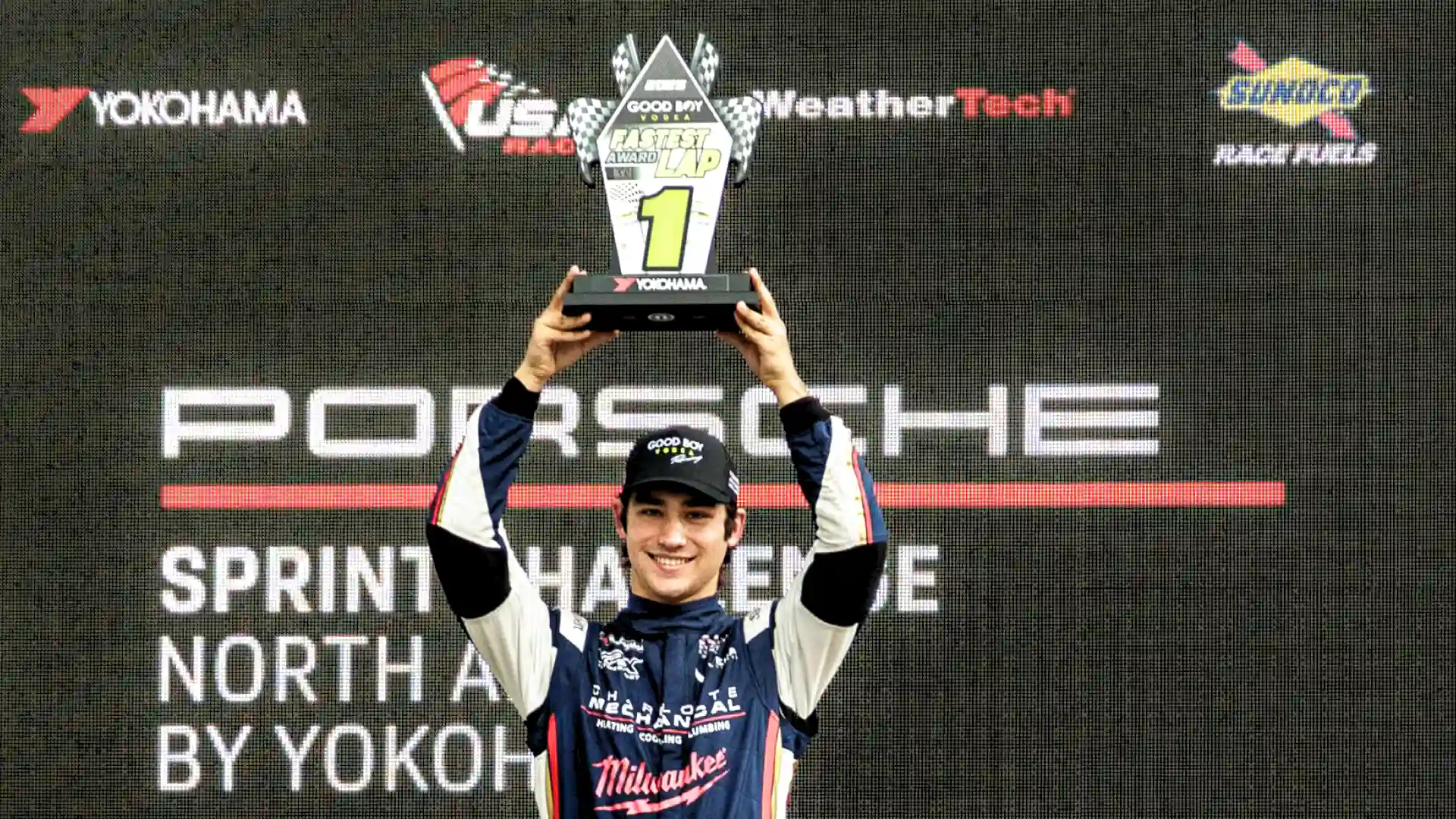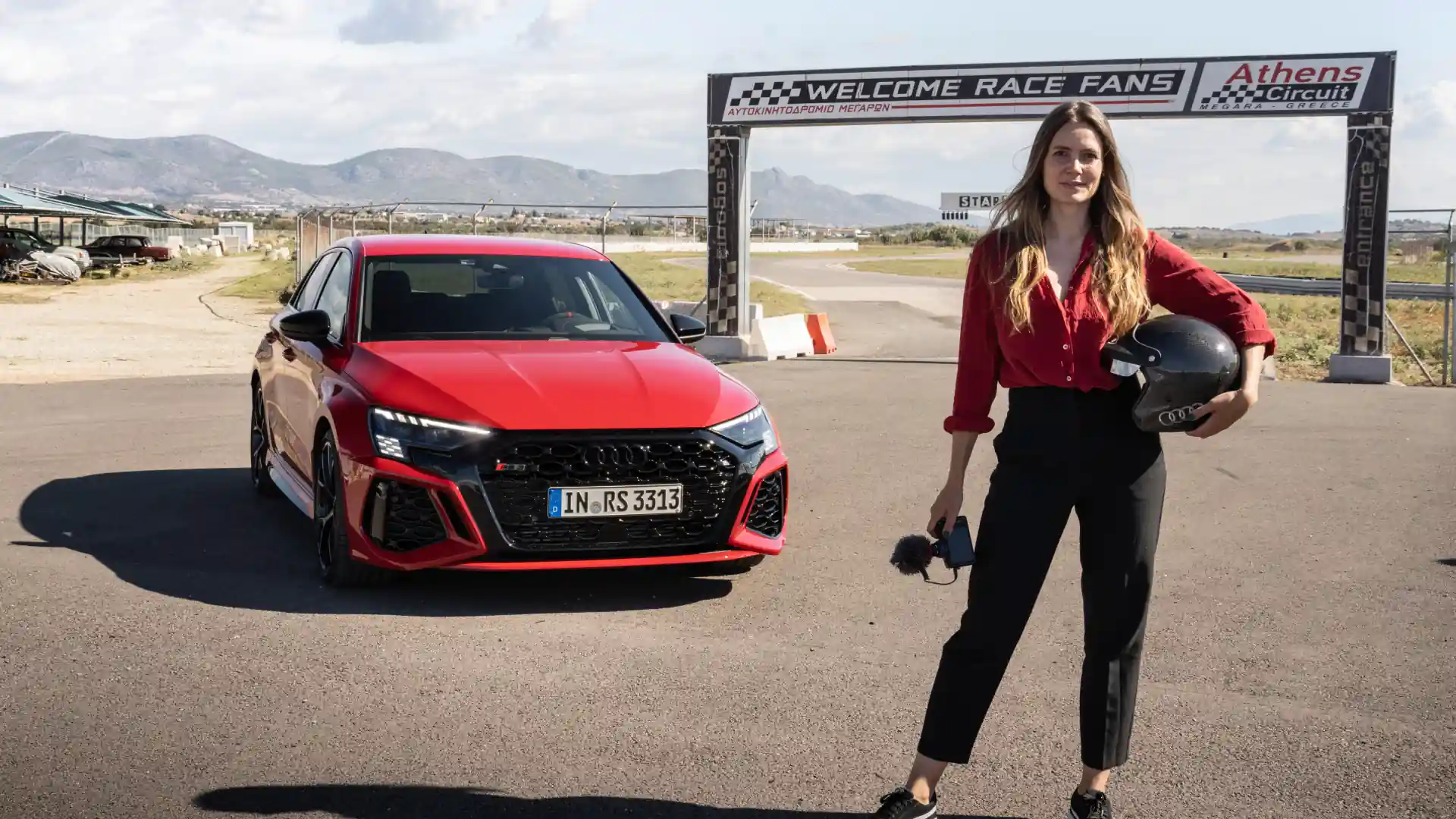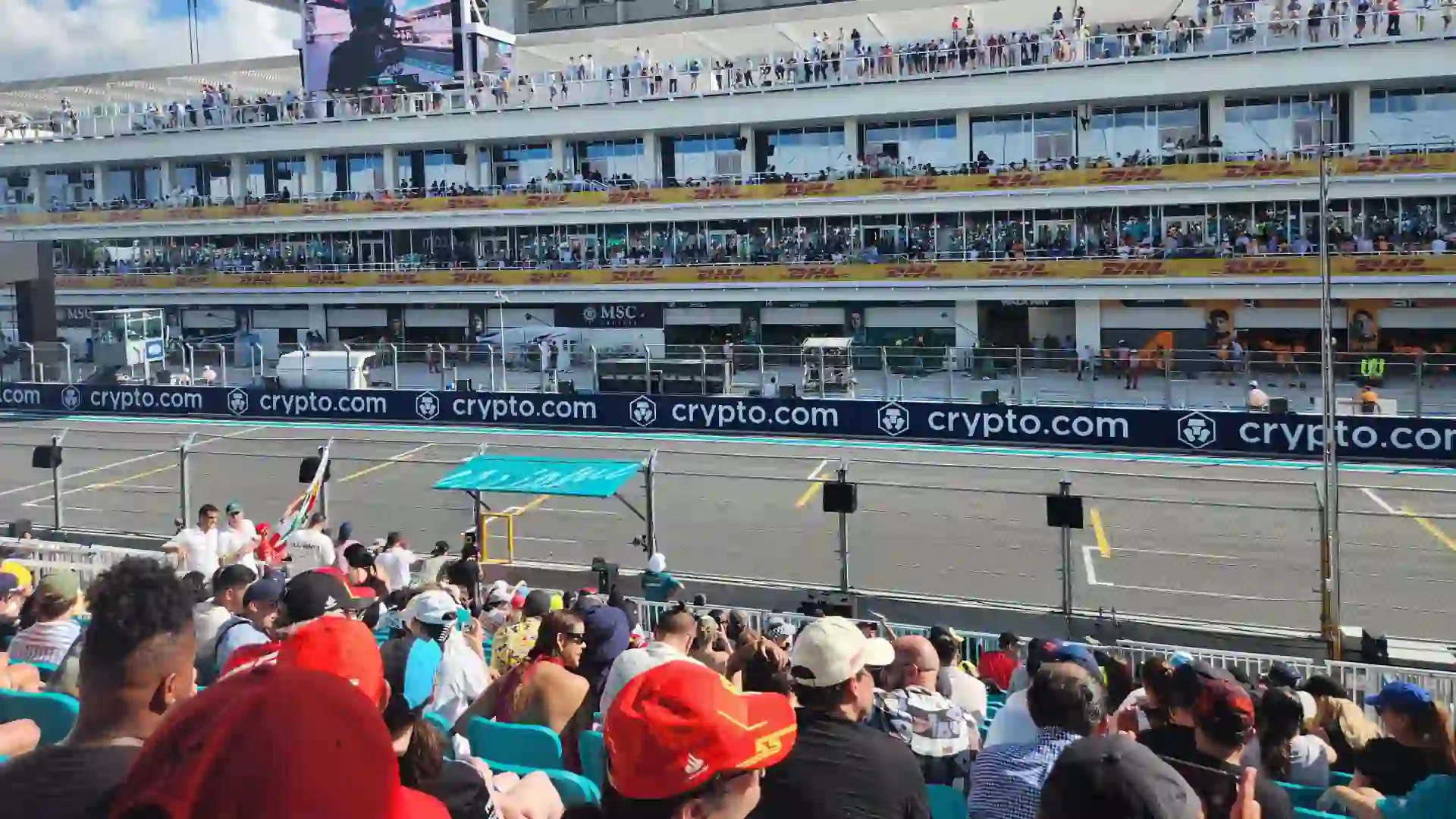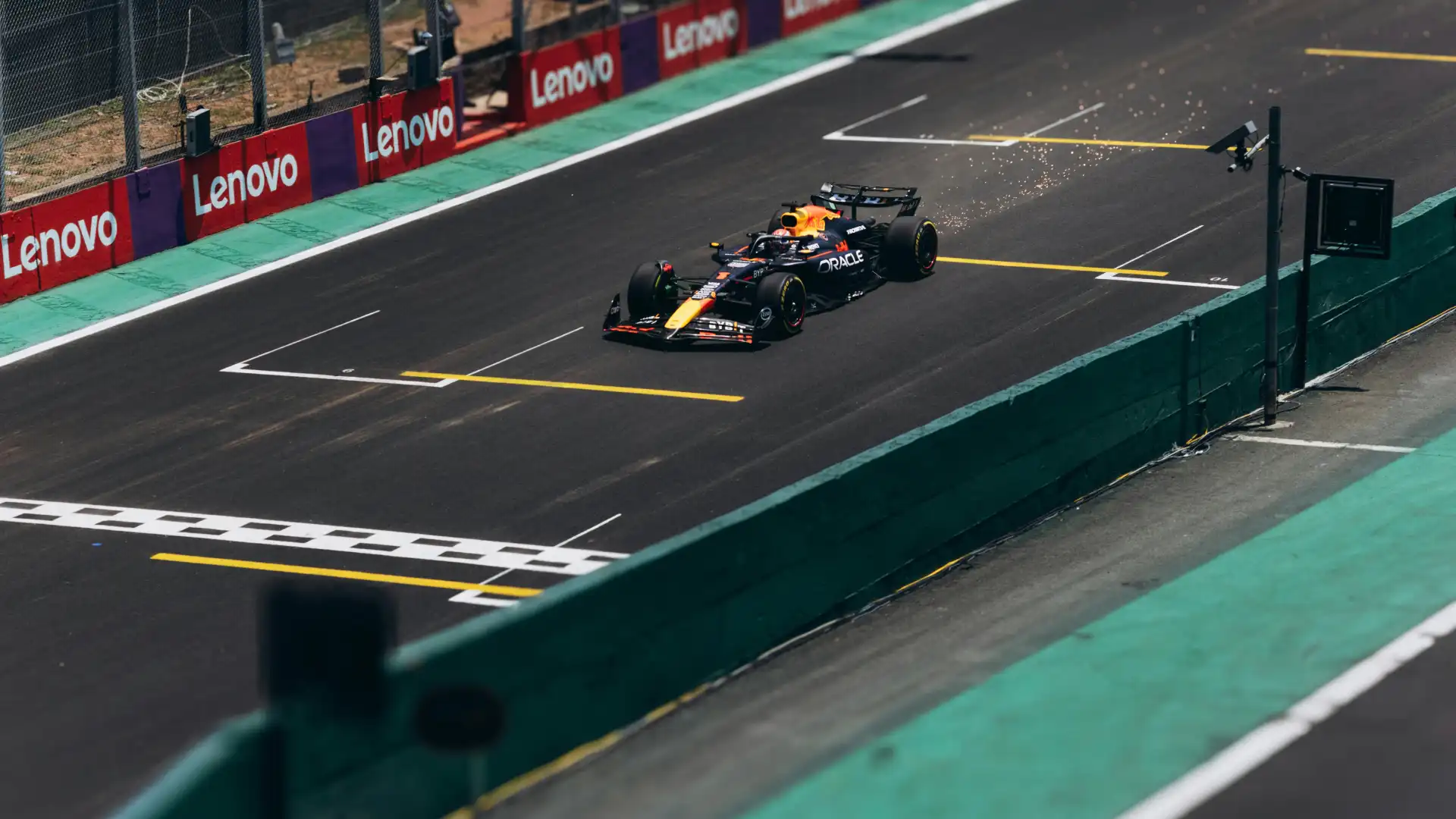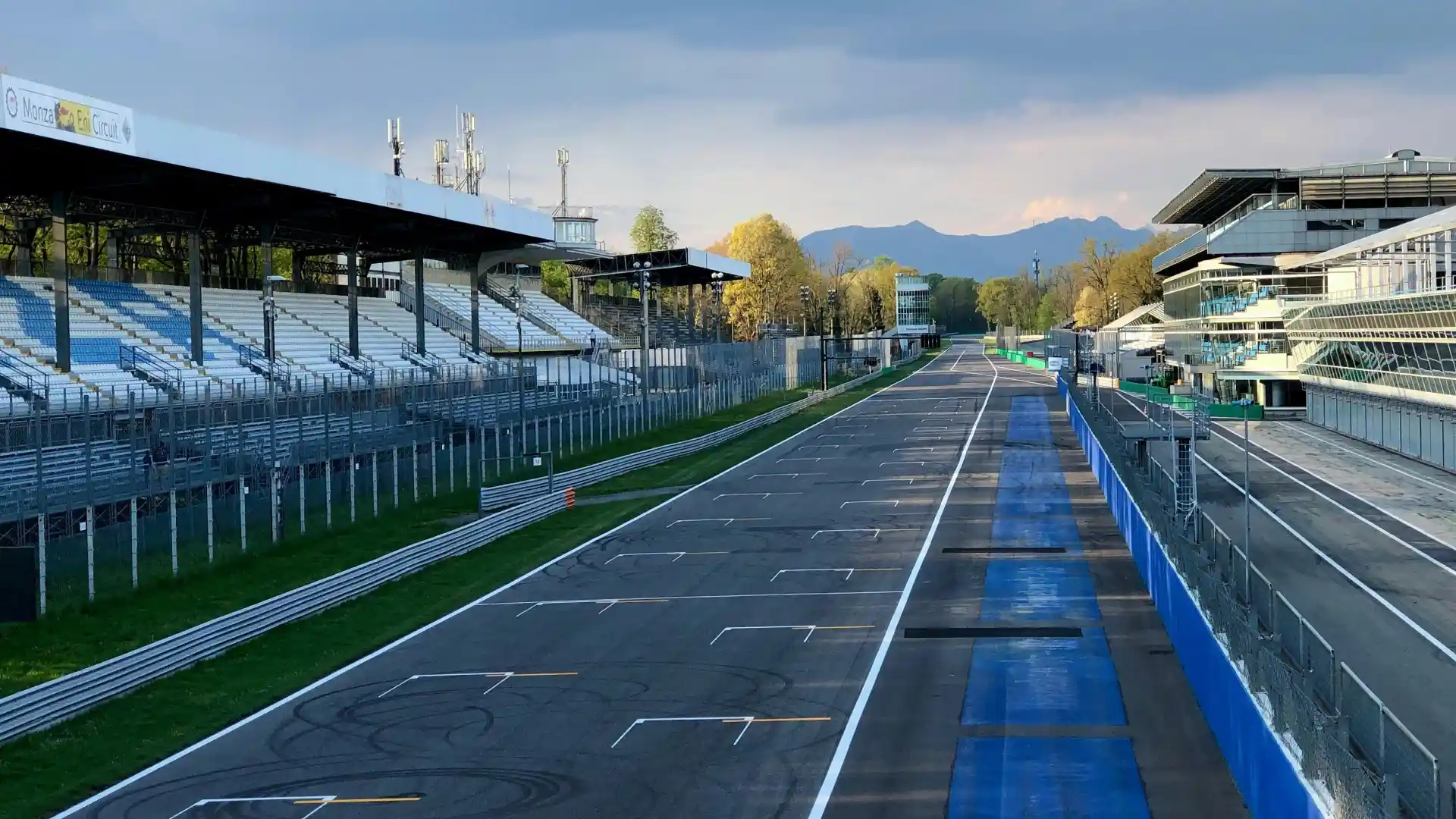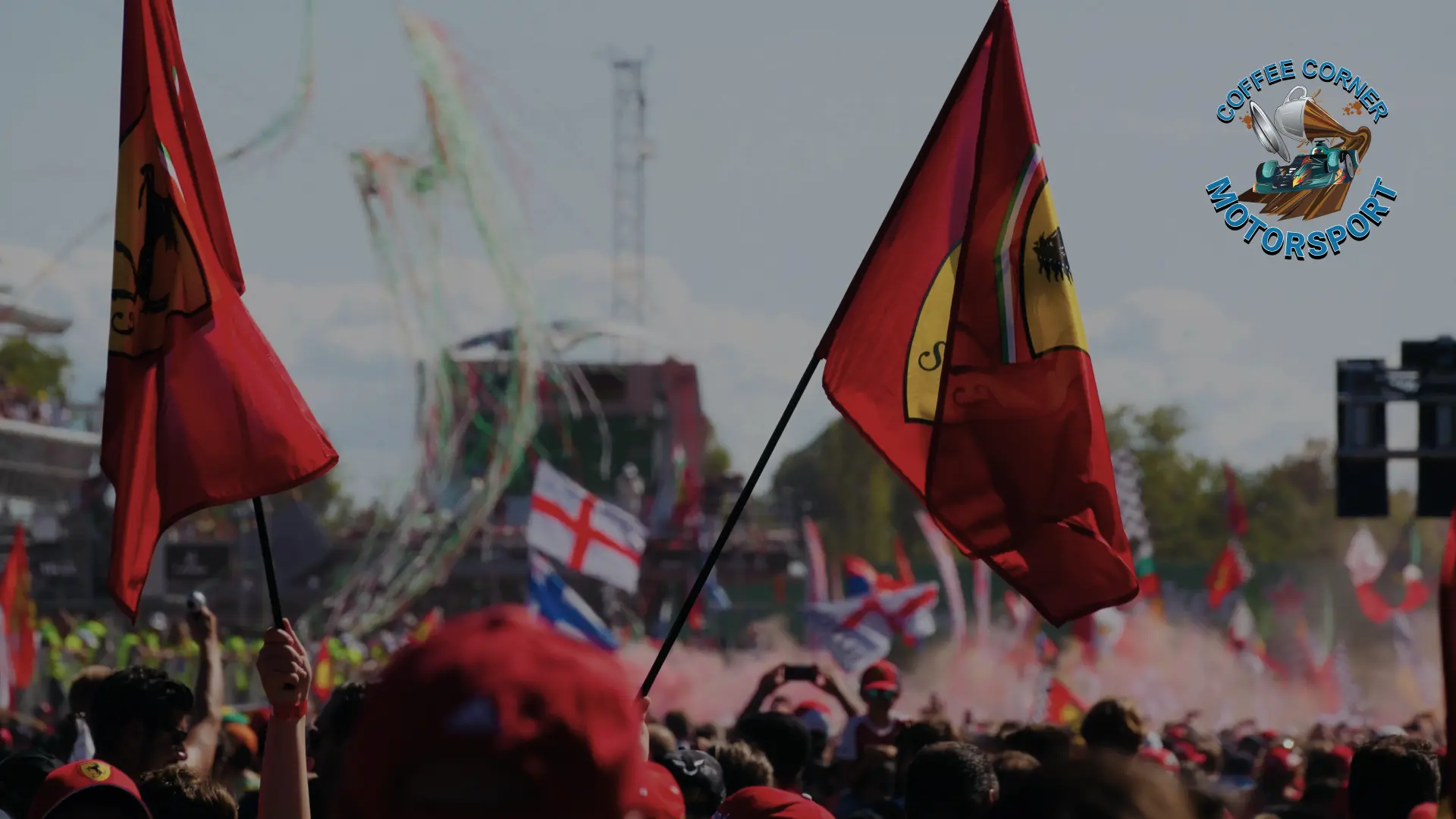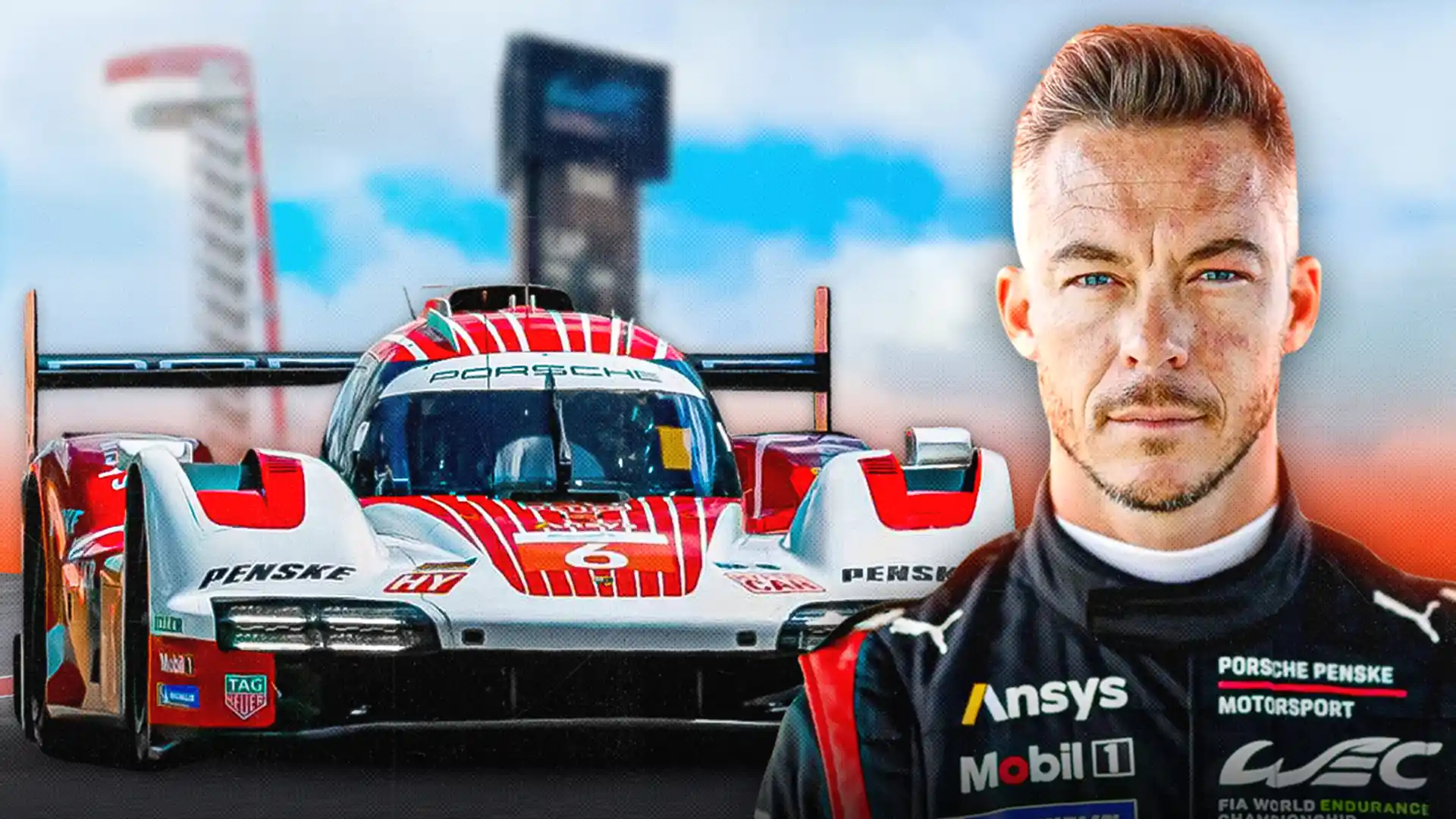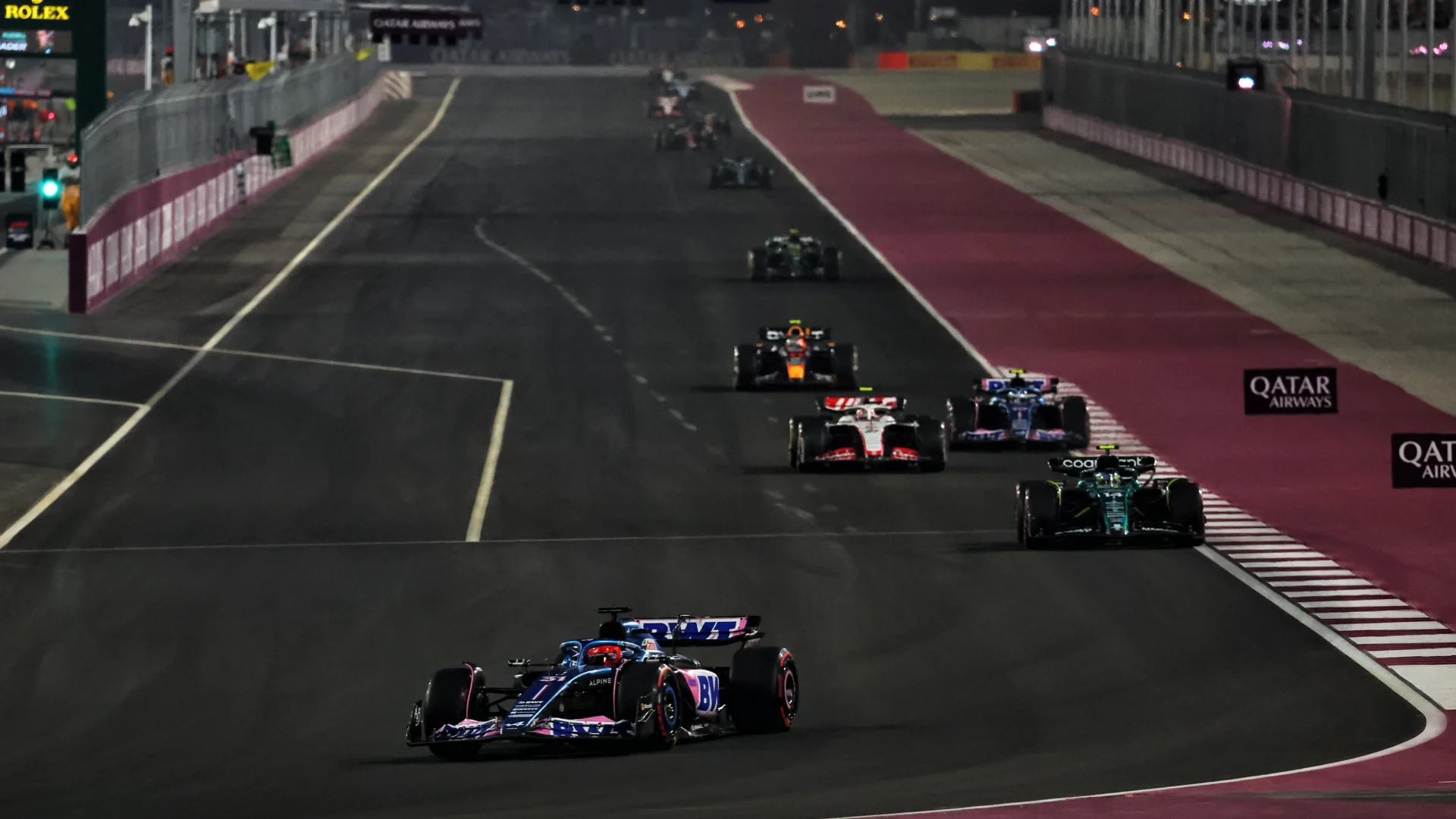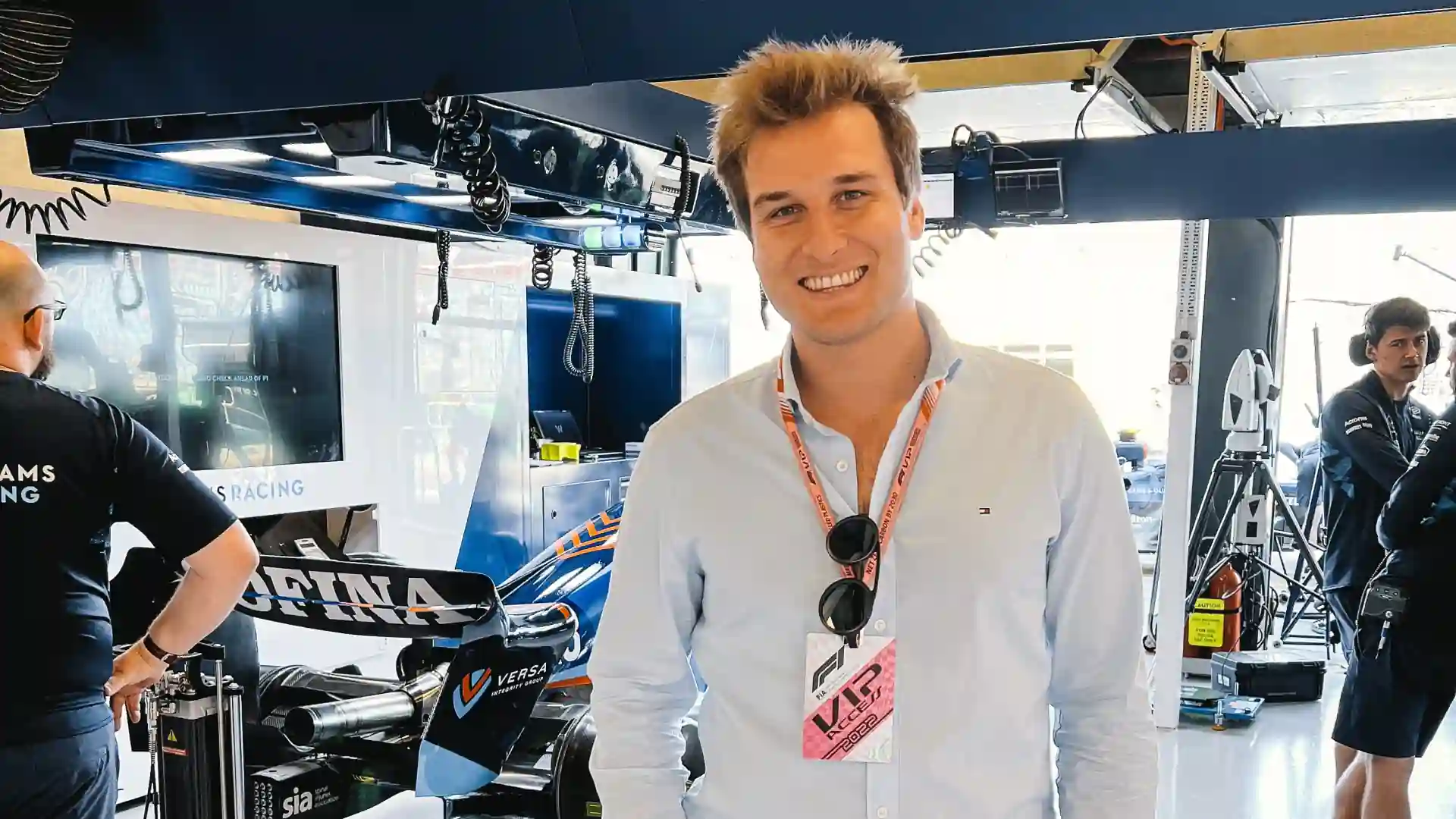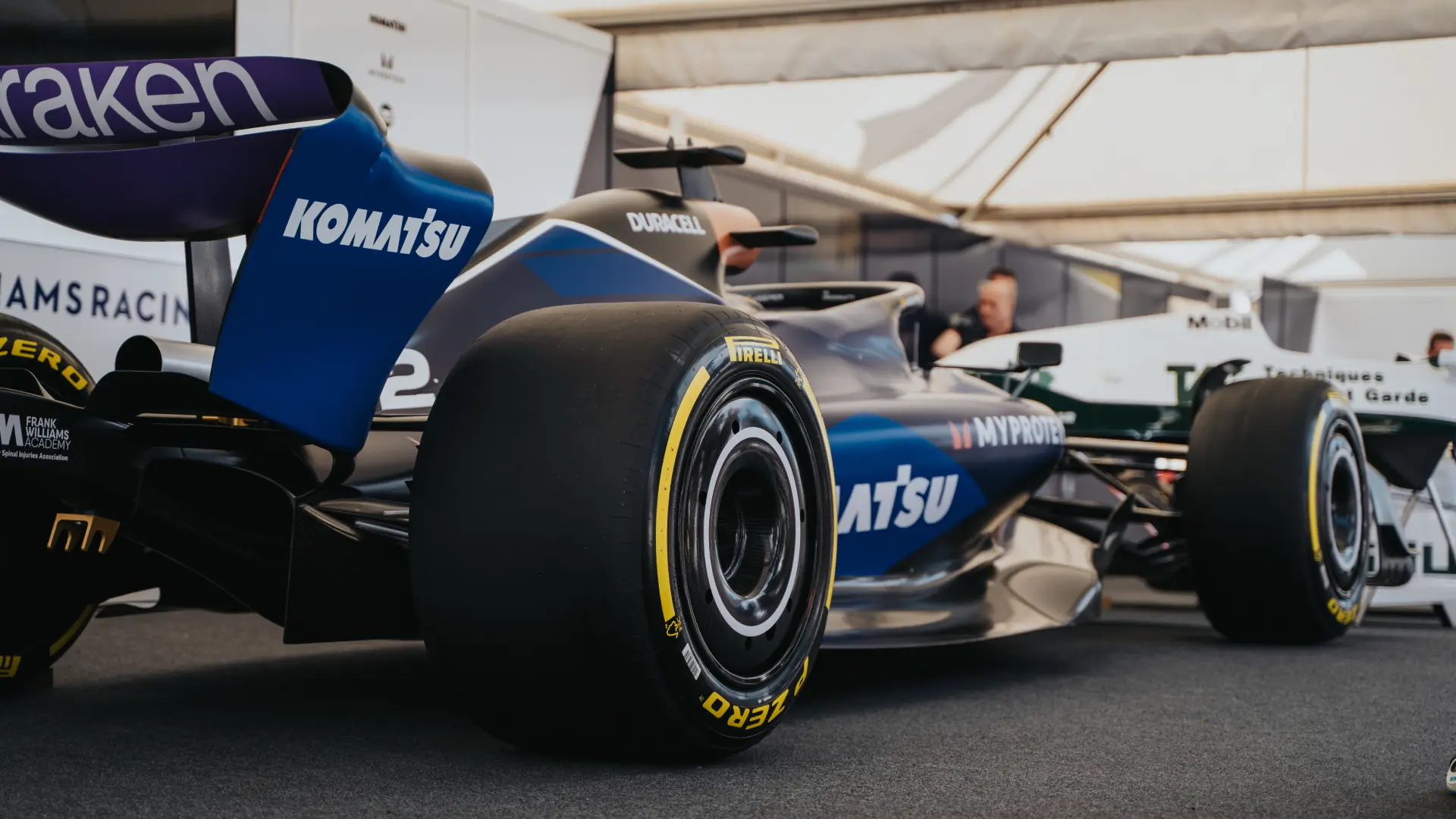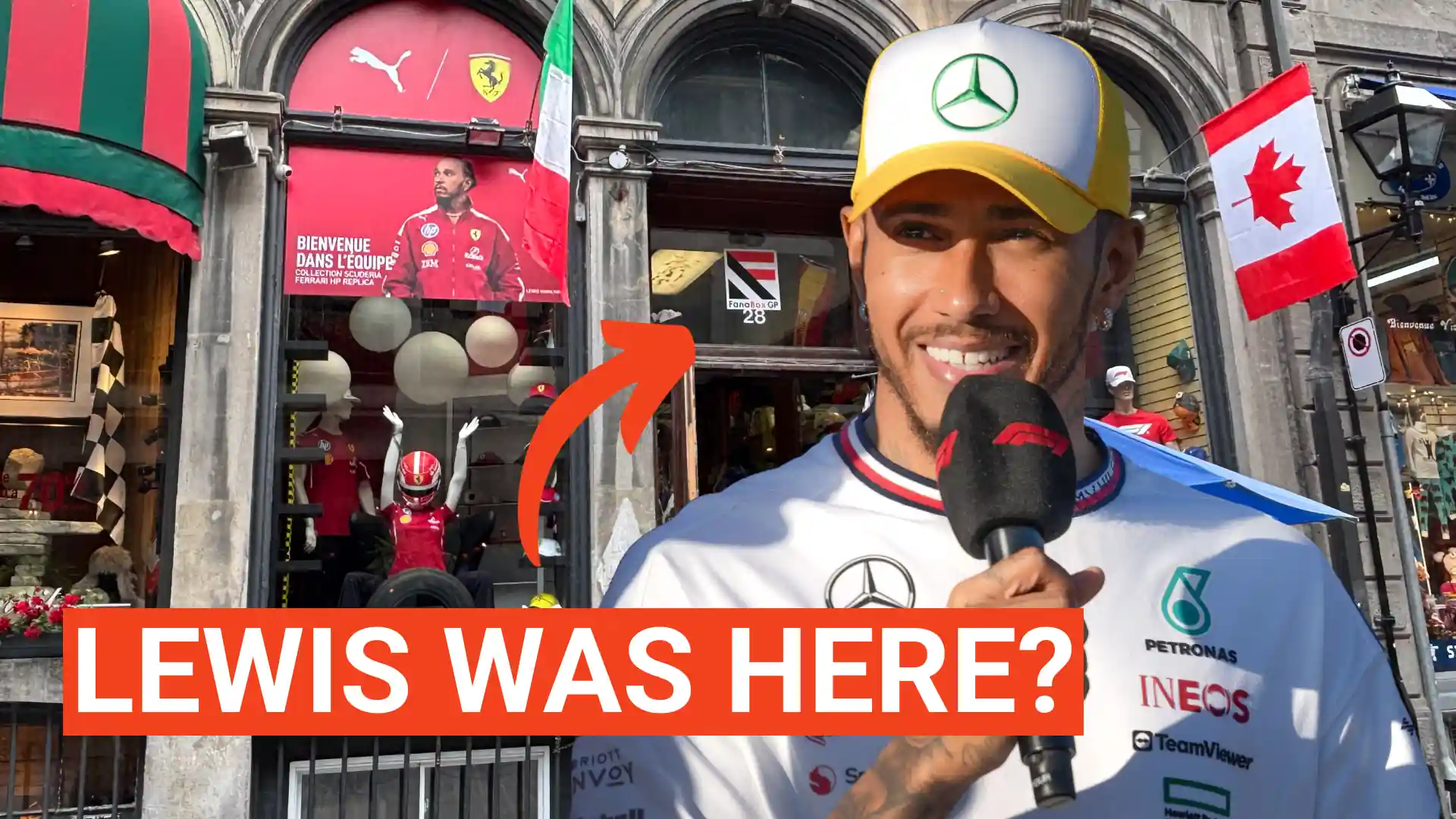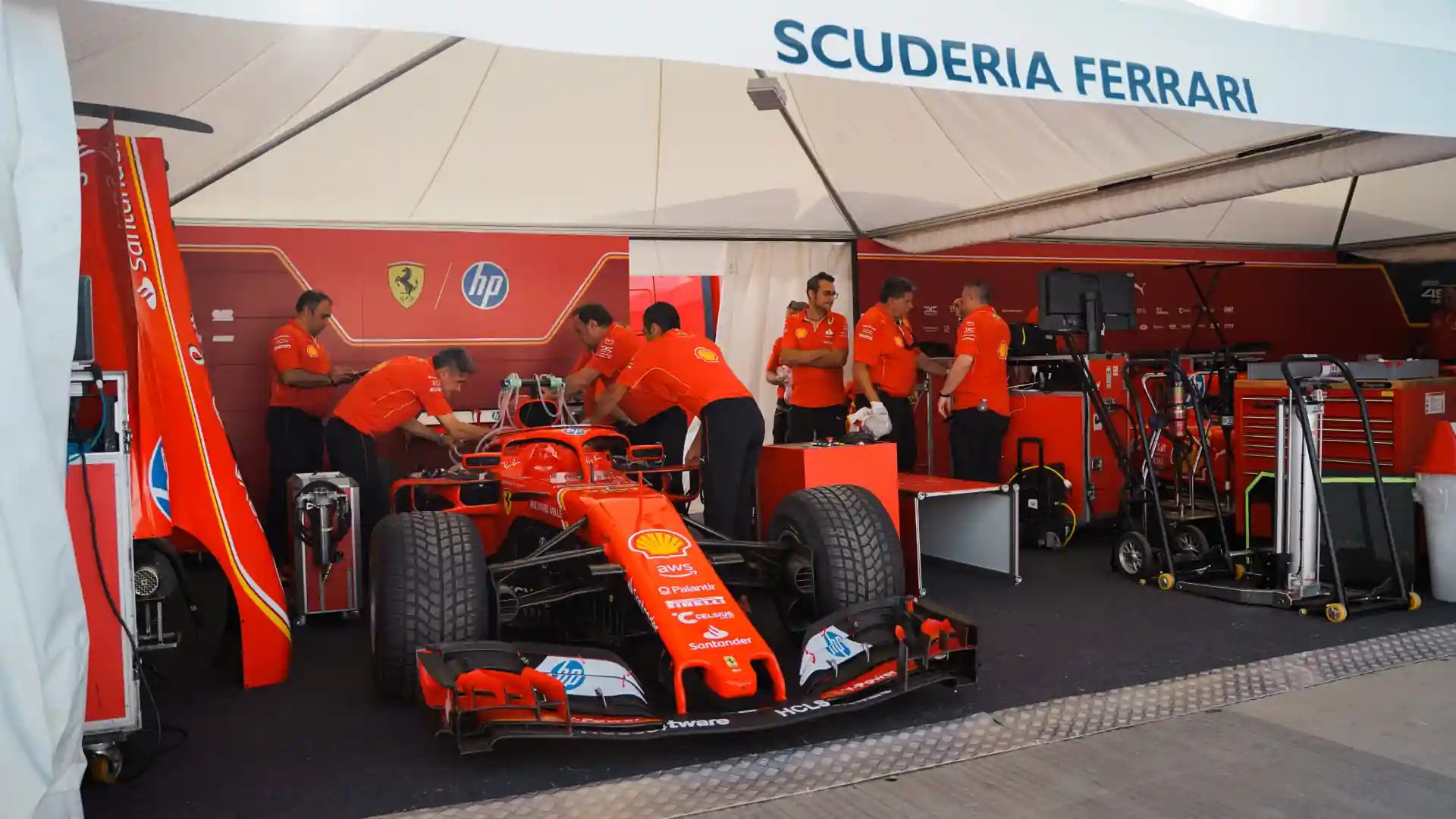We see Red Bull’s record-breaking pit stops and their Academy drivers on the podium. But who helps ensure its people perform at their best?
Position: Red Bull Academy Programme Manager
Her Role in One Sentence: Making sure that all drivers are physically prepped and that we do all of the work we need to do off-track to give them the best opportunity to maximize performance on-track.
Years in the Role: 8
Sarah's early career
#1. What was the first moment in your life that you discovered motorsports?
I'm going be honest, motorsport wasn't really on my radar in the early stages of my career. I've always been involved in sport, but motorsport wasn't on the radar. So it became on the radar eight years ago. I had two children and I thought that the world of sport is quite intense in relation to travel and the hours that you need to commit to it. And so I started transitioning into the corporate sector. I was doing some work in health and wellbeing and I applied for a job that I thought was working in the corporate sector.
Lo and behold, it was a company that also does some work in F1. They asked if I would be interested in being put forward for a job in F1 and that was my first job with Red Bull Racing. So I started working with them on race team pit stop performance and, yeah, it's kind of grown from there.
#2. What made you decide to jump in and say 'yes' to the offer?
Yeah, I think when I started the role with Red Bull, it was quite a small contract I signed to work with them. In my profession, there's a lot of similarities on the foundations of sport, but motorsport was completely new. Each sport has its nuances and motorsport is really interesting, it’s a fascinating sport. The more I got to learn about it, the more I was fully invested, shall we say. And here I am eight years later and I haven't transitioned away from it. I think you grow to love the sport. So that was my journey.
#3. Can you give us a sense for what the pit stop performance work entailed?
Yeah, so obviously pit stop performance plays a large role in the strategy in Formula 1. So if a team has good pit stops that can often be, from a strategy perspective, really beneficial. So Red Bull have invested a lot in the development of the program for pit stops. And we work a lot with the race team to make sure that they're physically prepped for the role that they have on pit start. We look at injury prevention, we look at general fatigue management across the season. We covered a range of things, but it also gave me insight into what the sport entails.
Sarah's current role
#4. How would you describe your role in one sentence? What does a standard day look like for you?
I'm the Red Bull Academy Programme Manager. I'm not sure you can really put it into one sentence. There's not really a standard day. I would say that is common in sports. It's not a structured 9-to-5. But in terms of what the role entails, it can be everything from utilizing my skill set from when I was a physio by trade and then transitioned into strength and conditioning. So I still utilize those skills in my role in terms of making sure that all drivers are physically prepped and that we do all of the work we need to do off-track to give them the best opportunity to maximize performance on-track.
But then also in terms of managing the program, it's working with [Campos Racing] that runs the cars for us, making sure that there's a fluid line of communication in terms of what we're trying to deliver from Red Bull's stand. And also making sure that we're looking at on-track, again, for how we maximize that environment for performance. So whether that's calling strategies, whether that's working on the engineers in terms of communication—yeah, it can cover quite a wide range of skills.
Greg: So you work many different people. Are you also focused on the performance of all of those different people?
Overall, at the end of the day, irrespective of whether you're looking at Formula 1 or you're looking at a junior category of racing, at the end of the day you're making sure that you are creating an environment for that driver to perform. So whether that's speaking to Campos—Campos runs how we're going to run quality strategy, but it's having those discussions and getting to know each driver to figure out what would work best. Campos leads on that side, but I'm also a voice.
It's working with Campos to make sure that we have a PR schedule that is suitable for each driver, and looking at schedules to make sure that we recognize that drivers need downtime to cognitively regroup. It's just making sure that the environment is set up to maximize performance.
But then outside of that, we look at what else we can do for the drivers to ensure that we're prepping them for when they get to track or when they have time on-track. So that's the physical stuff, that's looking at nutrition strategies, that's looking at jet lag planning if we have to travel across time zones, that's considering the environment—like, is it going to be a really hot race? All of those things come under that umbrella.
I think that's the thing about motorsport for me, is that in so many other sports once that athlete gets to their competitive arena, most of the time, as a coach, that's on them. You've done your work and they have to deliver. I guess in motorsport, the interesting environment is that you're always navigating a world whereby those cars that the drivers are running on-track have a whole team of people putting those cars on-track. So whether that is Campos making sure that car is built and ready to run on-track—they’re constantly looking at setup changes. They're constantly thinking like, okay, there's more grip on the track. What do we do for that driver to provide the car in the best setup? It's not just rock up and drive. There's so much more to the sport. So therefore it's constantly making sure that either that driver is communicating effectively with the team because it’s important that their feedback is good to the team so that the team can then manipulate the car to manage their performance.
But also, I think the environment is a unique environment. There are very few sports where you are in that arena for such long periods of time. It's very common that we can be at track at 9am and we don't leave till 9pm. So it's like a 12-hour day. And within all of that 12-hour day, you know, everybody's got to perform. It's a challenging environment, but that makes it even more interesting for myself.
#5. What are the most rewarding and the most challenging parts of your job?
Rewarding
I think rewarding, that's easy, because we're all competitive. We're all in sport because we love the competitive aspect of it. So obviously it's incredibly rewarding when you get drivers having podiums. We're all in it to win. It's really—that's the pinnacle of it. You also have to look like you're not always going to have a podium every weekend. You hope you do, but you're not always going to. There's a certain aspect of it that is outside of my control. So you find other ways of finding rewards in your job like feedback from Campos.
The other day I had [Gabriela Parra] text me and say one of the drivers managed so much better because she's physically so much more prepared this year for her drive. She wasn't showing signs of physically fatiguing through a test week or a couple of test days. That in itself feels quite rewarding because it feels like our development plan is doing what it's supposed to do. It's giving her the ability to show her performance rather than physically being fatigued.
Challenging
I think 'challenging' is difficult. We have three drivers. So you're always managing the expectations of those drivers. Every driver turns up to the track wanting to win. Only one of them can win. And that's challenging. You know, that's hard managing and navigating that.
I think also just as a member of staff in a sport like motorsport is that there's a lot of travel involved and travel brings about jet lag and fatigue. So I think for all the members of staff that are involved, you know, there is a challenge of managing your own wellbeing to make sure that you're there to support performance. Because if you're an engineer and you turned up feeling jet lag and running off three hours sleep you can't bring your best to the game either. So yeah, it's recognizing how far you can push your own self in that regard with travel and work.
#6. What are the three qualities that have helped you succeed at this?
Communication
I think in sport in general, communication is pretty key. Even more so in a sport like this. We predominantly focus on the drivers, but behind any driver we have 11 staff supporting the drivers at track on an F1 Academy weekend, and you go up to F1 and you've got, 1,500 staff supporting two F1 cars. So communication is really key. You have to have good skills in that area.
Emotional Intelligence
My background is one of a physio and a strength and conditioning coach, or in motorsport we call them performance coaches. There's a lot of data and science behind what we do. But the art of delivering it as a coach is having that intuitive or that emotional intelligence. I think you need to be able to read people if you really truly want to deliver that information.
Organization
And then thirdly, what would I say, in this role: organization. When you're traveling and working across a number of different elements in Red Bull it's always having good organization skills and being able to prioritize what you need to prioritize in that given moment.
Sarah's advice
#7. If you could go back and give advice to your younger self, what would it be?
I don’t think it would be different. I think all the experience that I've had over the years got me to where I am now. I think regardless of what sport you work in, you learn different things from that. So you always take that into the next step of your career. I don't think I would have taken a different path. I think I'd like to say that, you know, I’d probably be a bit bolder, or have a little more self-belief. Sometimes I think that's an easy one to not quite fully invest in yourself. That would probably be my only thing. Just be a bit bolder and, other than that, I would have taken the same path.
#8. What about advice to someone who's looking to be in your position?
I'd say it's really easy because F1 is in the media and you see the glitz and the glamor and I would say don't run before you can walk. The more that you can work in sport or in lots of different environments gives you the skillset if you want to move into F1. Get as much experience as you possibly can. Work in the junior formulas and if motorsport—it is a niche environment, but certainly as a performance coach I bring a lot to the table from the other sports that I've worked in. I think you can gain experience in many different sports and then bring it to motorsport. So I think if you can't find your initial level of experience in the junior formulas, so things like F2, F3, F4, then also explore other sports. There's lots of other sports that have similarities to motorsport. Just get as much experience as you can and then that will play in and give you the opportunities in motorsport.
I think that's true amongst lots of different industries as well. Working in engineering, in Formula 1, what I love about Red Bull is that we really try to look outside the box. So you're always looking at other industries to think, "How are they utilizing that in their industry? And how is that applicable in Formula 1?" It's the same in performance coaching. It's always looking outside of the box. So in that realm, you can also come from a different route. It's not a closed pathway.
Sarah's career highlights
#9. What's been the most memorable moment of your career so far? Is it a special win, a team event, or maybe a hard weekend that you all got through?
With Red Bull, I was lucky enough to be in Abu Dhabi for Max Verstappen's first world title. I think as a performance coach, you're not an immediately impactful person in that win, but to watch the team that I've worked really closely with—it meant so much to them that you just feel such a part of it. That it was pretty epic.
In F1 Academy, there's several things. For [Hamda Al Qubaisi] to get her first podium towards the end of the season when it hadn't been an easy journey and we'd had—with every high you have lots of lows and it started off quite a struggle. So, to watch her progress and overcome some of the hurdles that she had and get her podium, that was special. But then this year having [Alisha Palmowski] get a podium on her first time in Shanghai as a rookie. And also the journey that Alisha's taking, and [Chloe Chambers] and [Rafaela Ferreira], we haven't seen that fully playout yet because we've still got three race weekends for the season. It's a good journey so far.
#10. Of all the places that you've been to, which has been your favorite city to run in?
I love Toronto and I love Montreal.
I really like the Austrian Grand Prix. [Laughing] I wouldn't say I'd be able to run the whole way because it's steep. It's huge. But just outside of the track, there's an observation deck where you can look out across the rolling hills of Austria and the track. It's more of a hike than a run because otherwise it would be a solid 5K straight up a hill, which I'm getting too old for. But that's a pretty epic environment.
Greg: Did you ever run in Singapore?
Yeah, I've done it in Singapore, but not going to say that's my favorite because that is very hot and very, very sweaty. But I try to make it a routine to run the track at every event that I go to. So sometimes I'll use my run to go out and see the city and then later in the week get a run done around the track. It's good to do it with the team. There's a lot of us that will run the track. So it's kind of nice to do as part of the team.
Cover photo credit: Red Bull Content Pool
Want to learn more about other professionals across motorsport series? Then check out all of our Fast Lane interviews, or jump right into one of these:
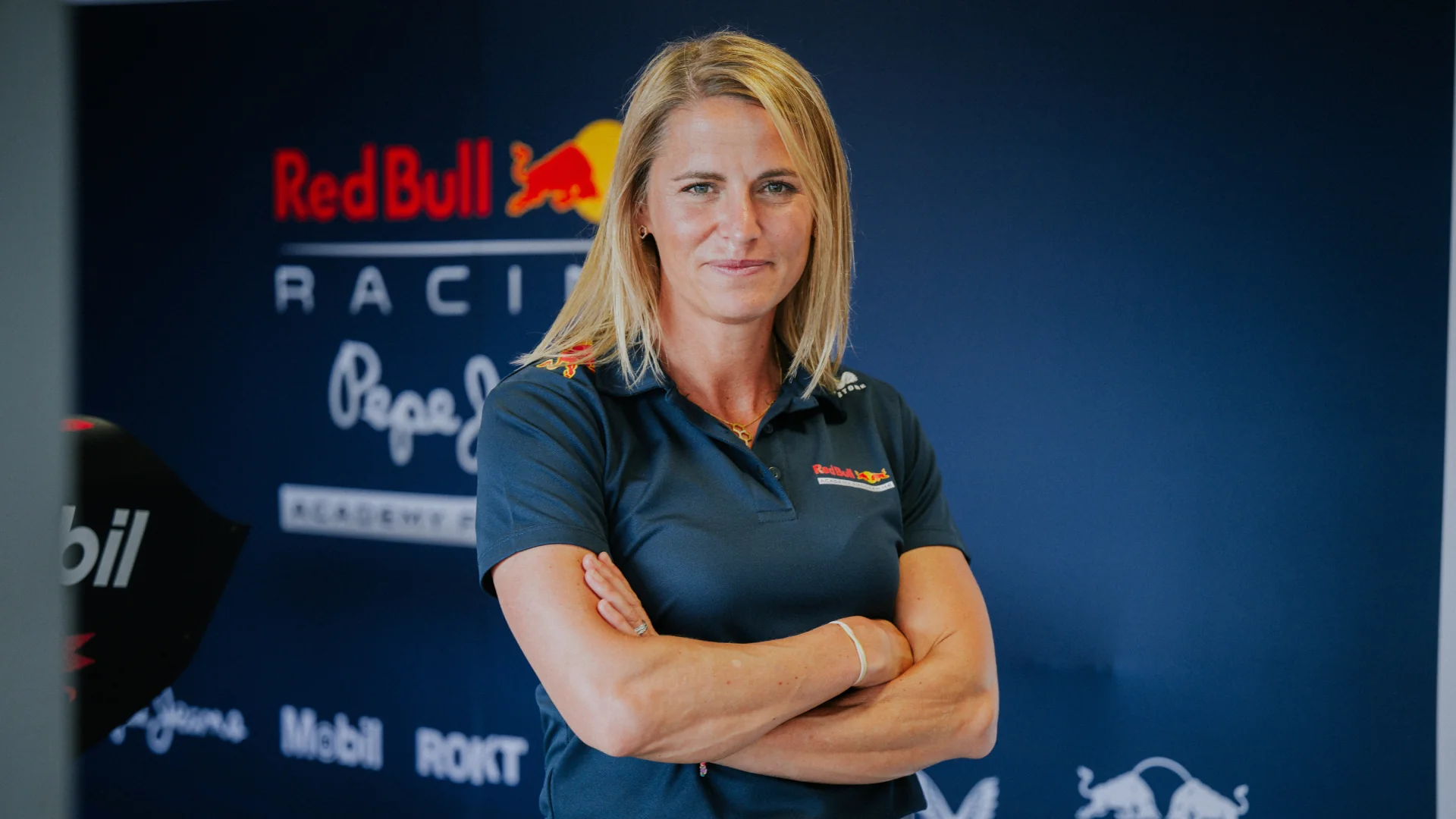
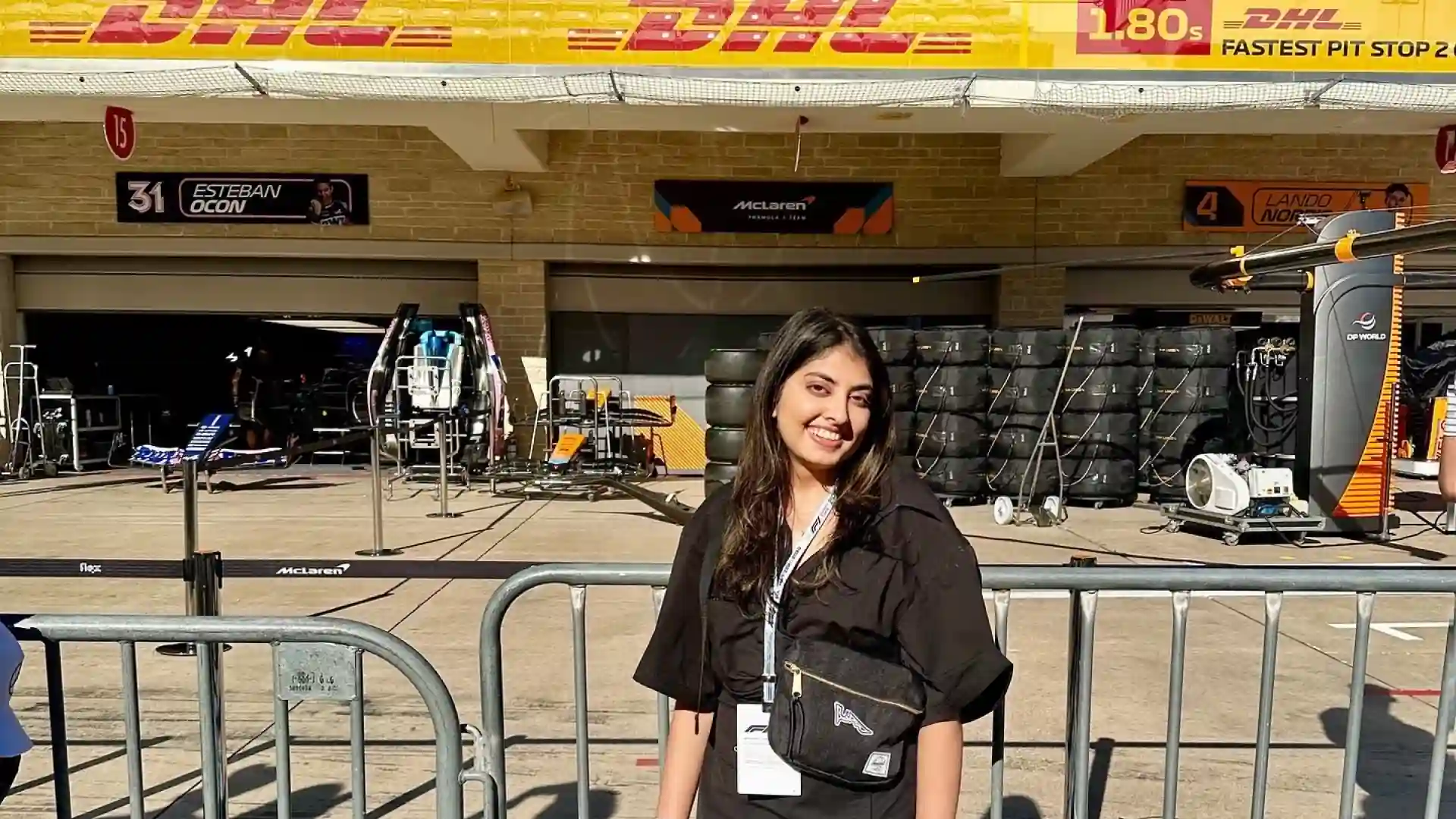
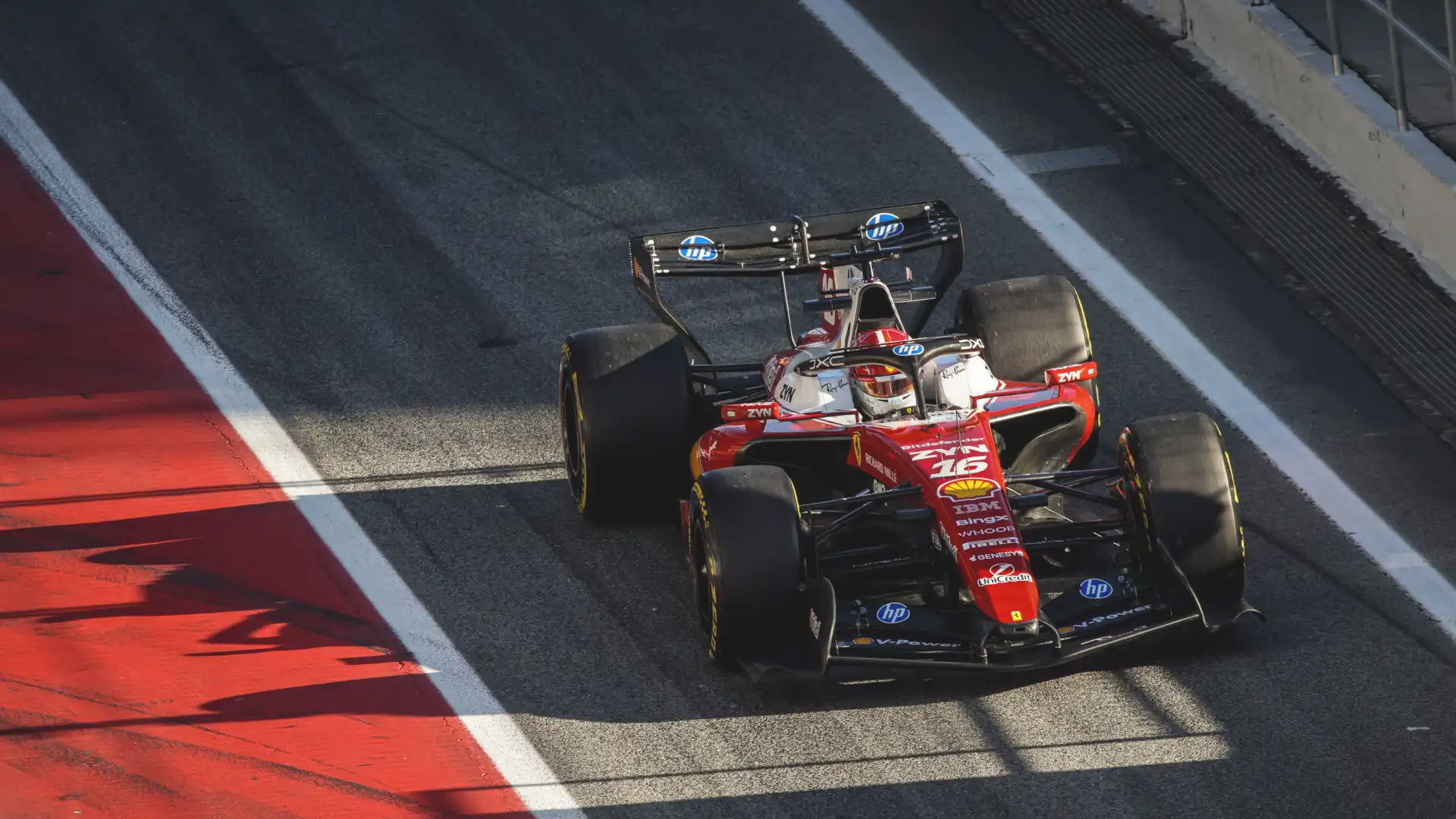
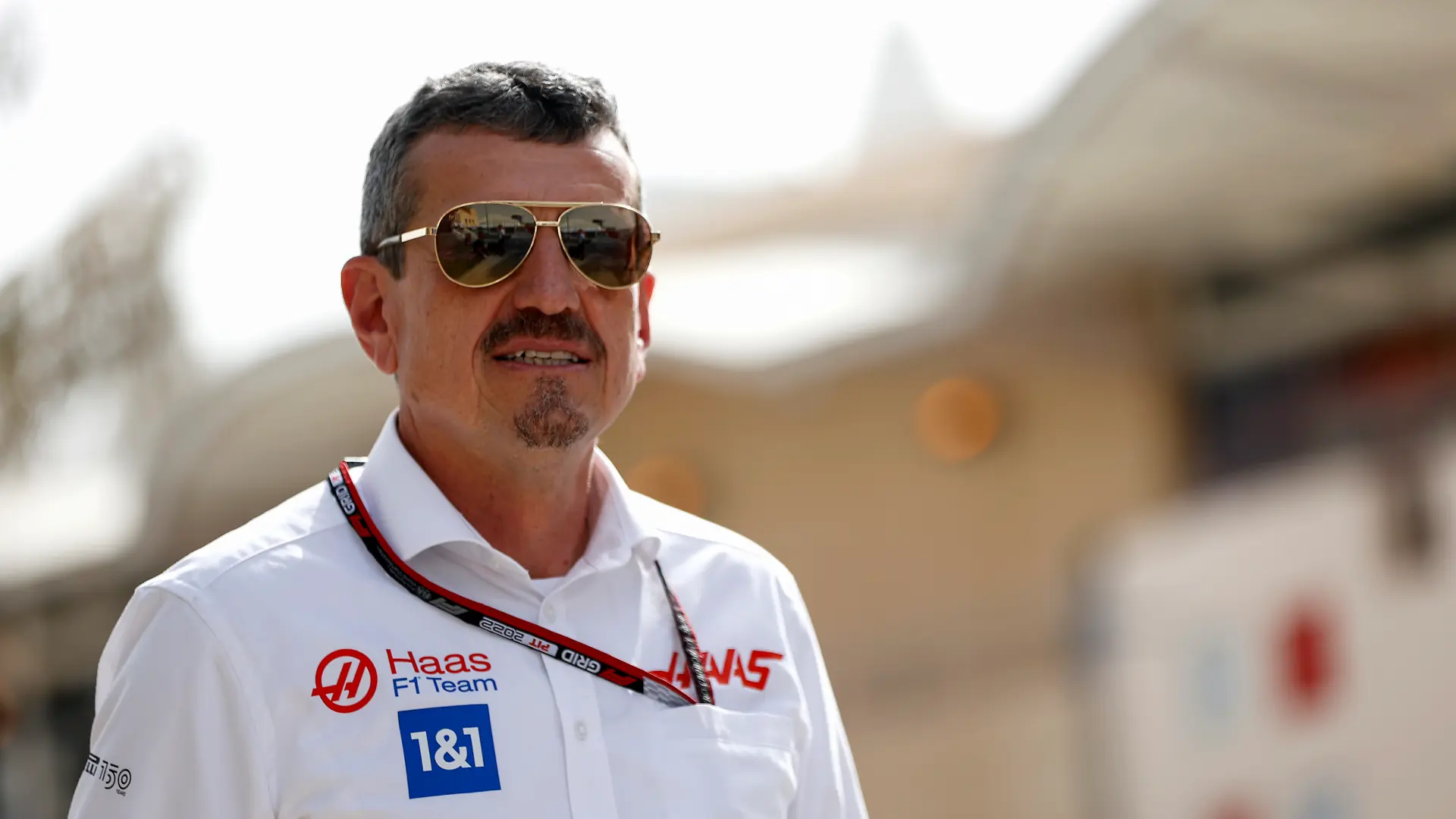
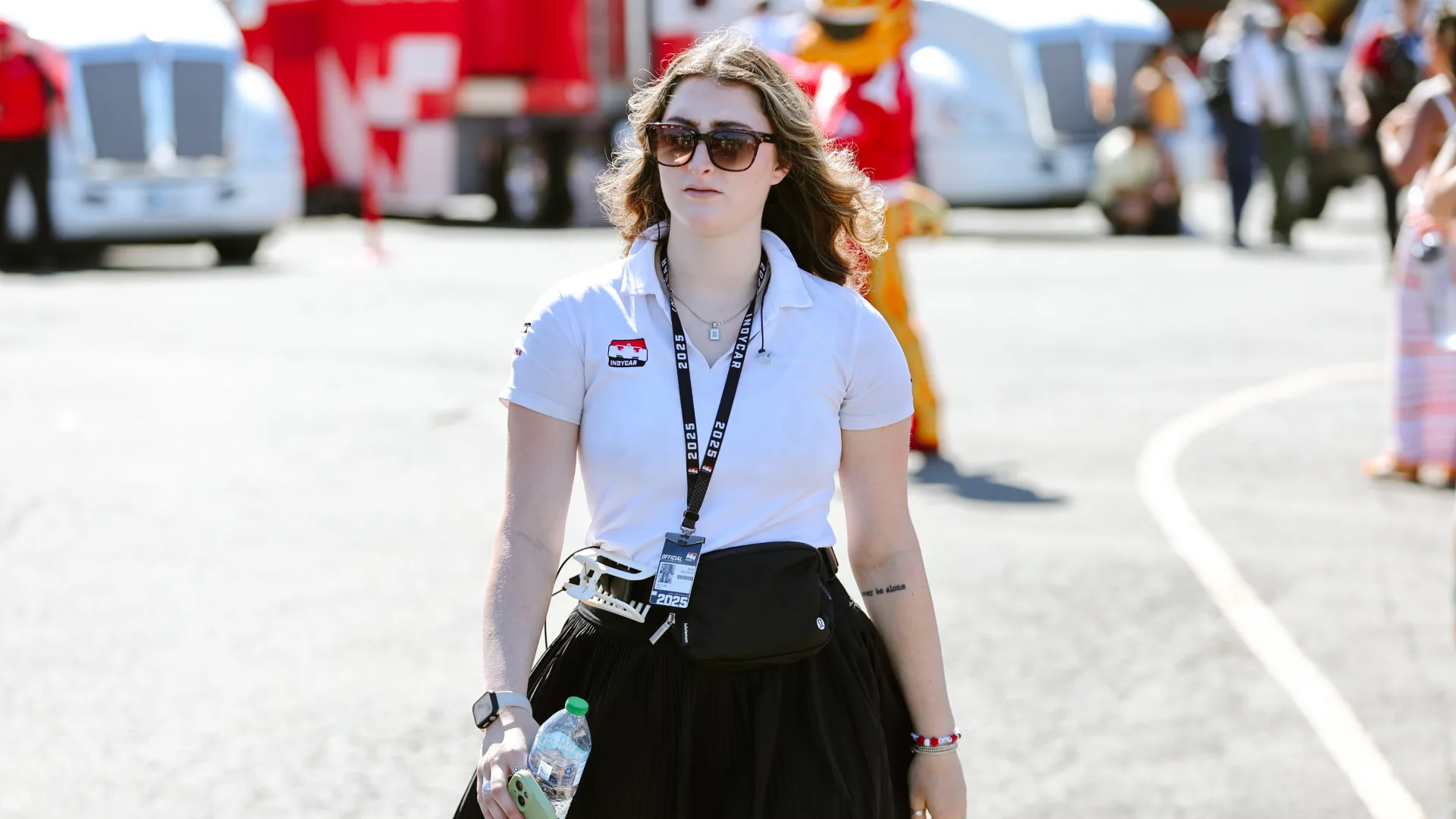
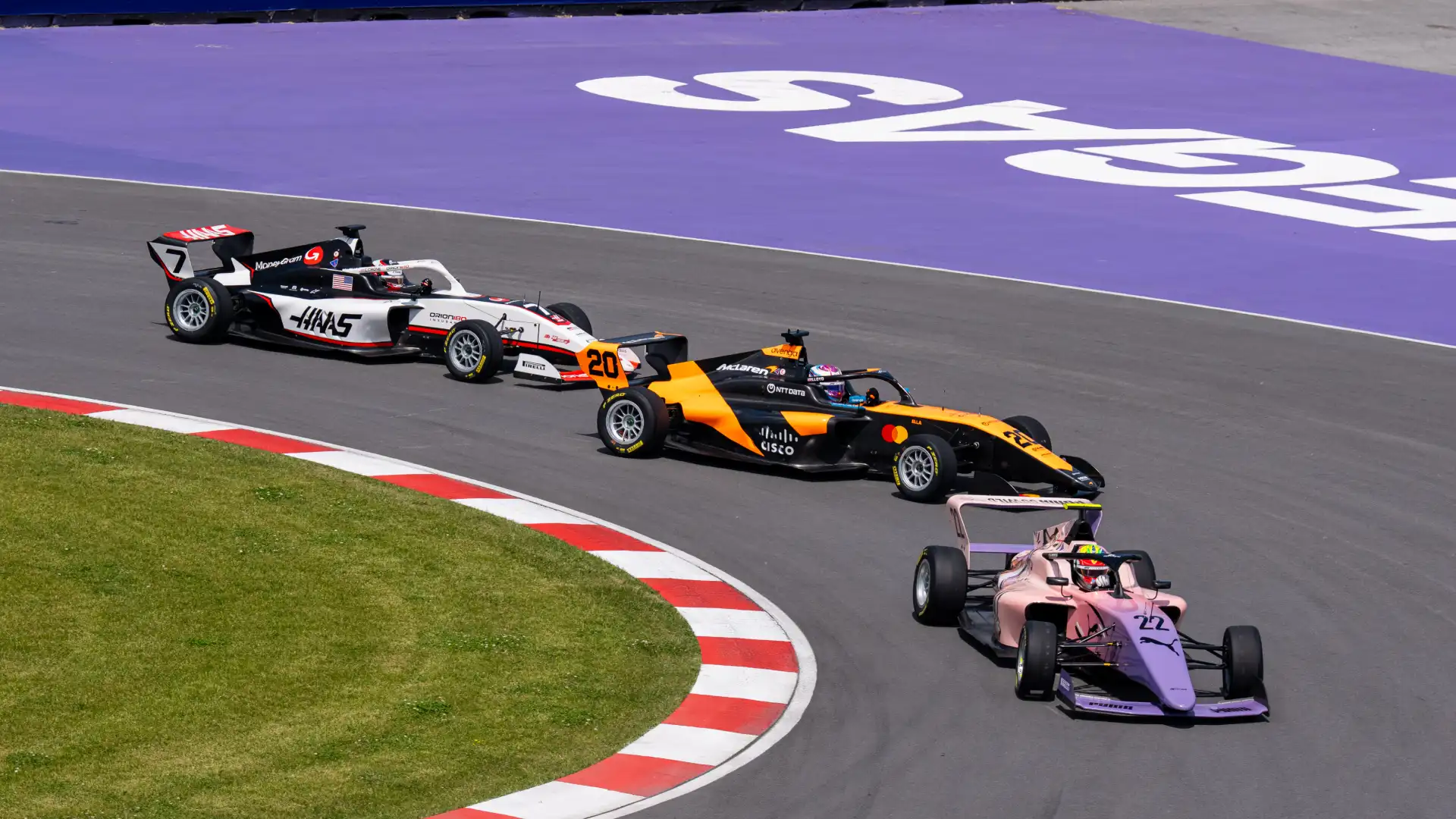
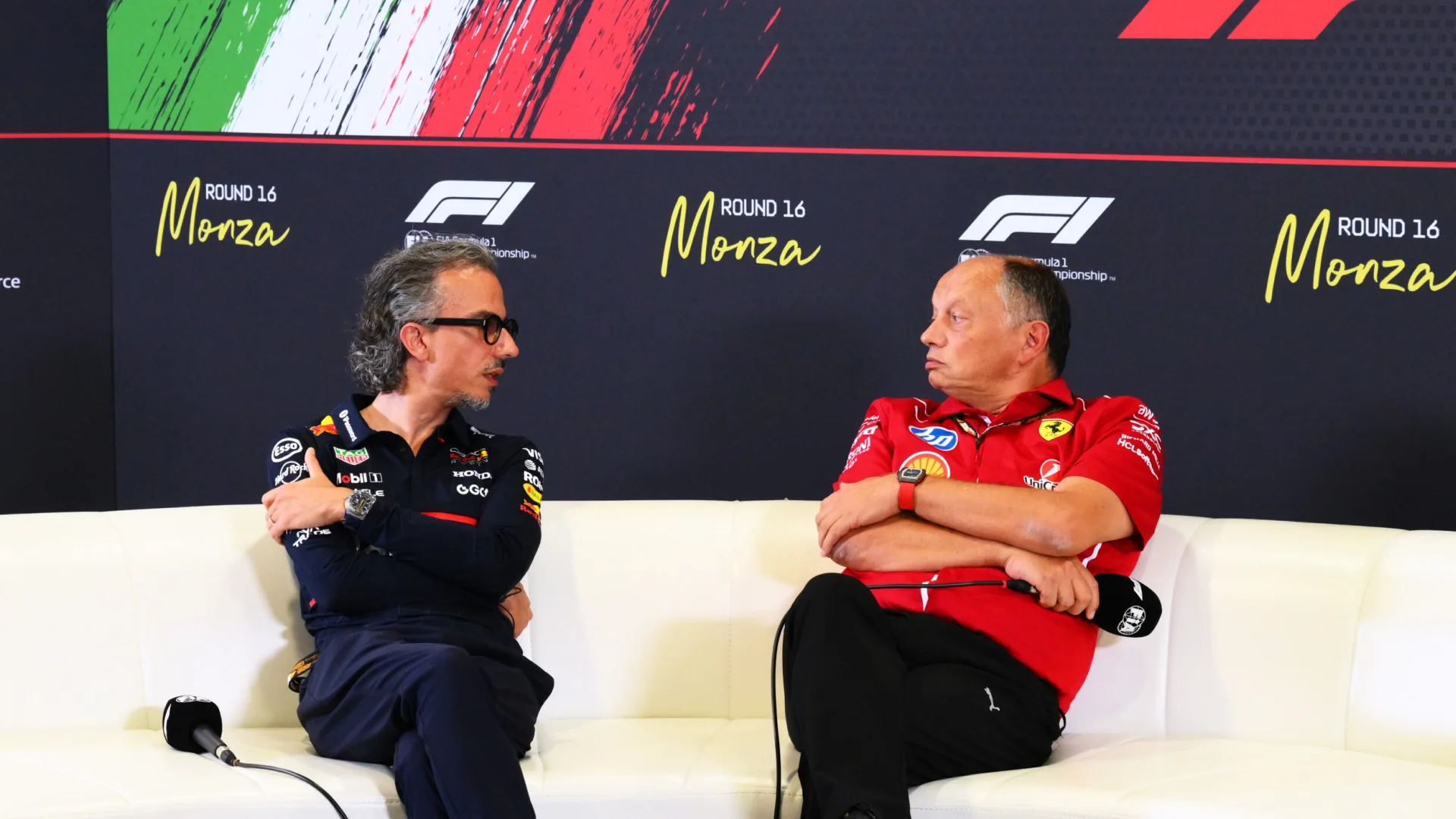

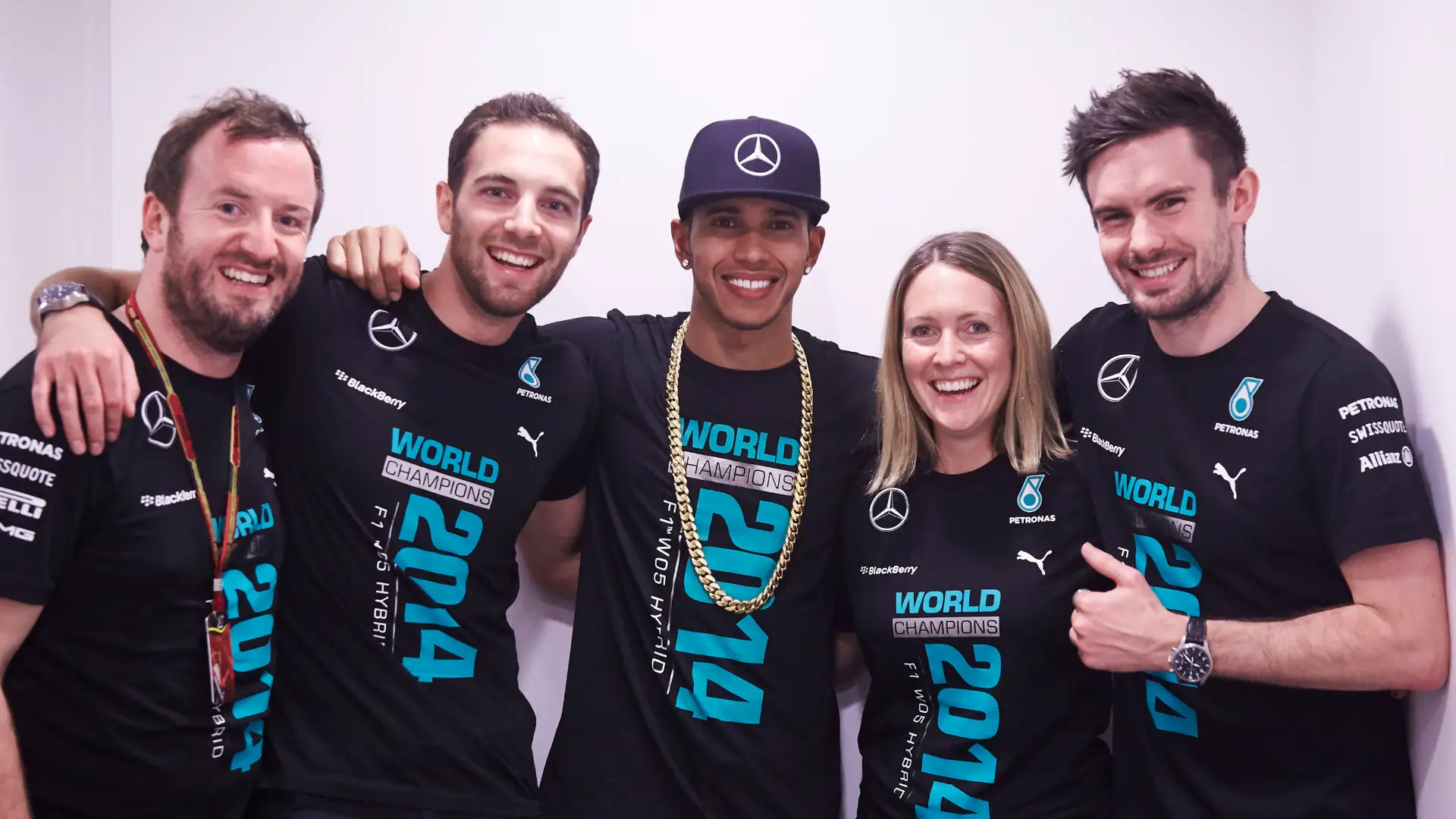
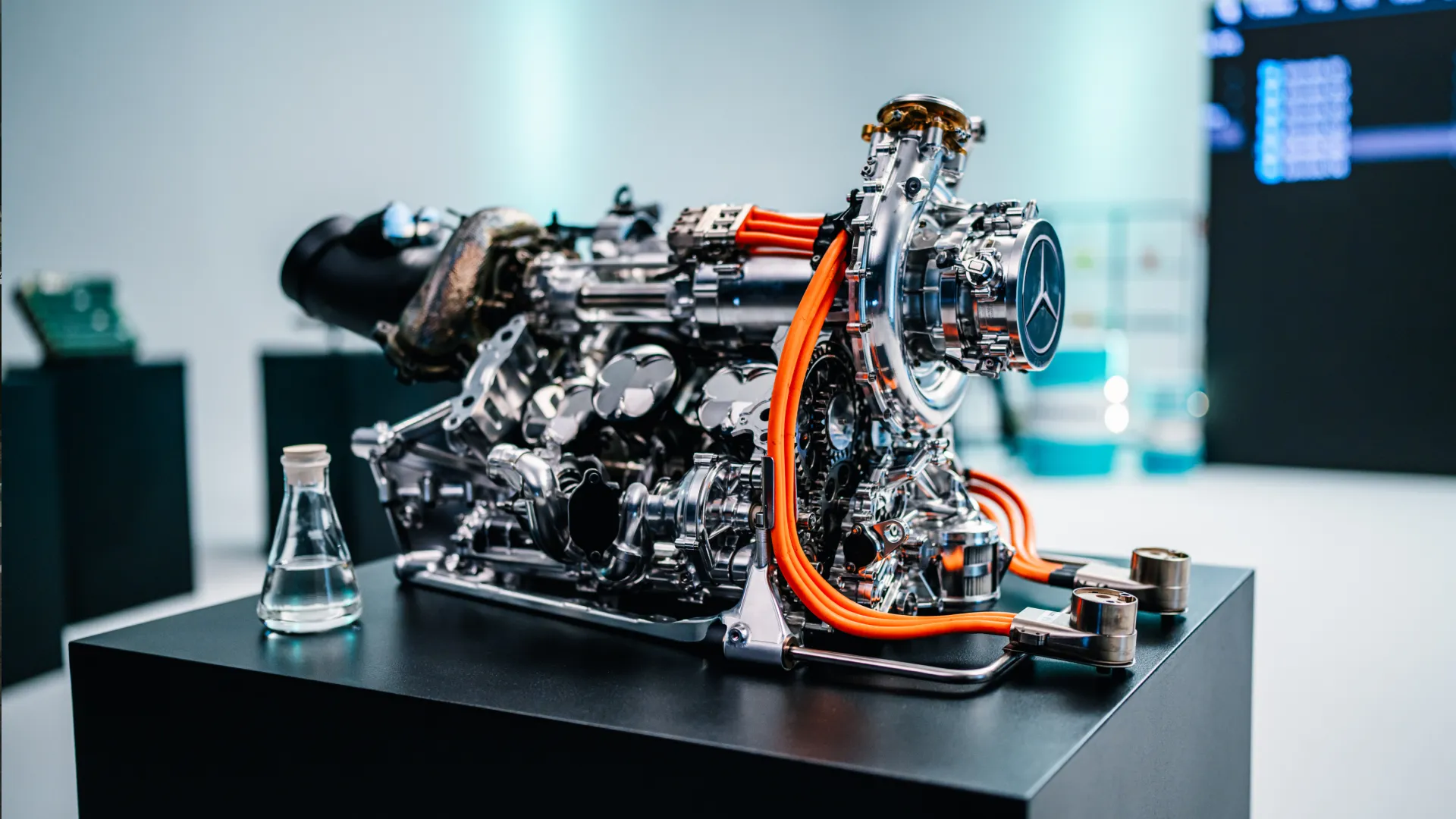
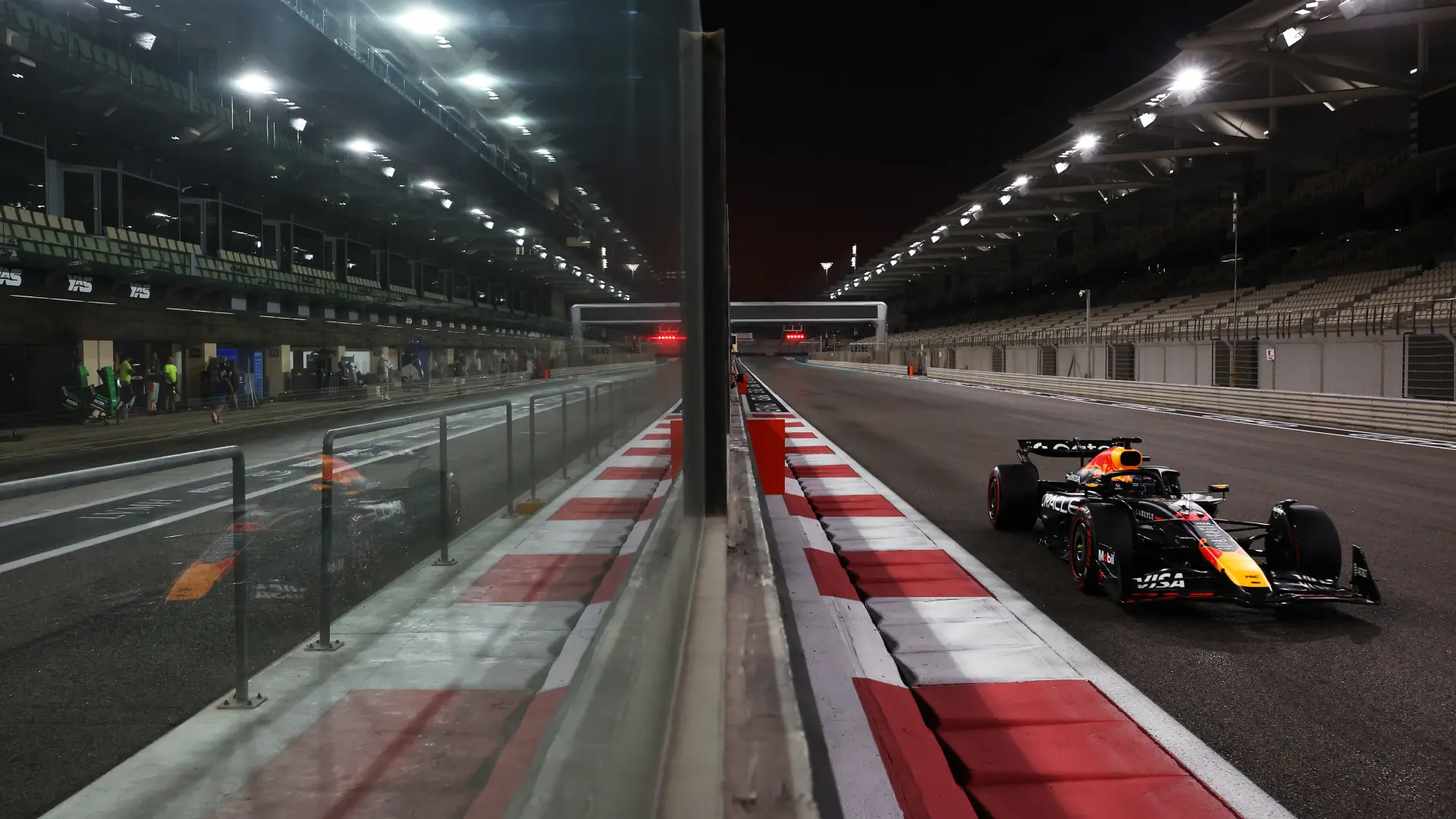
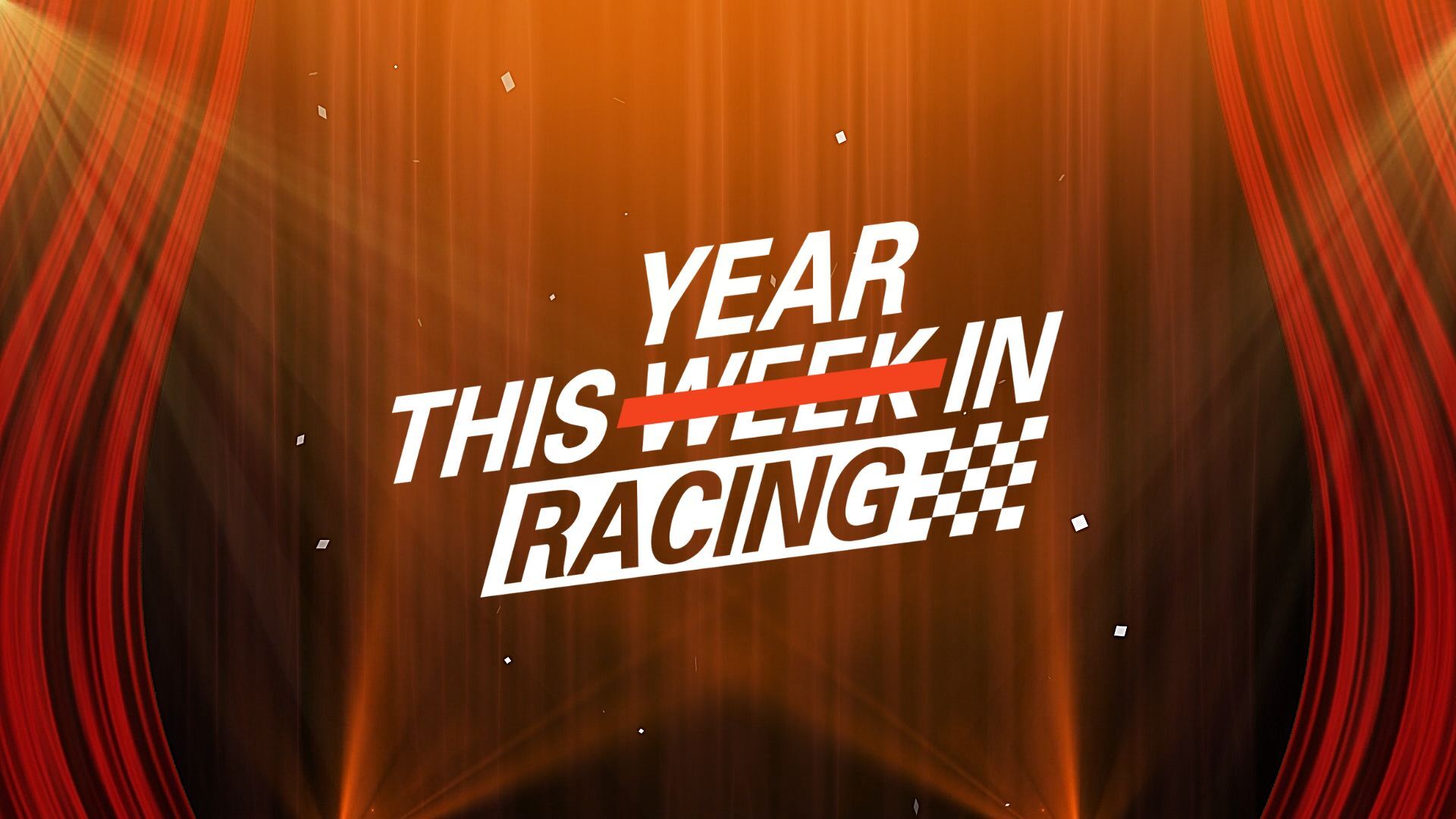
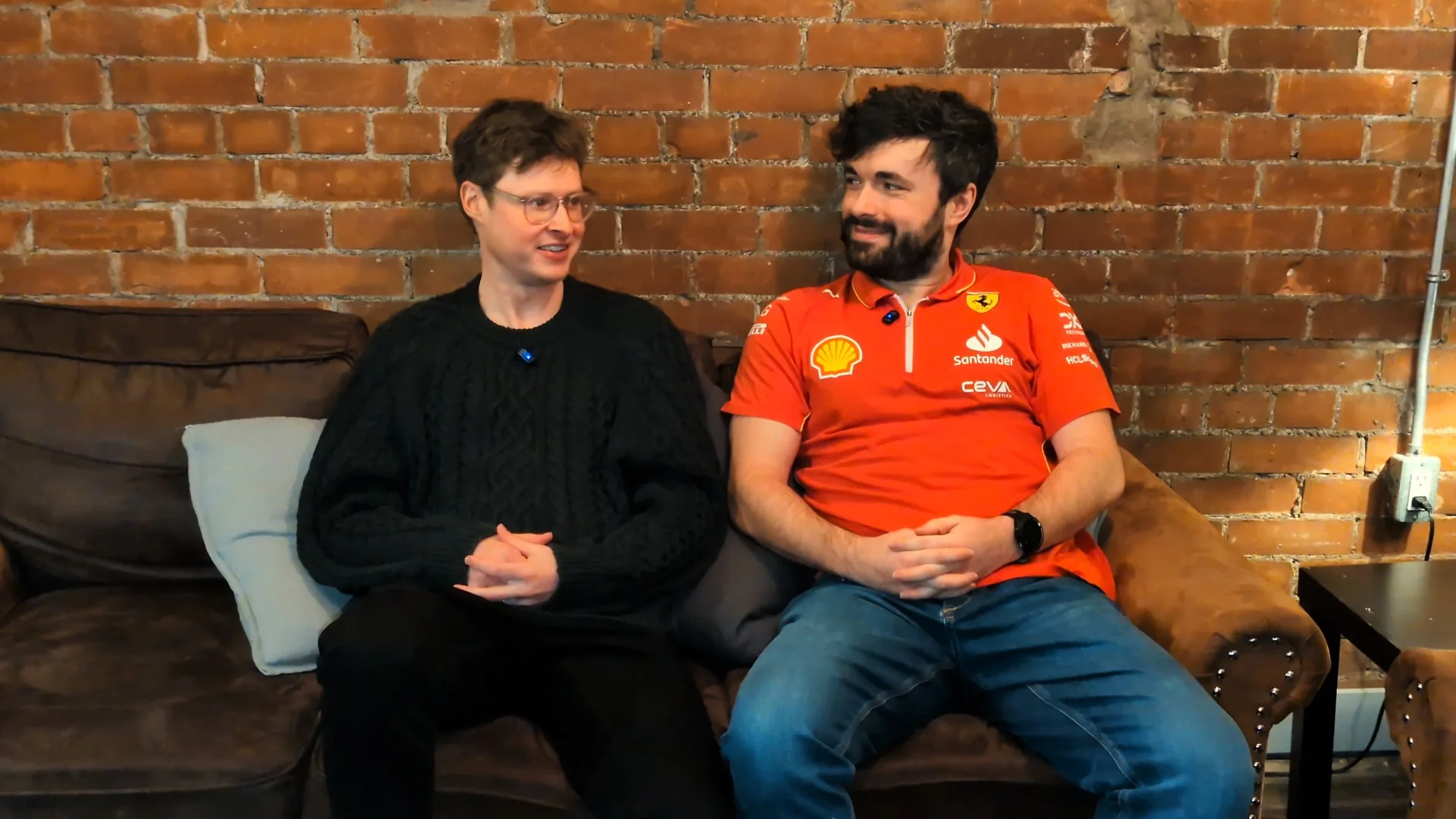
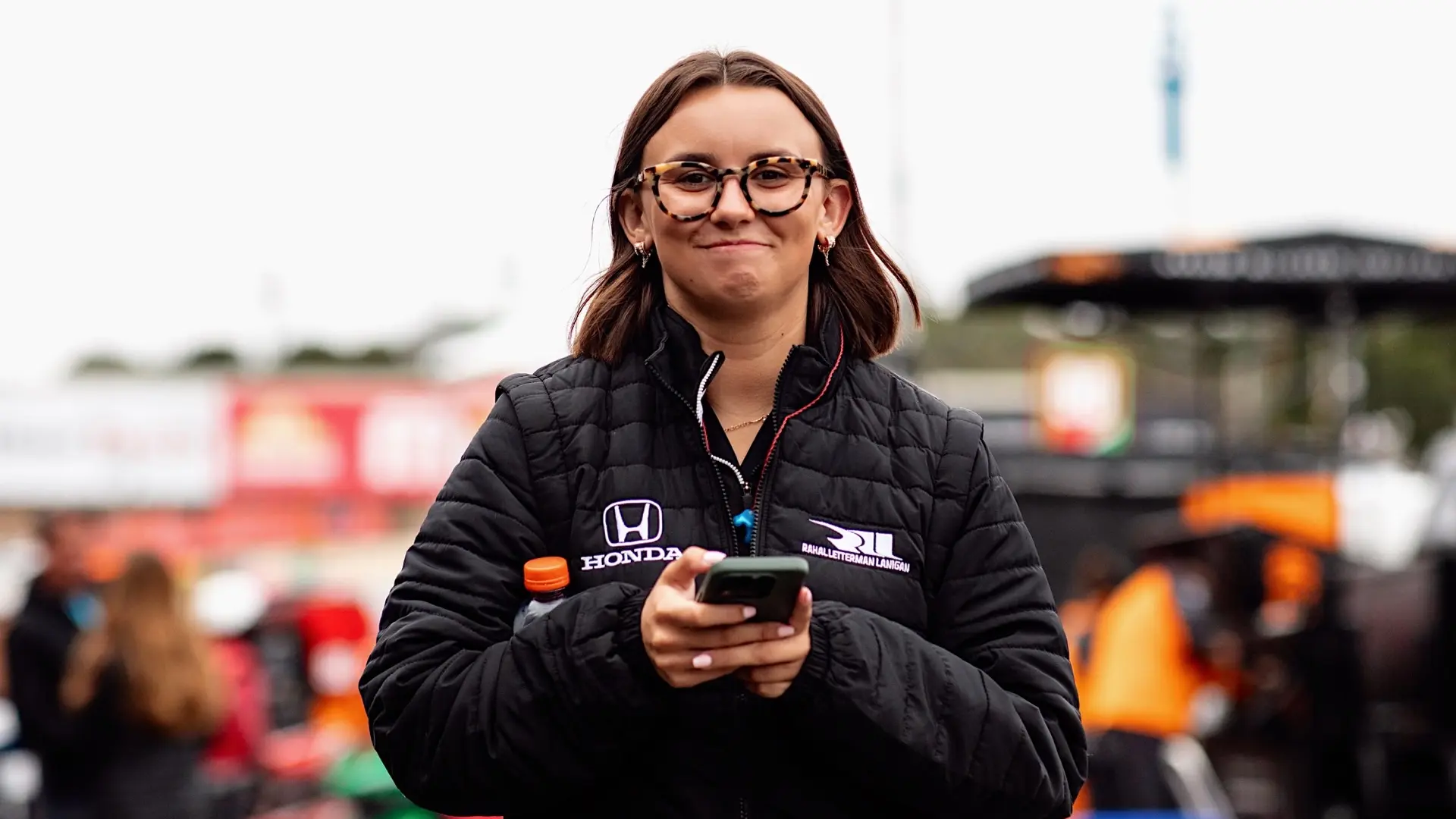
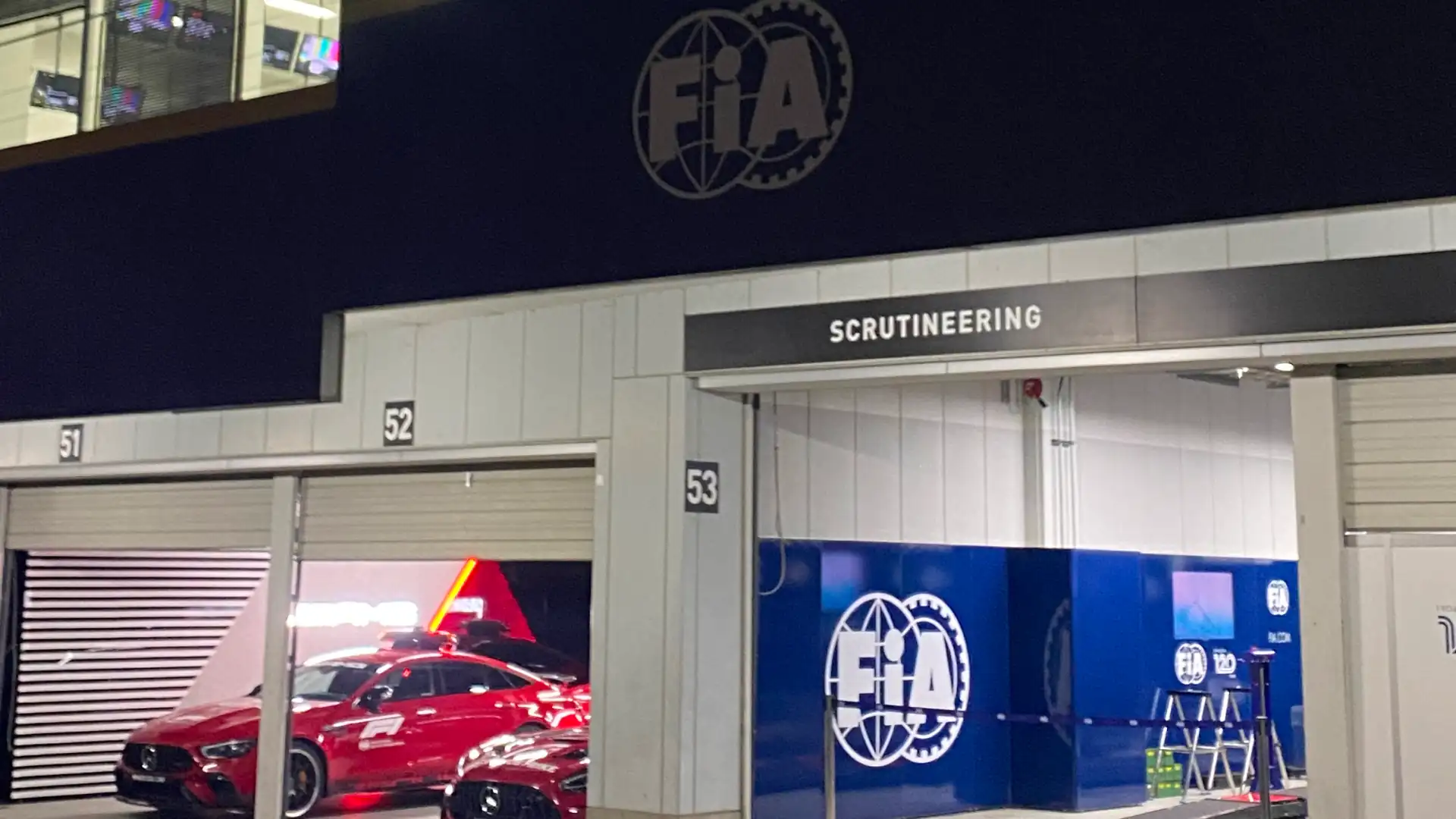
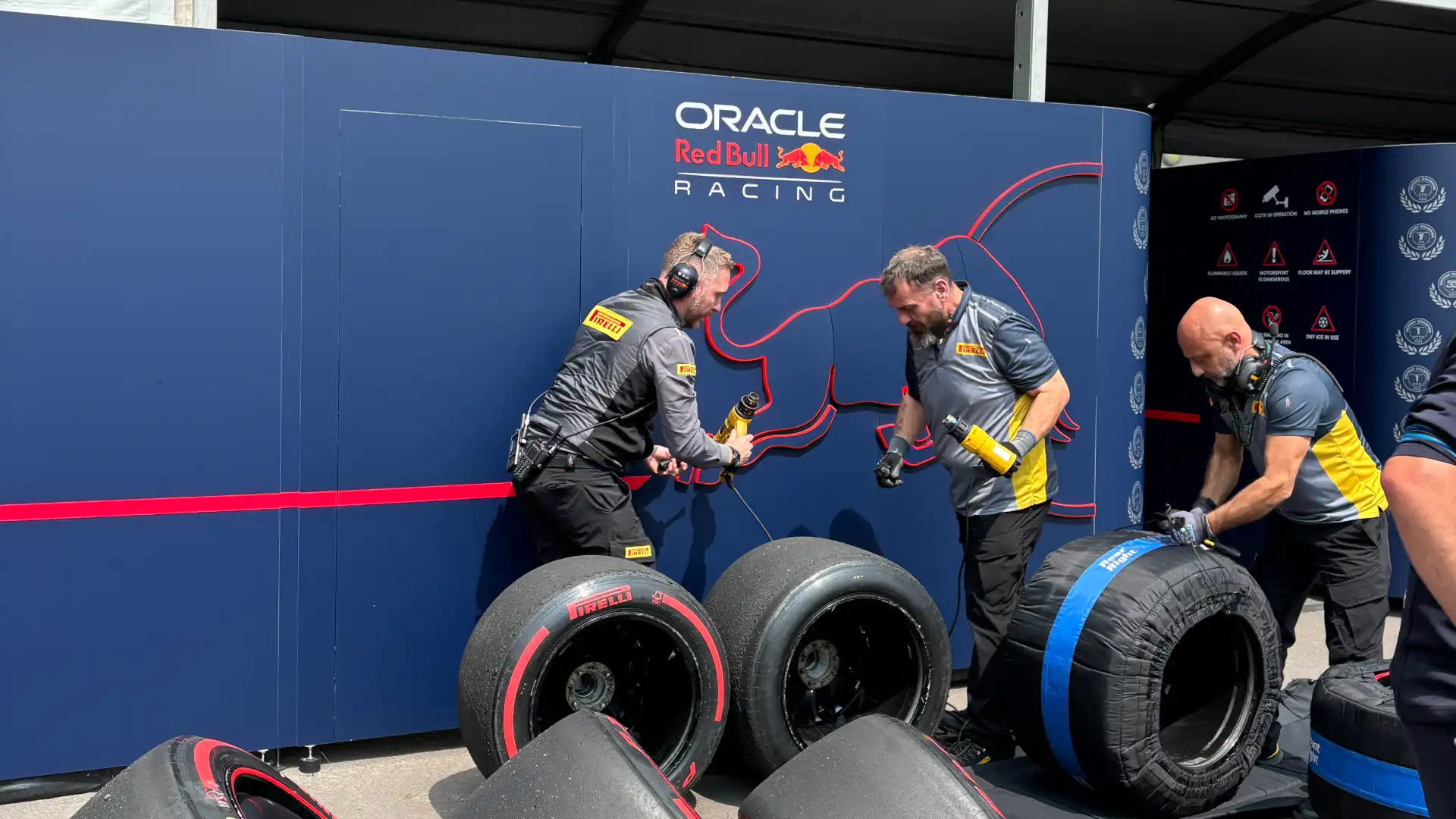
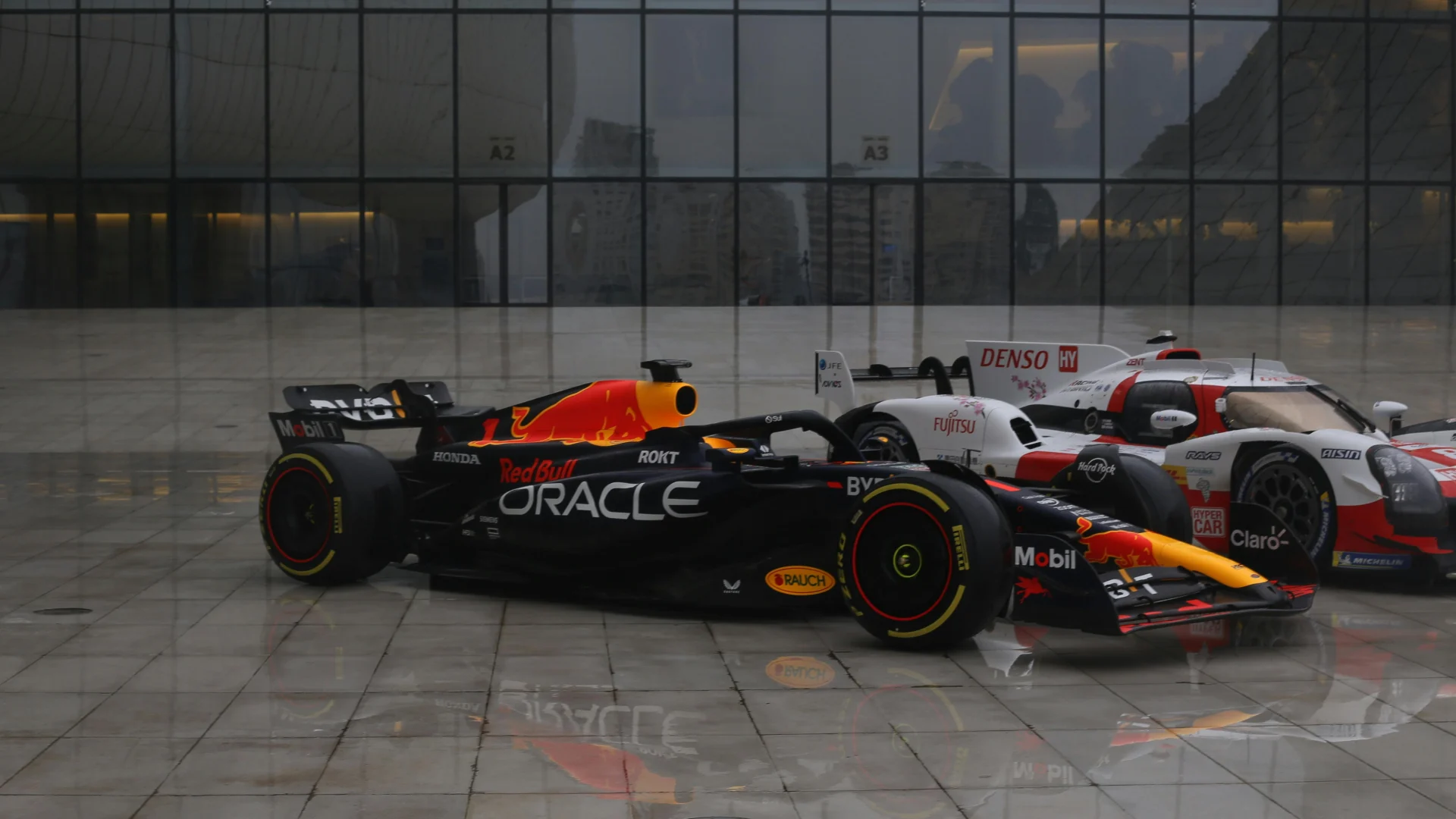

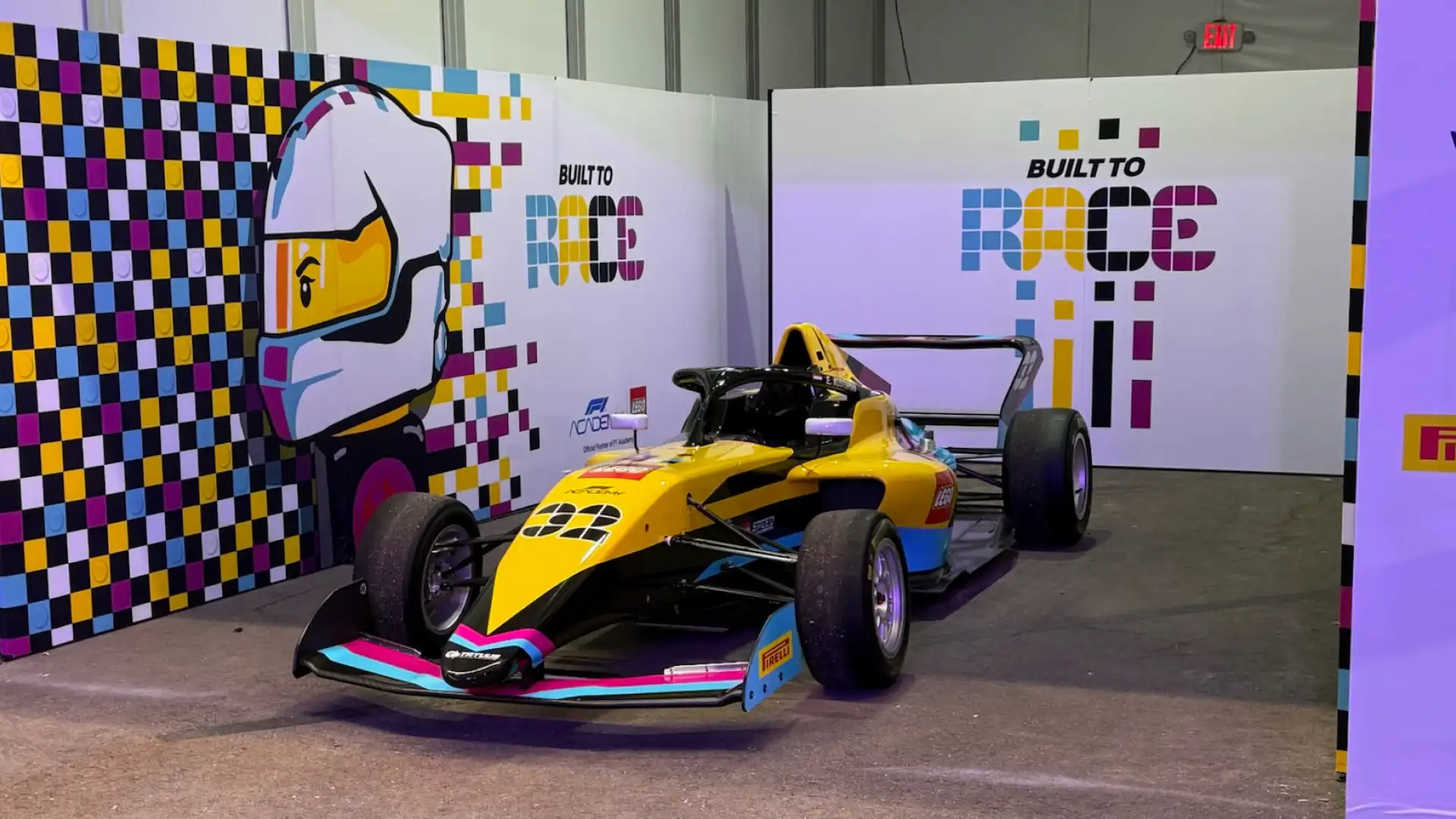
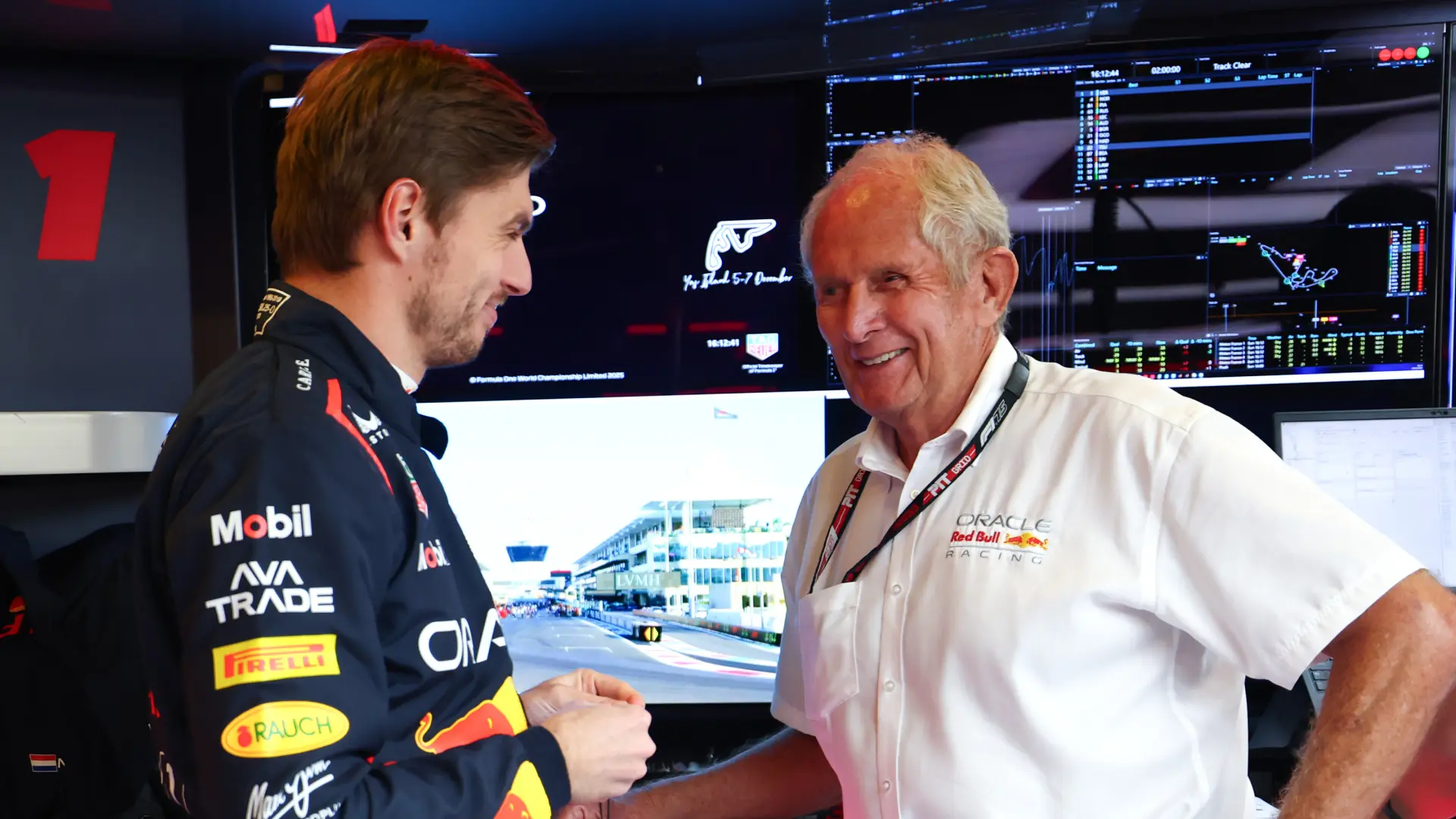
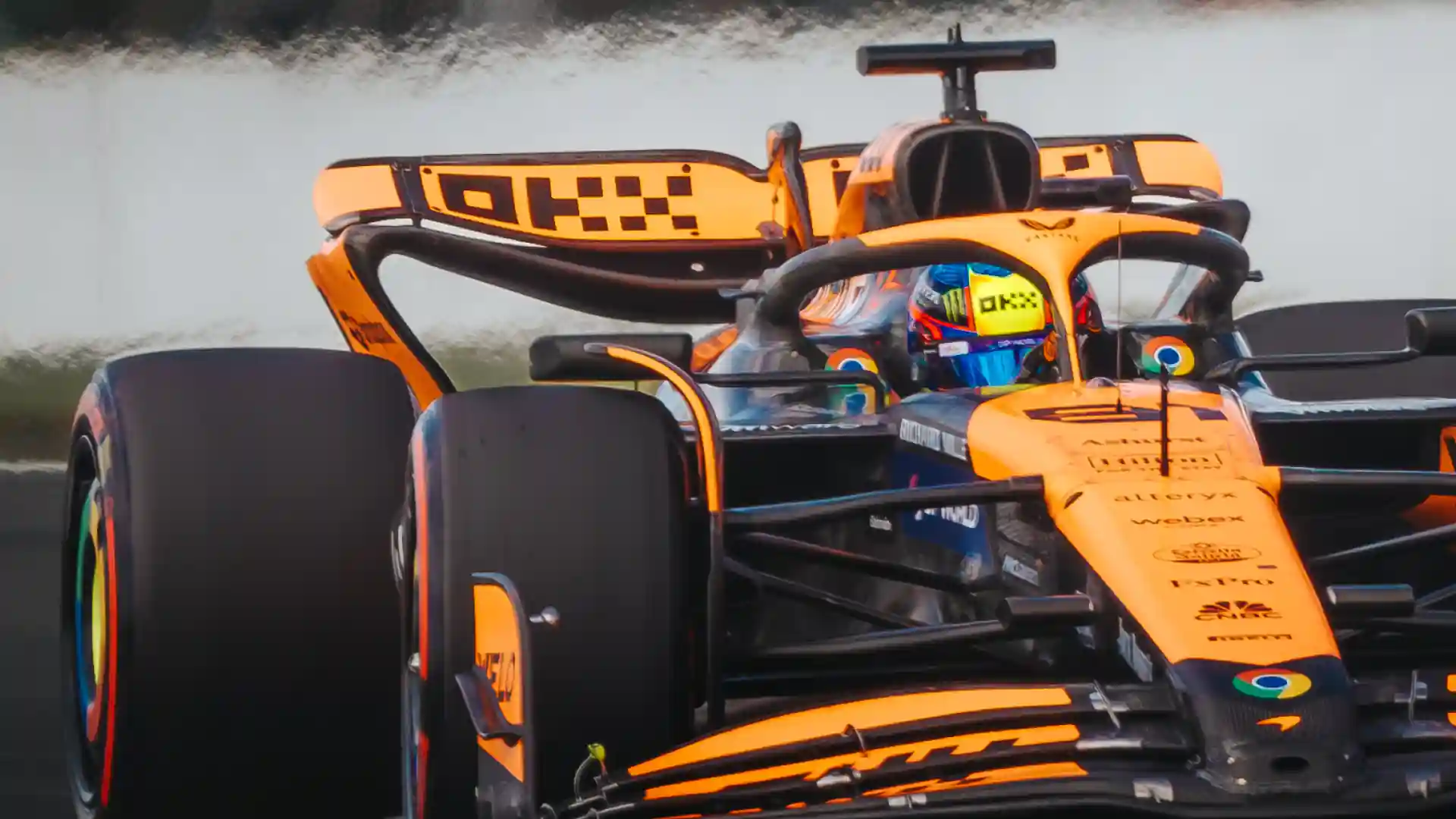

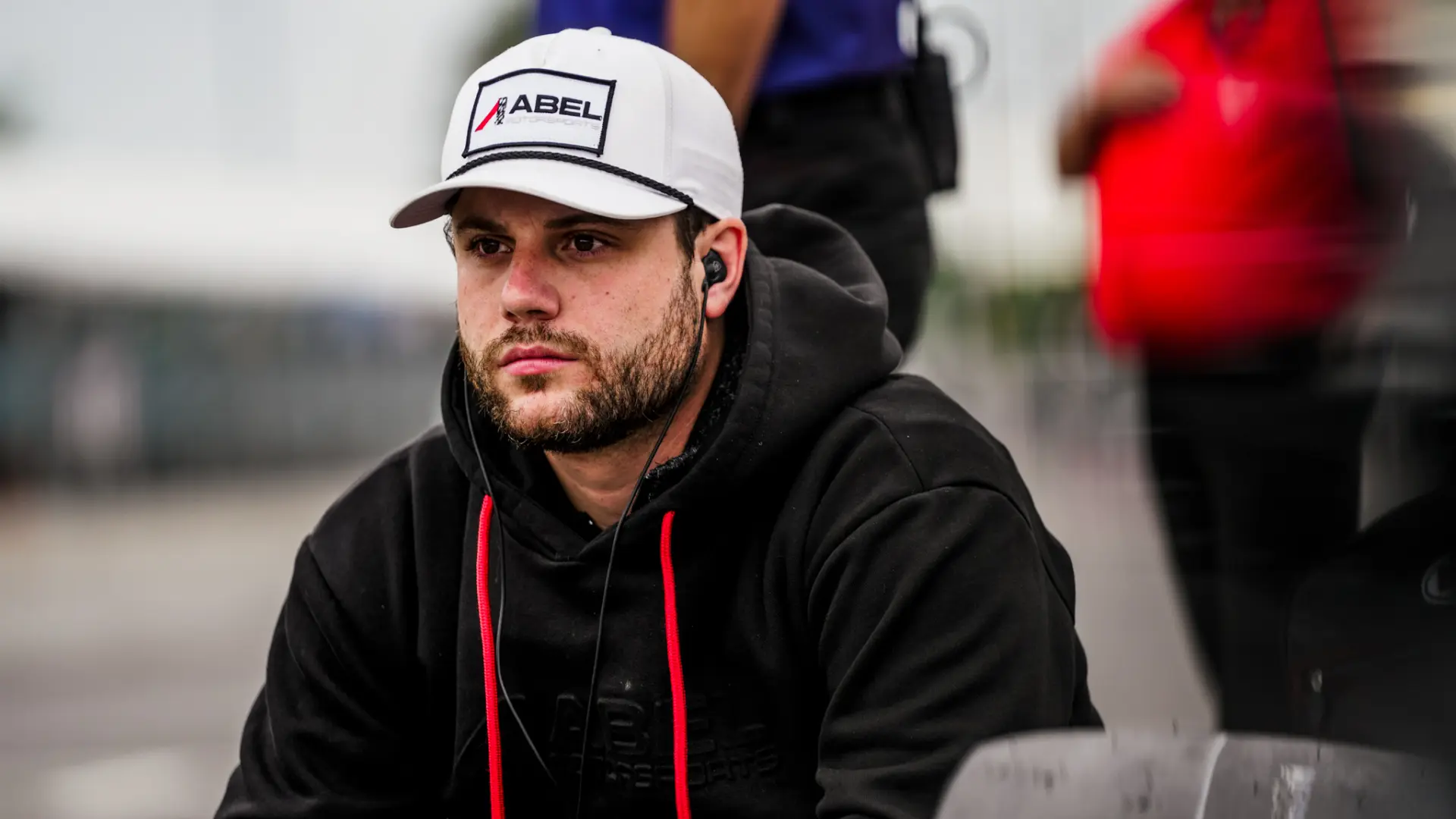

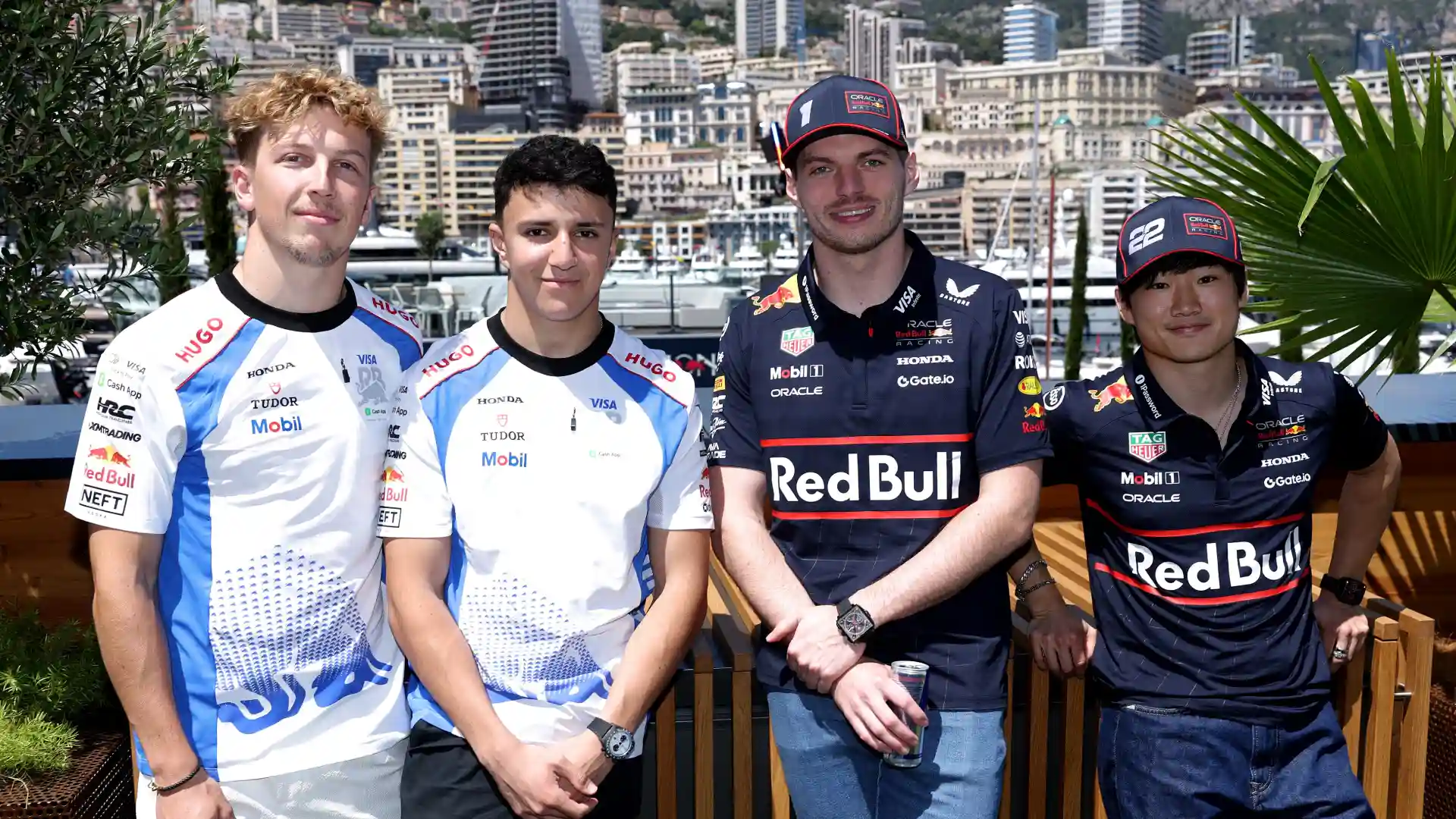
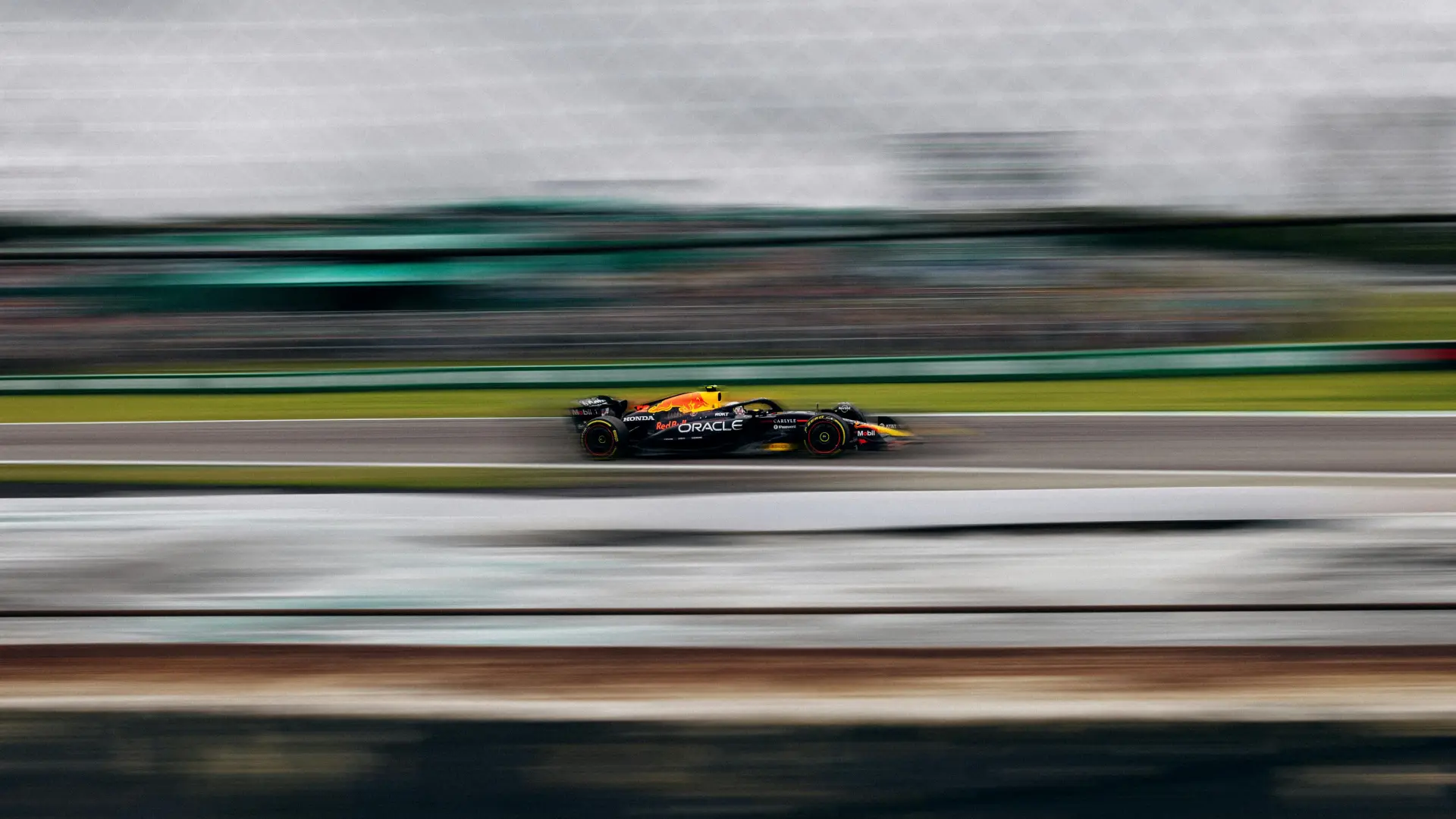
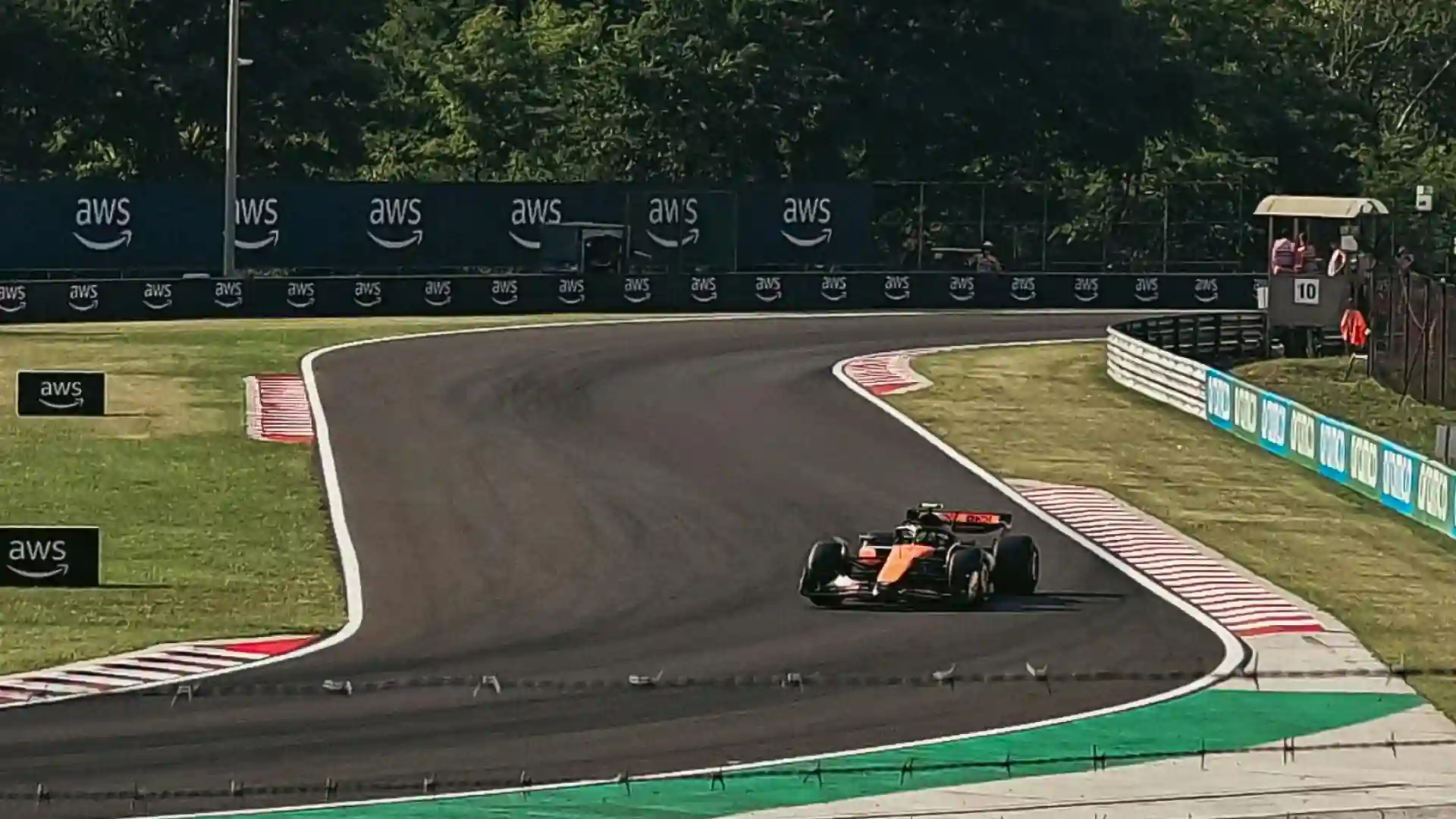
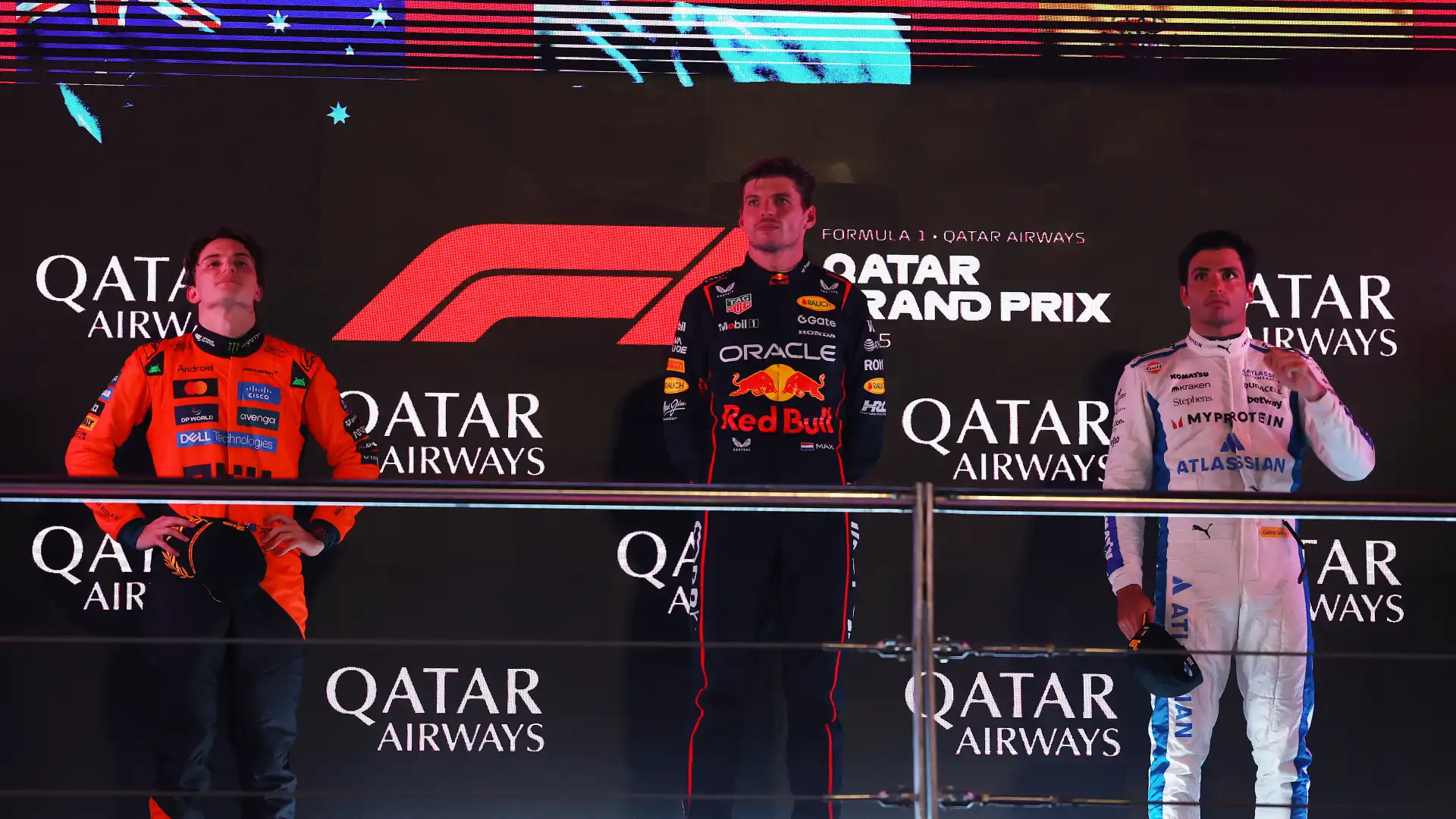
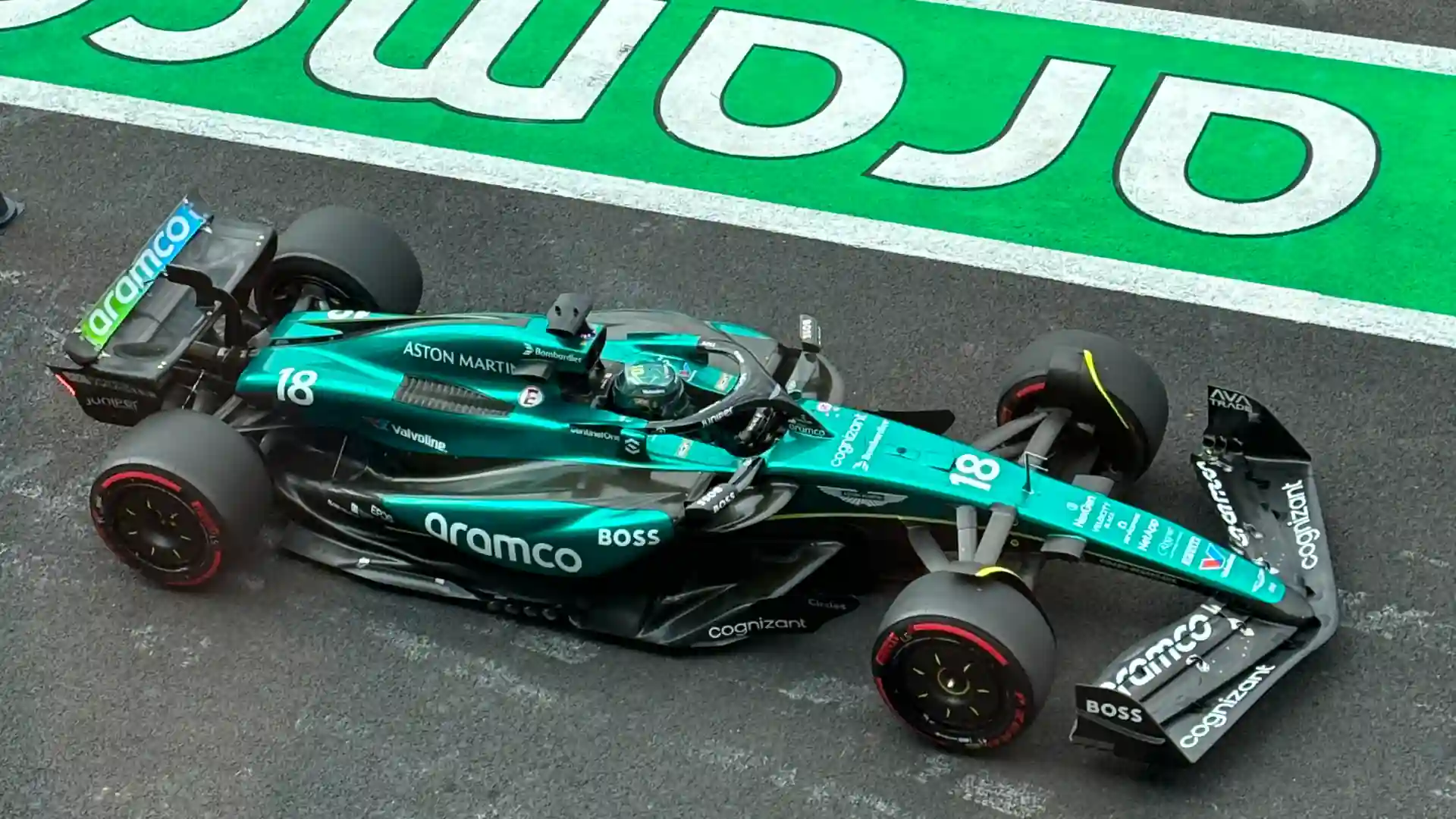

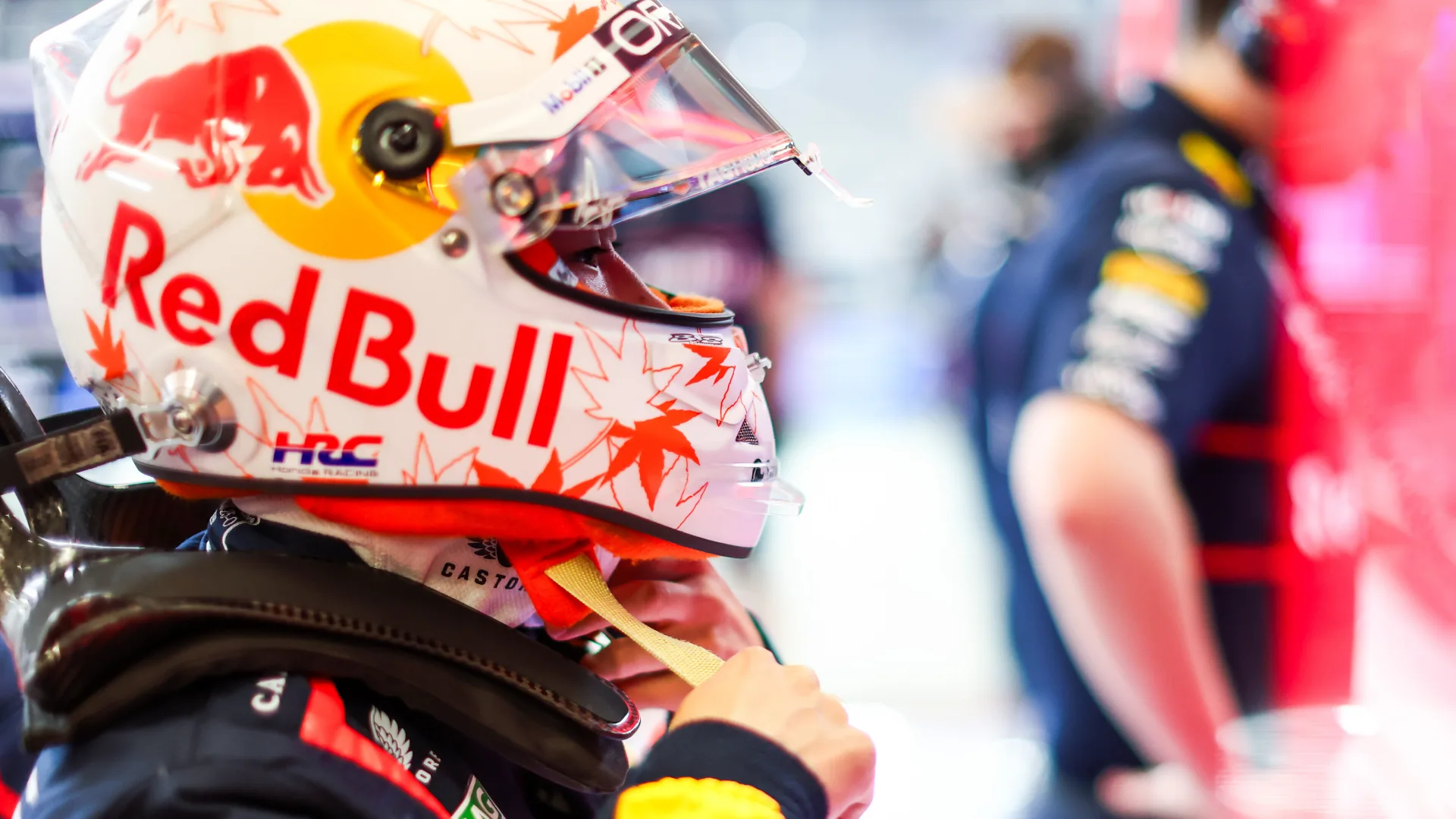

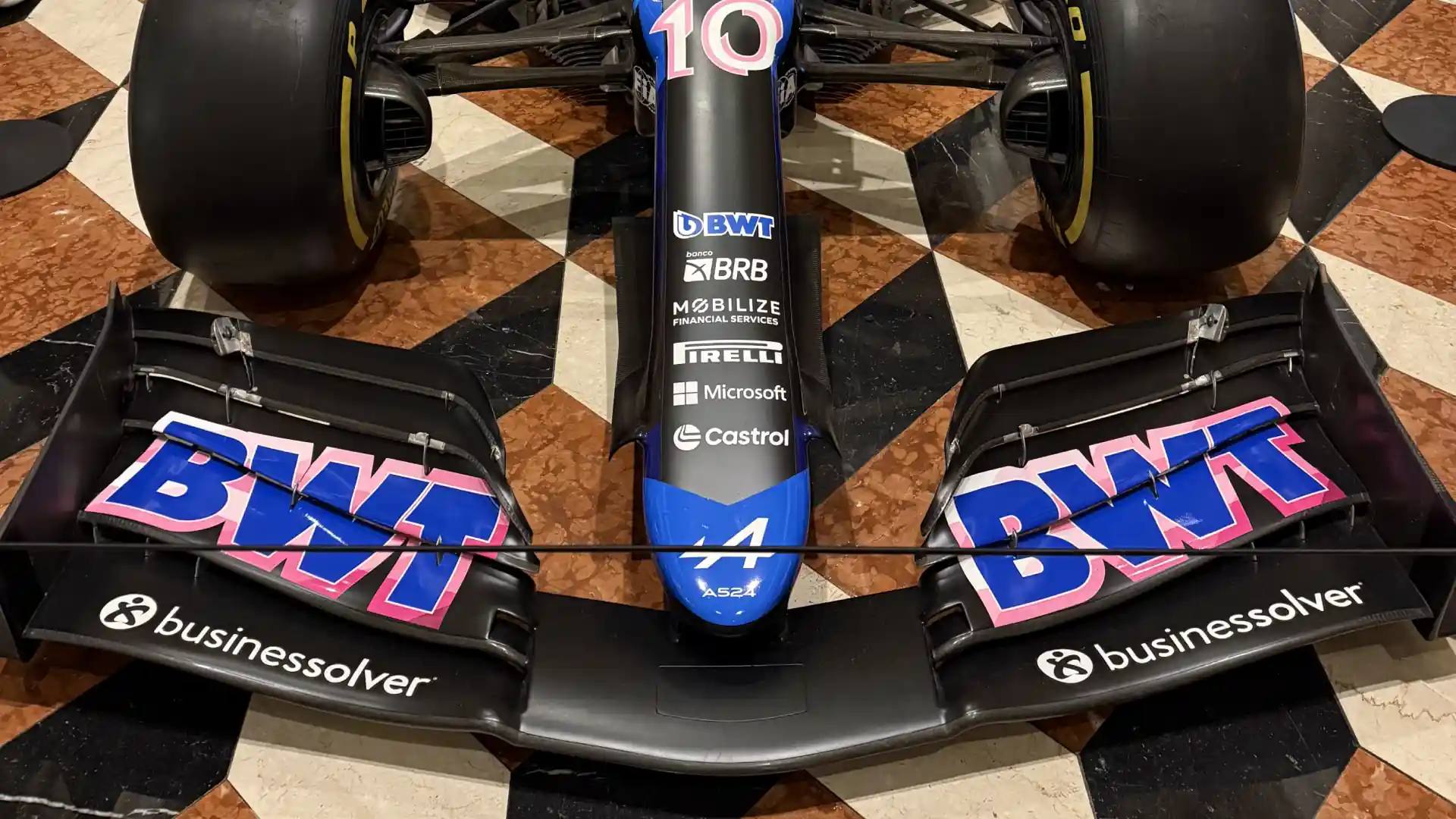
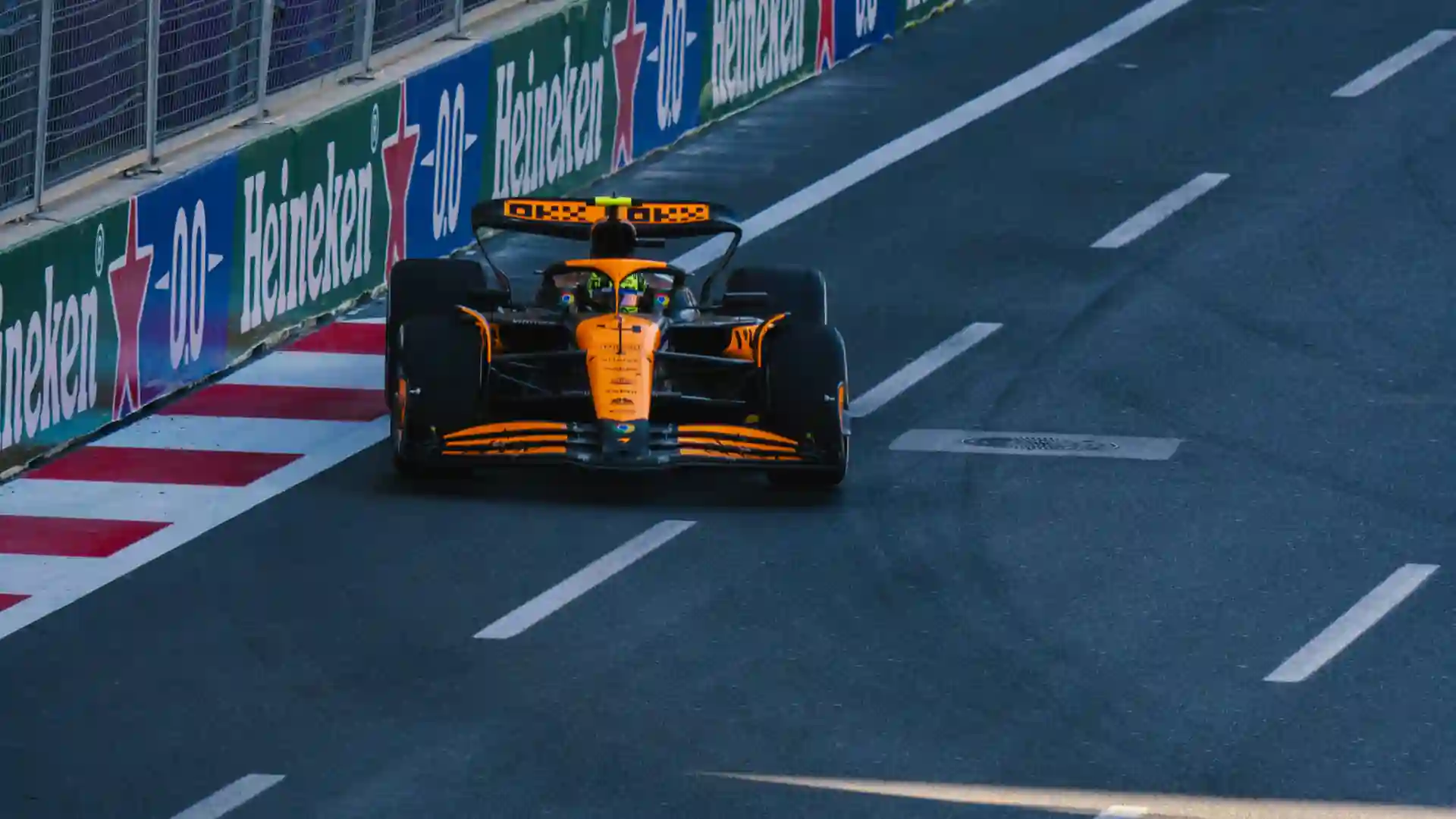
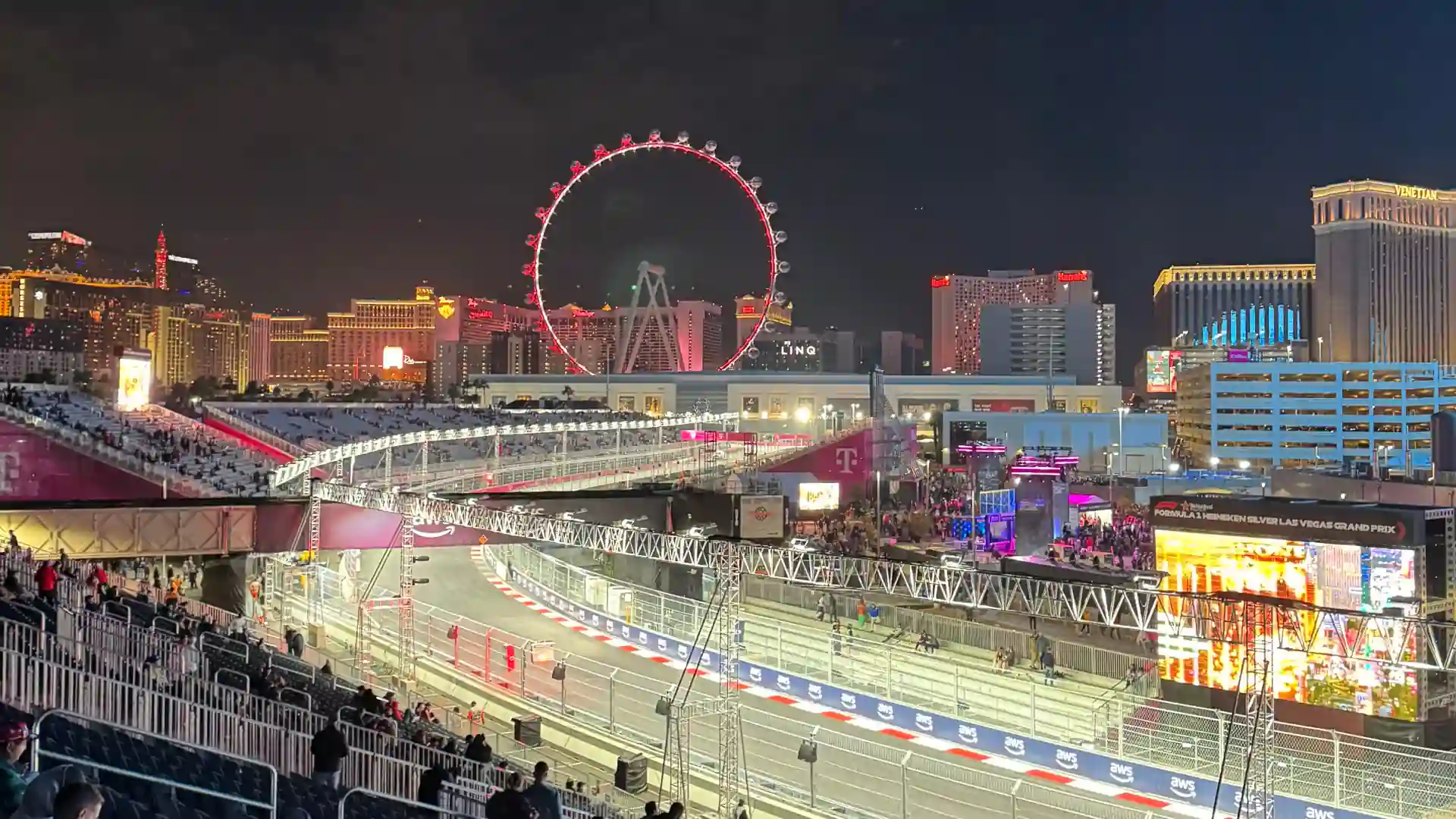
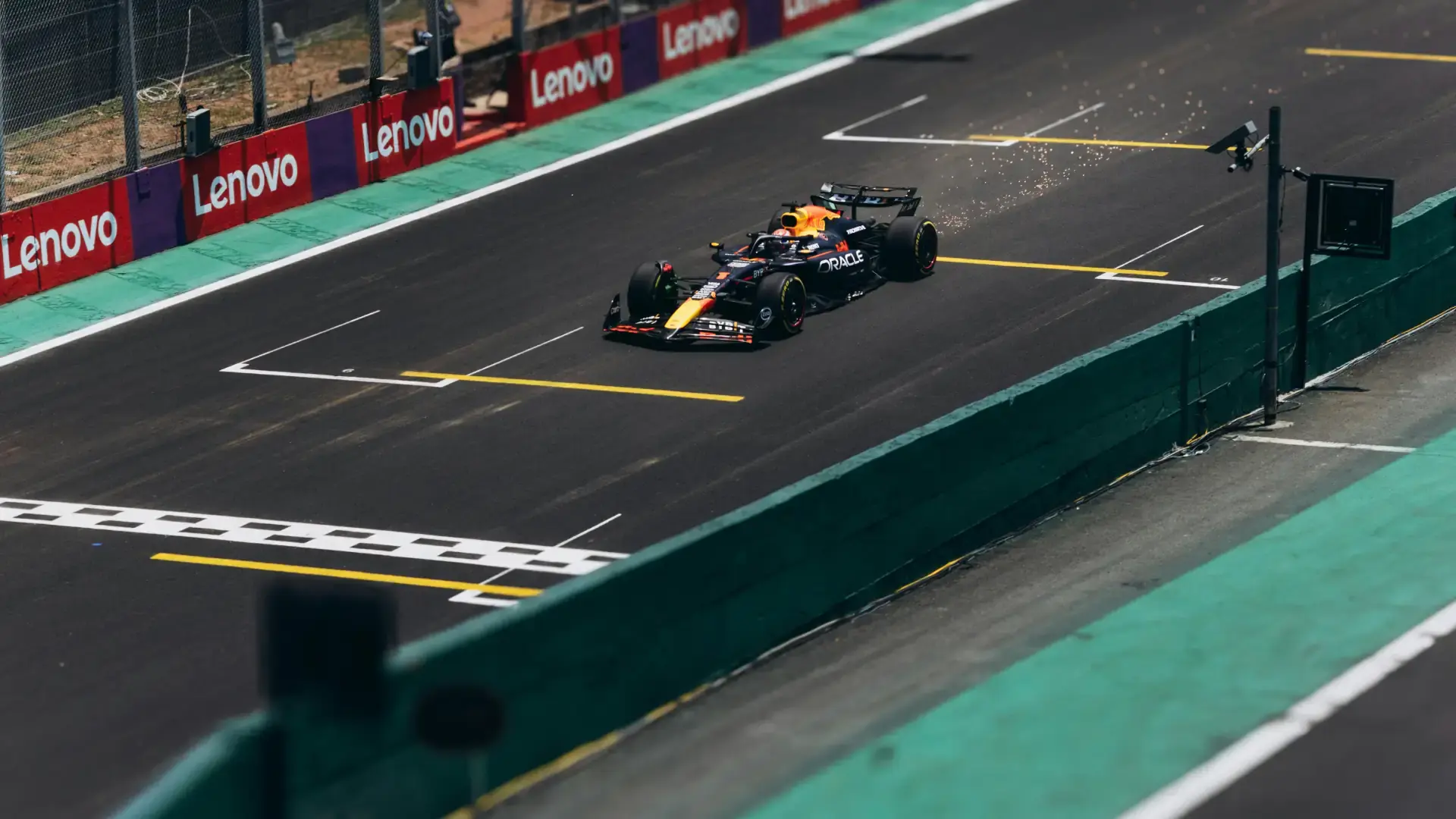

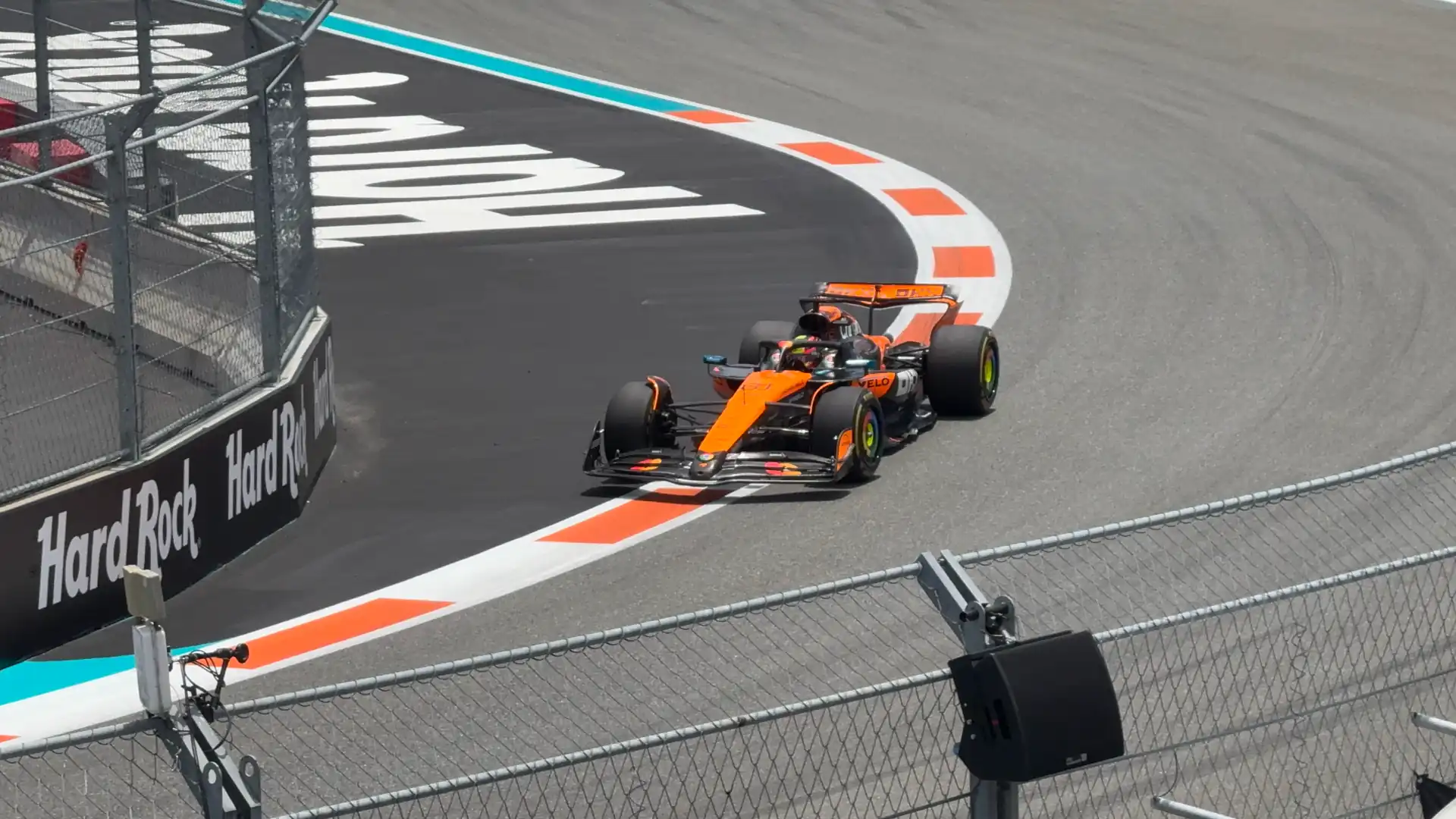
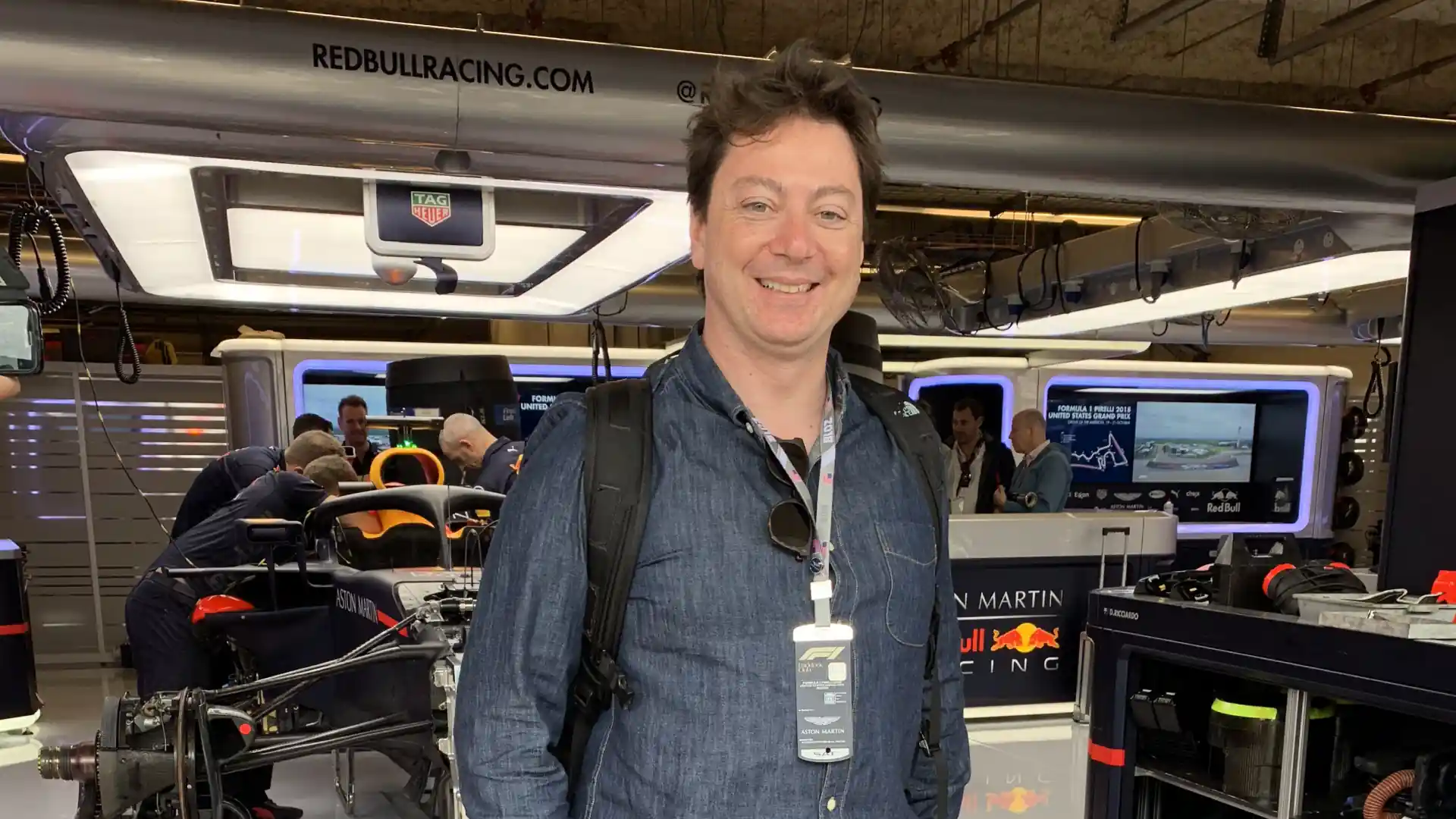
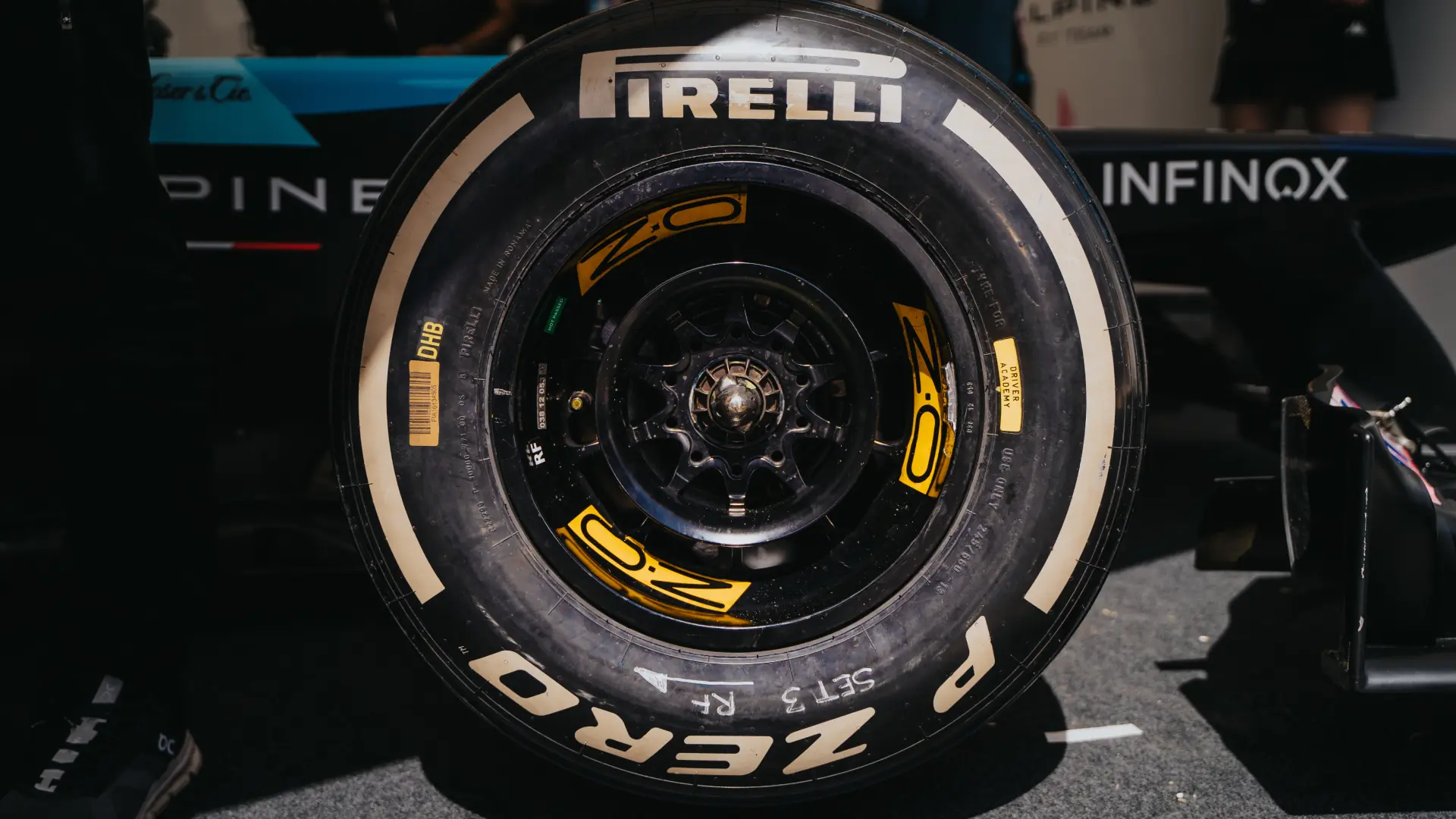
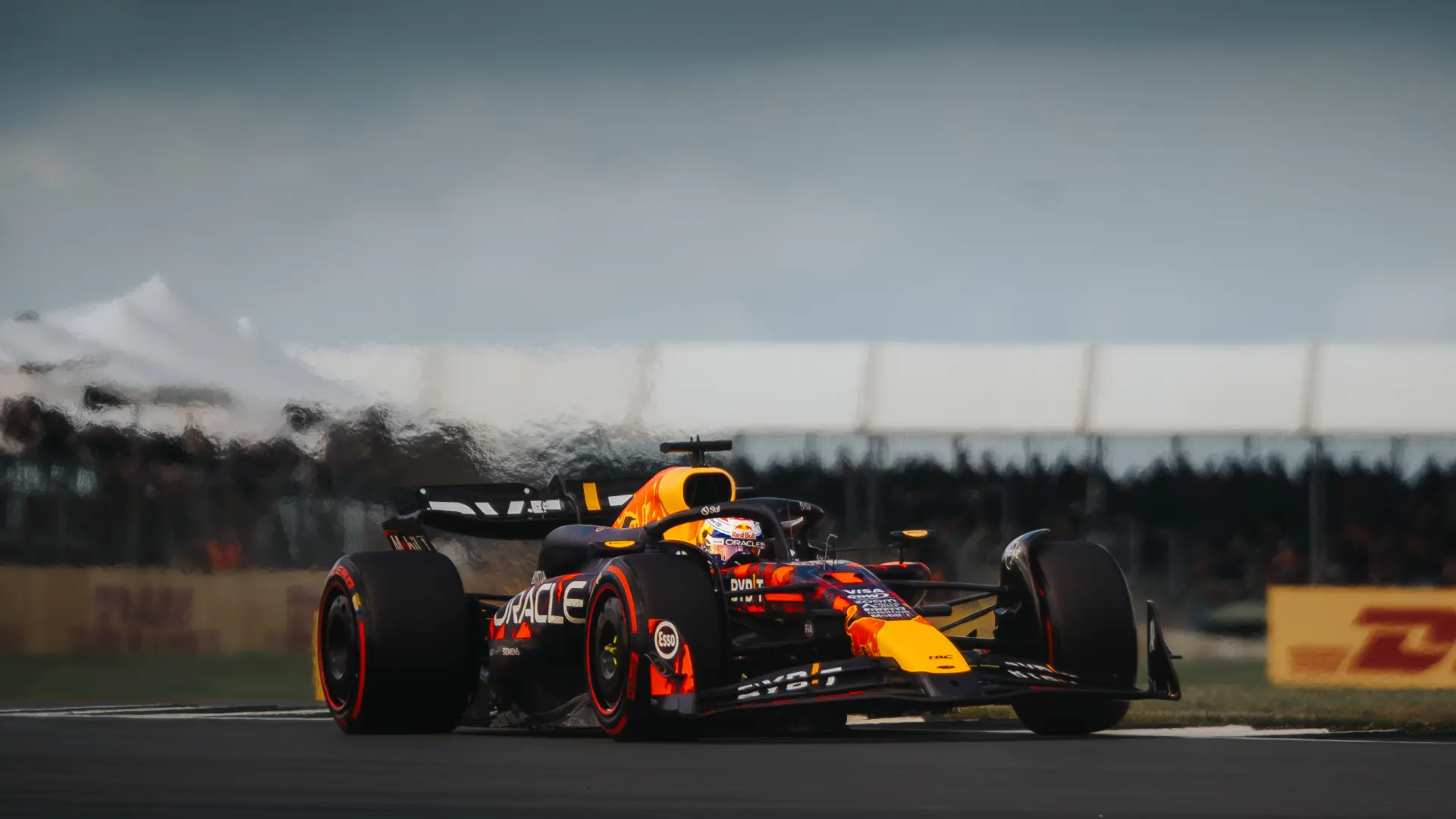
.webp)

